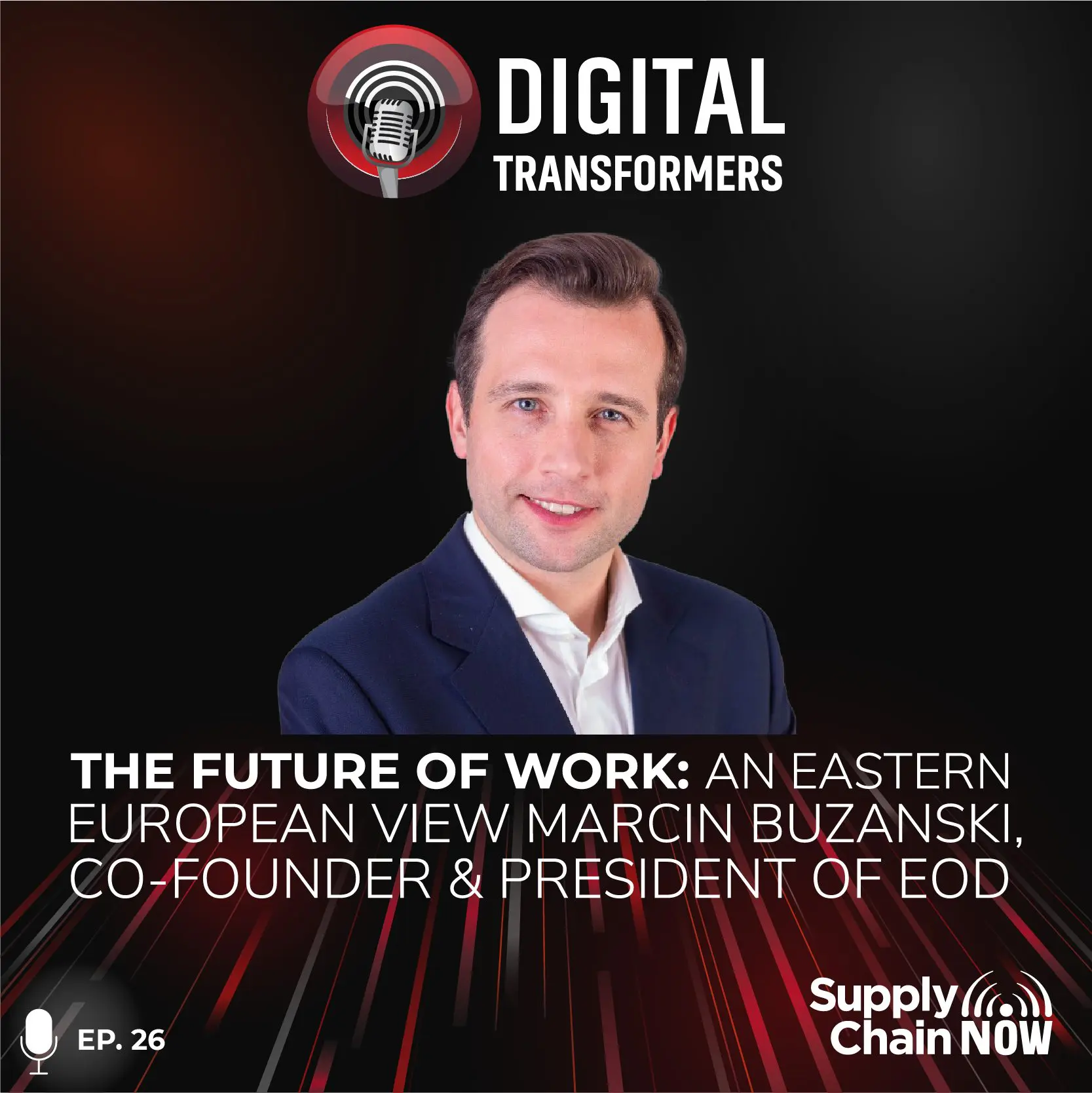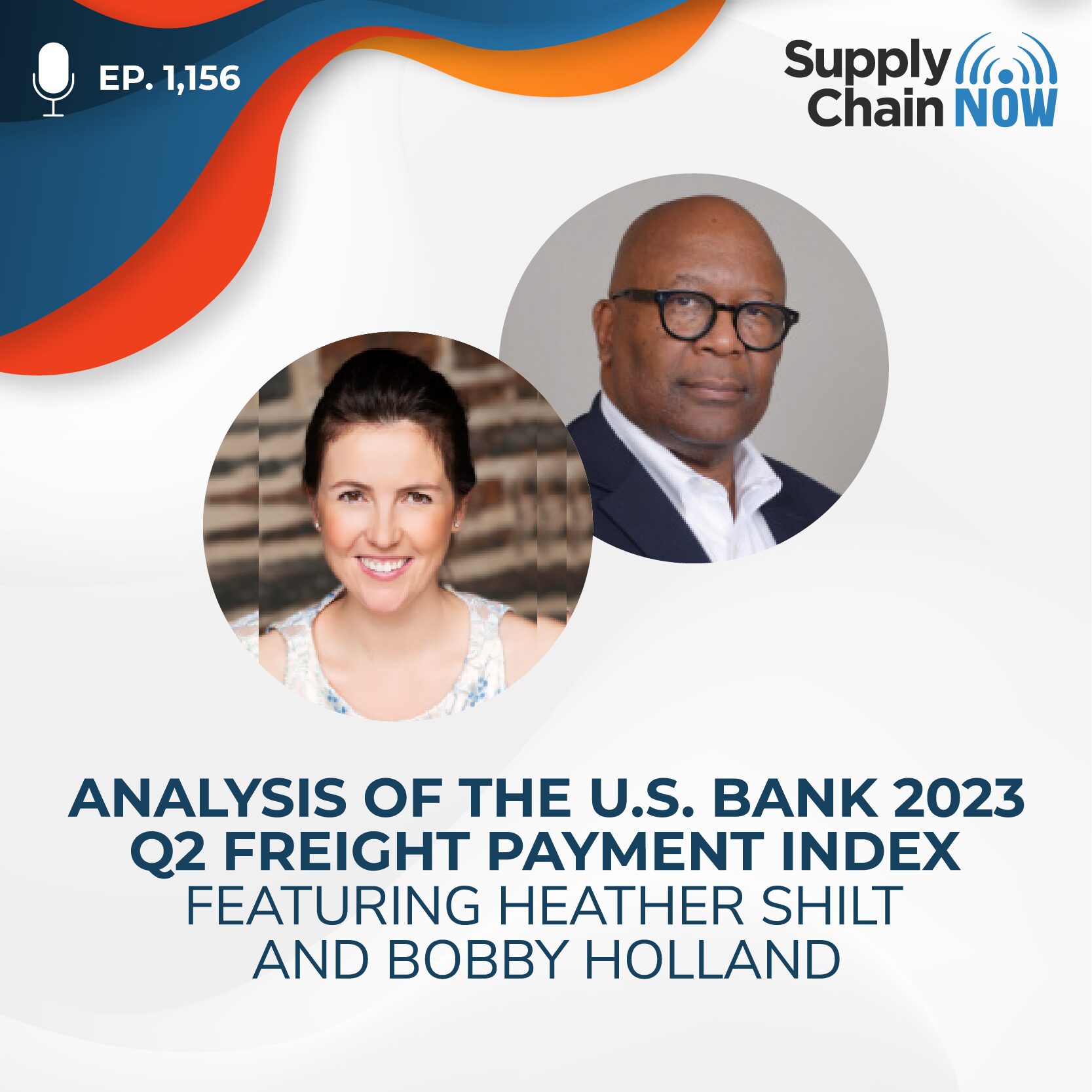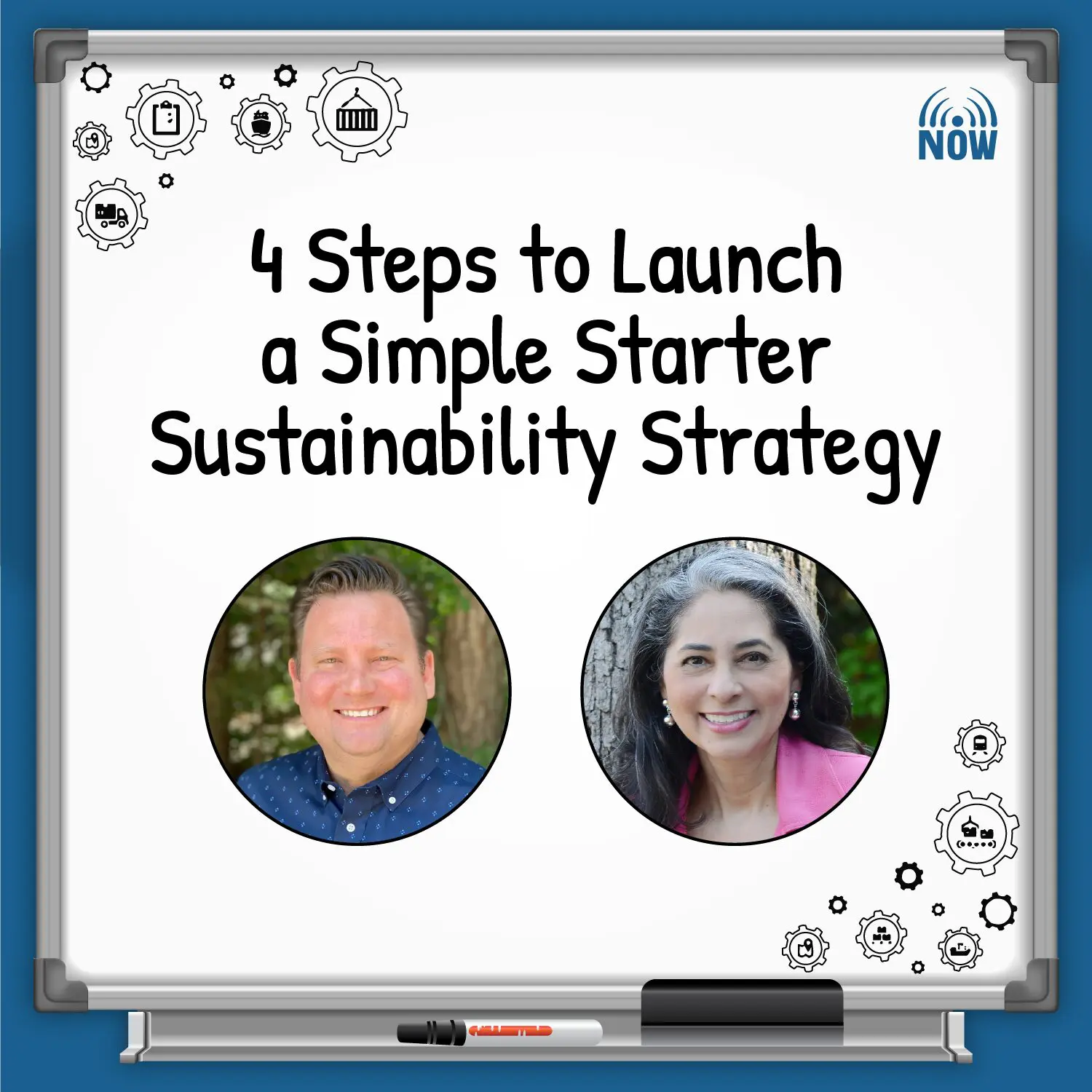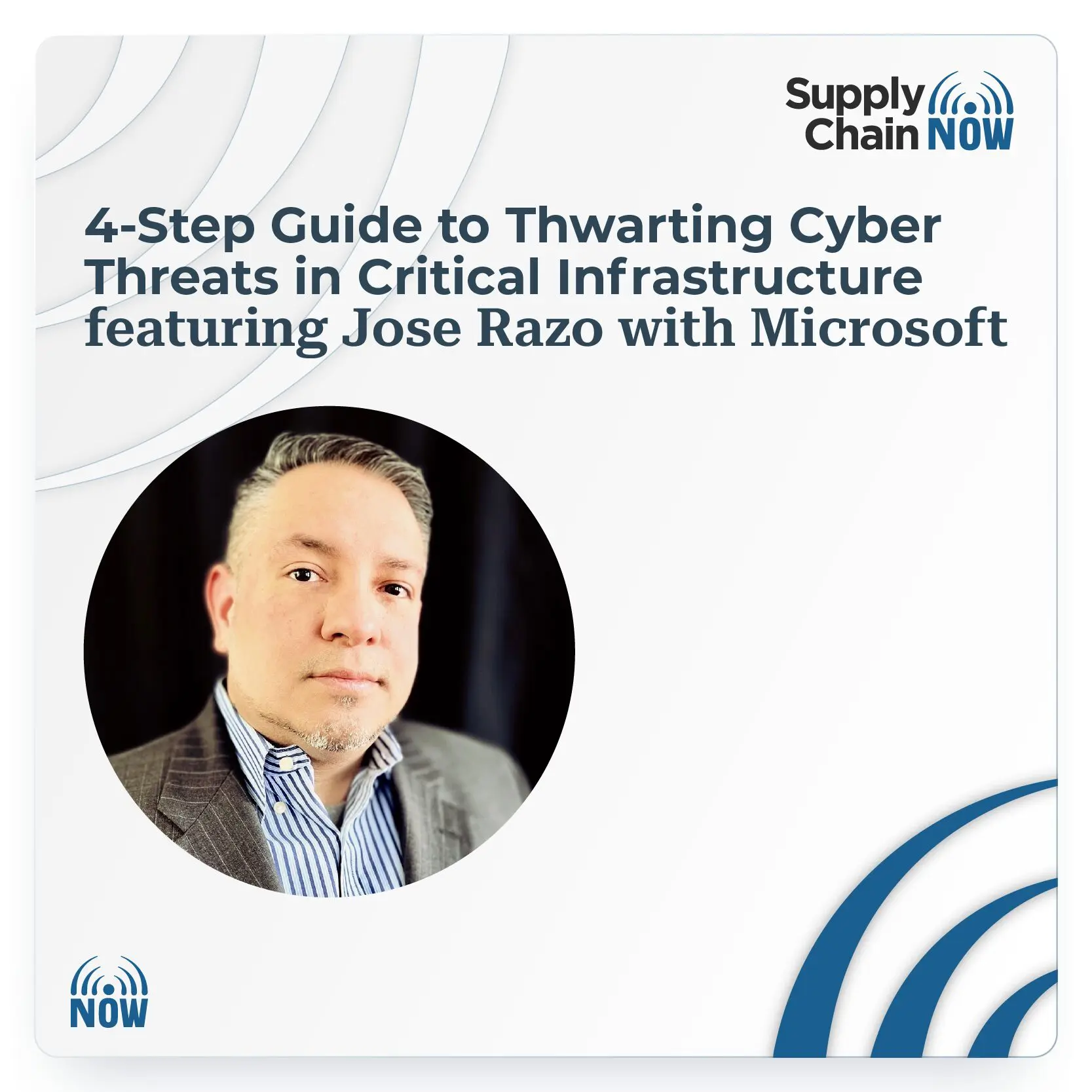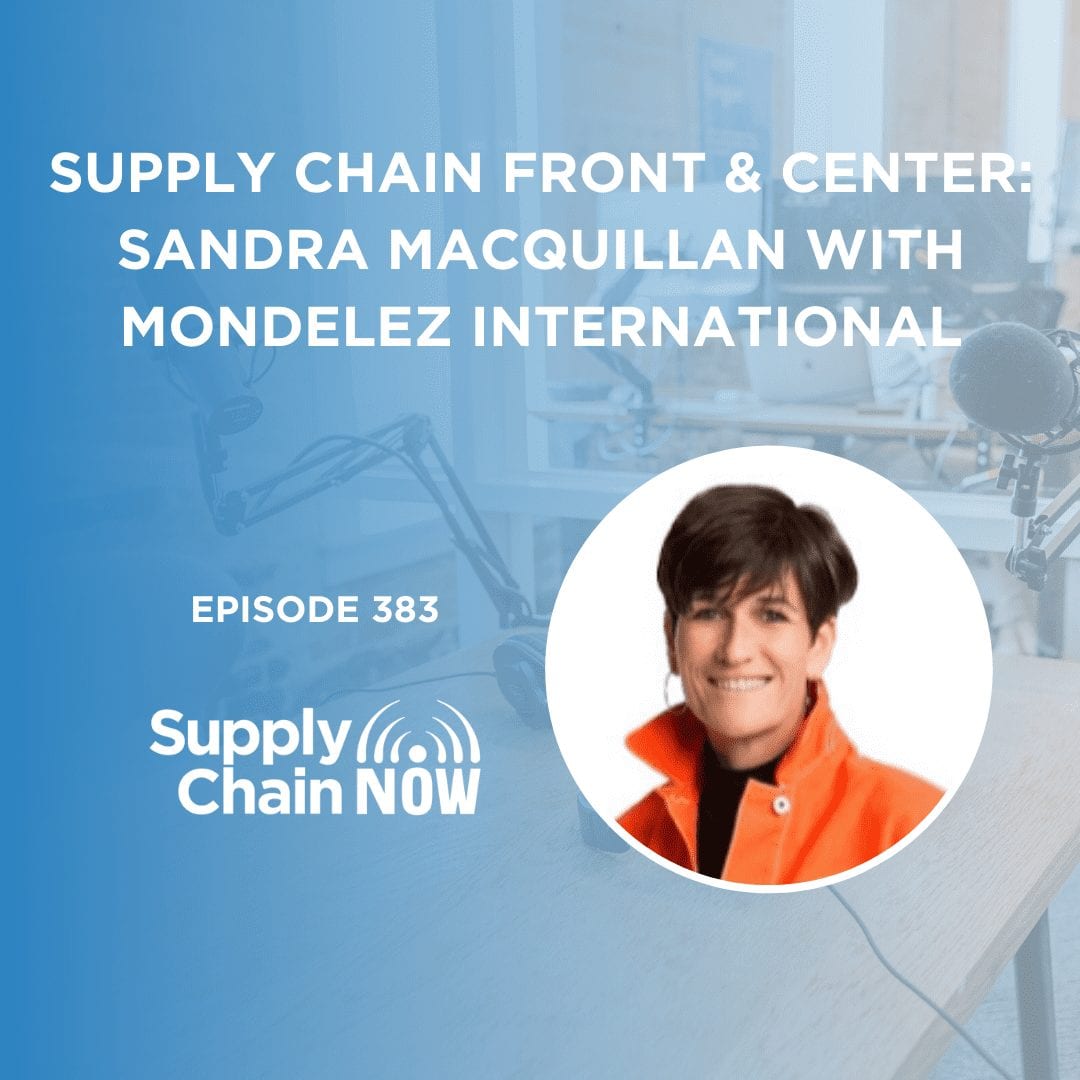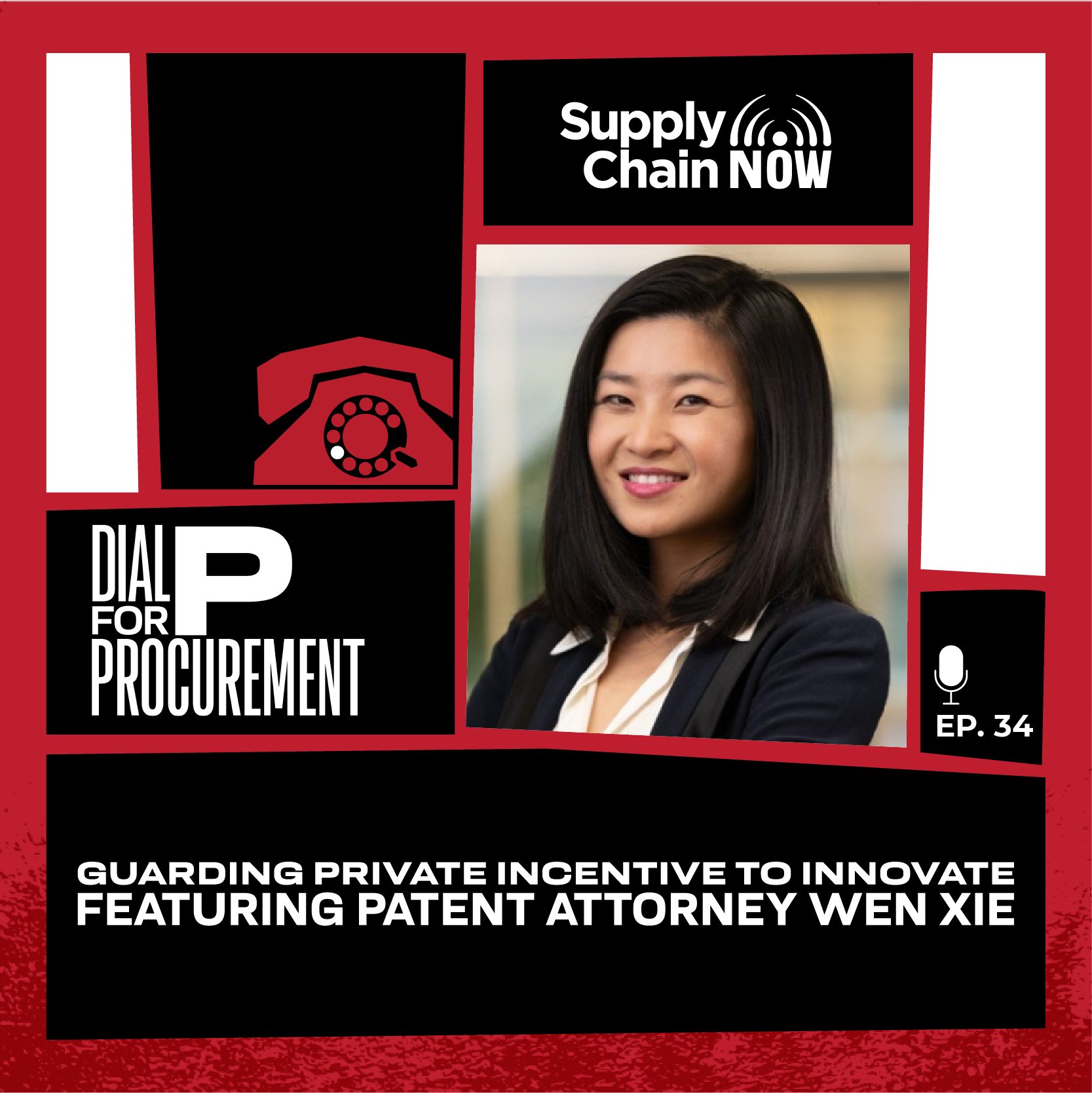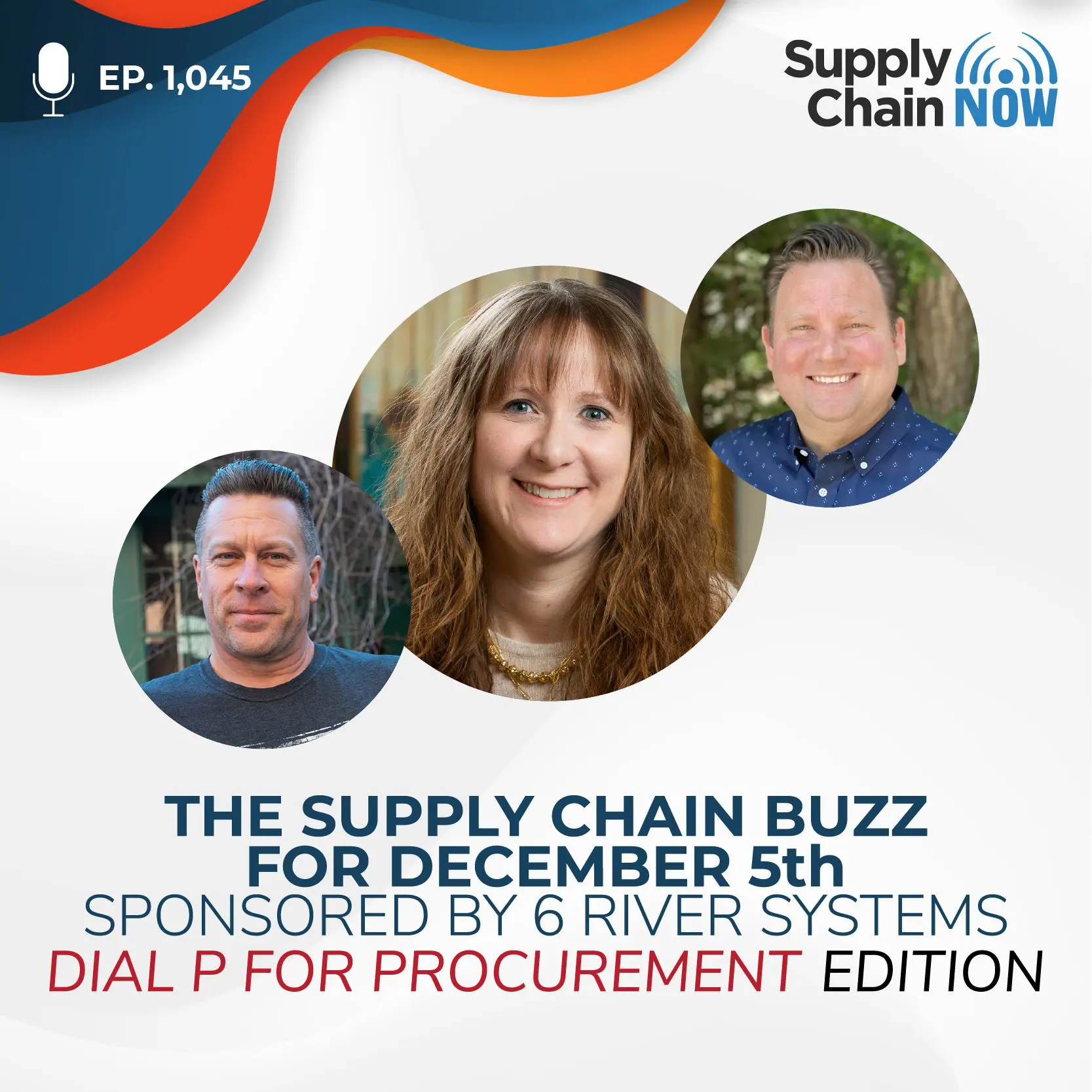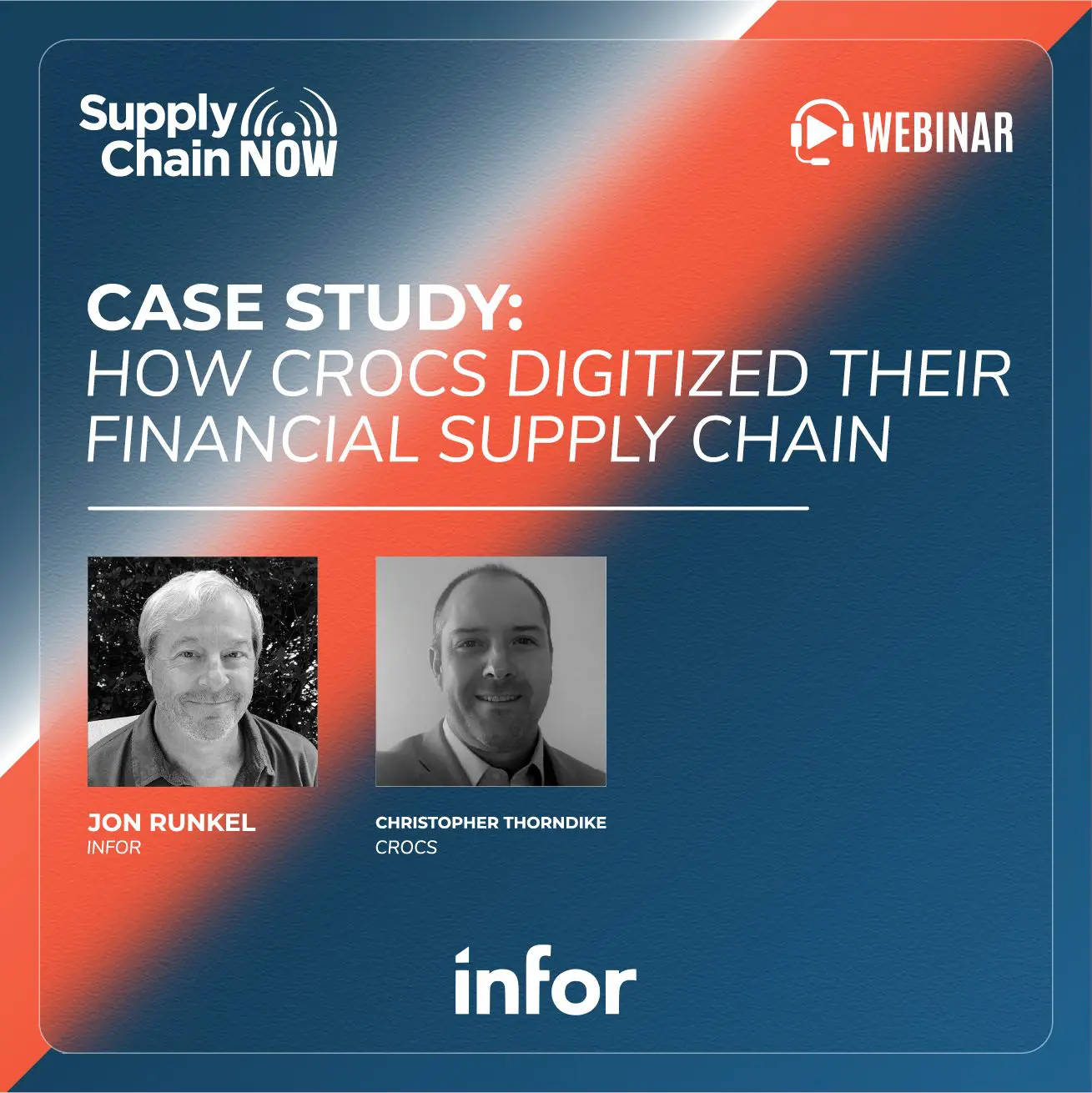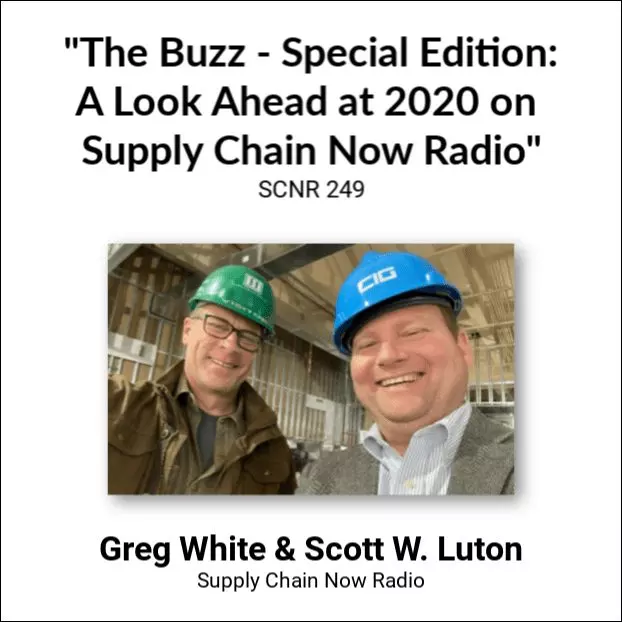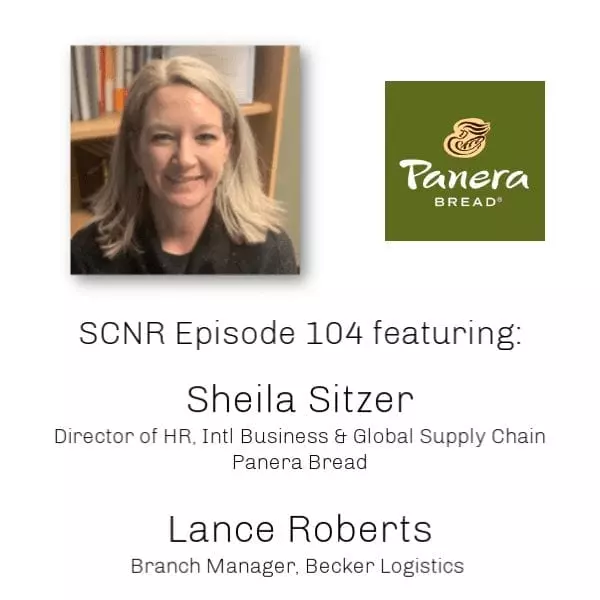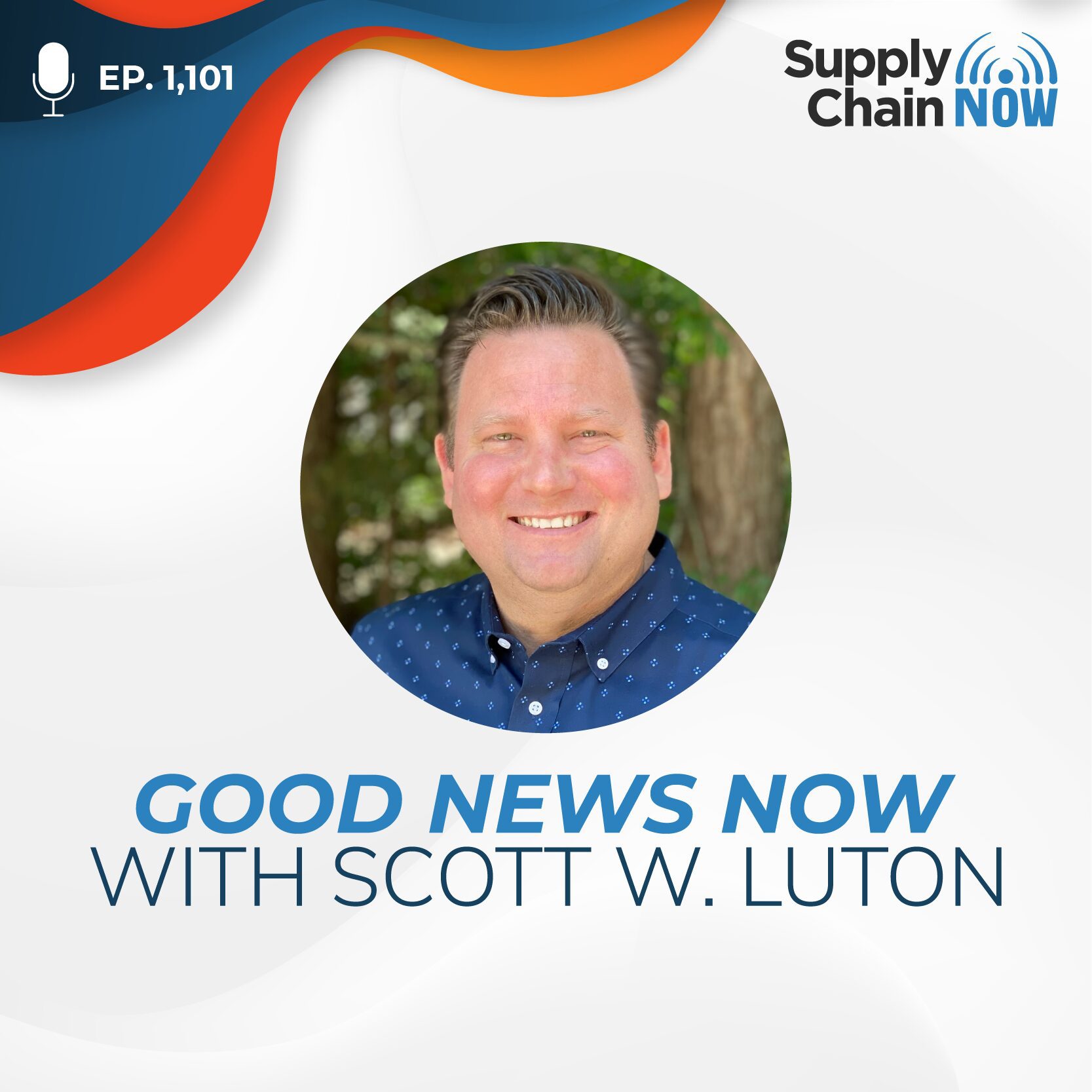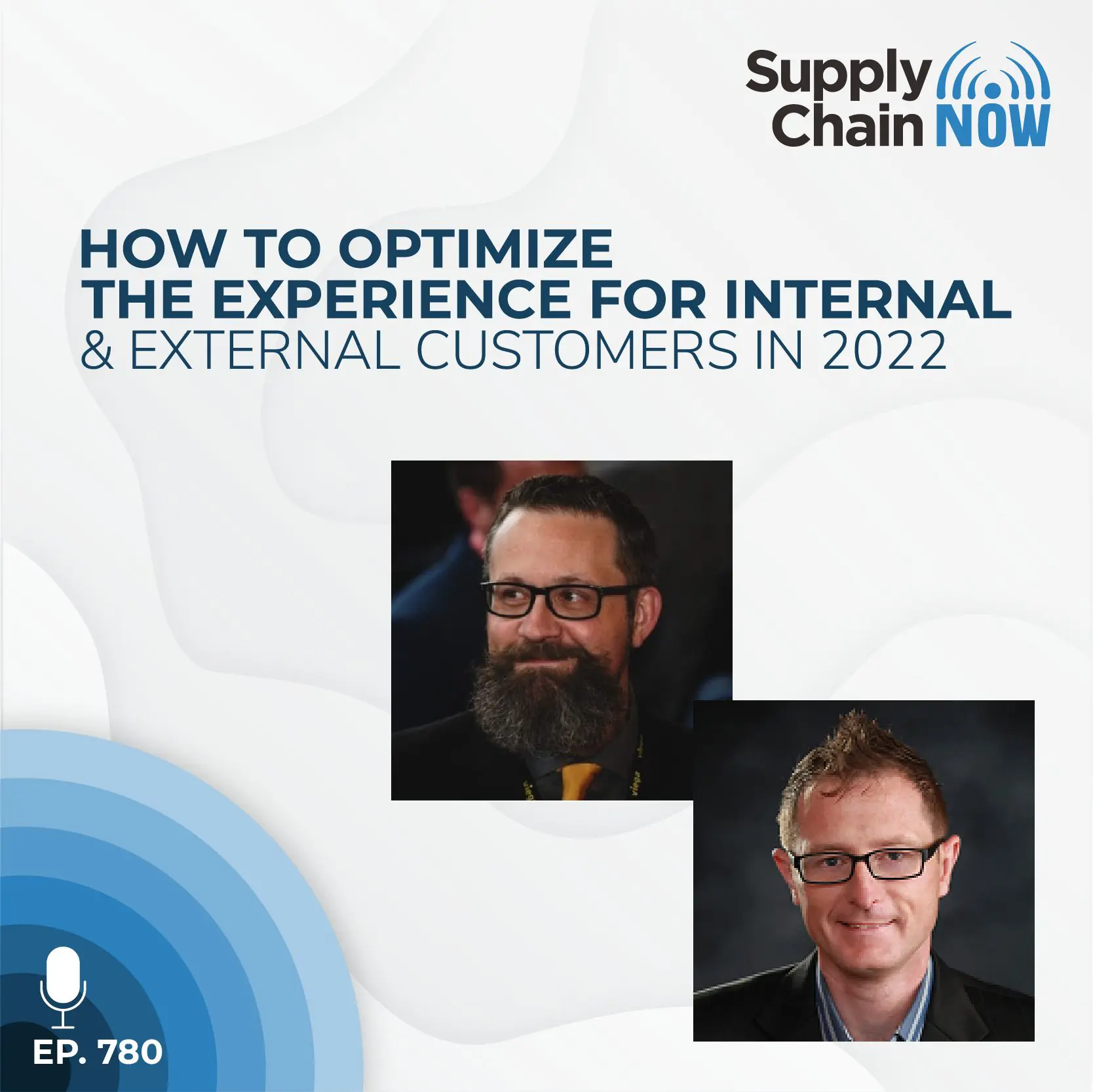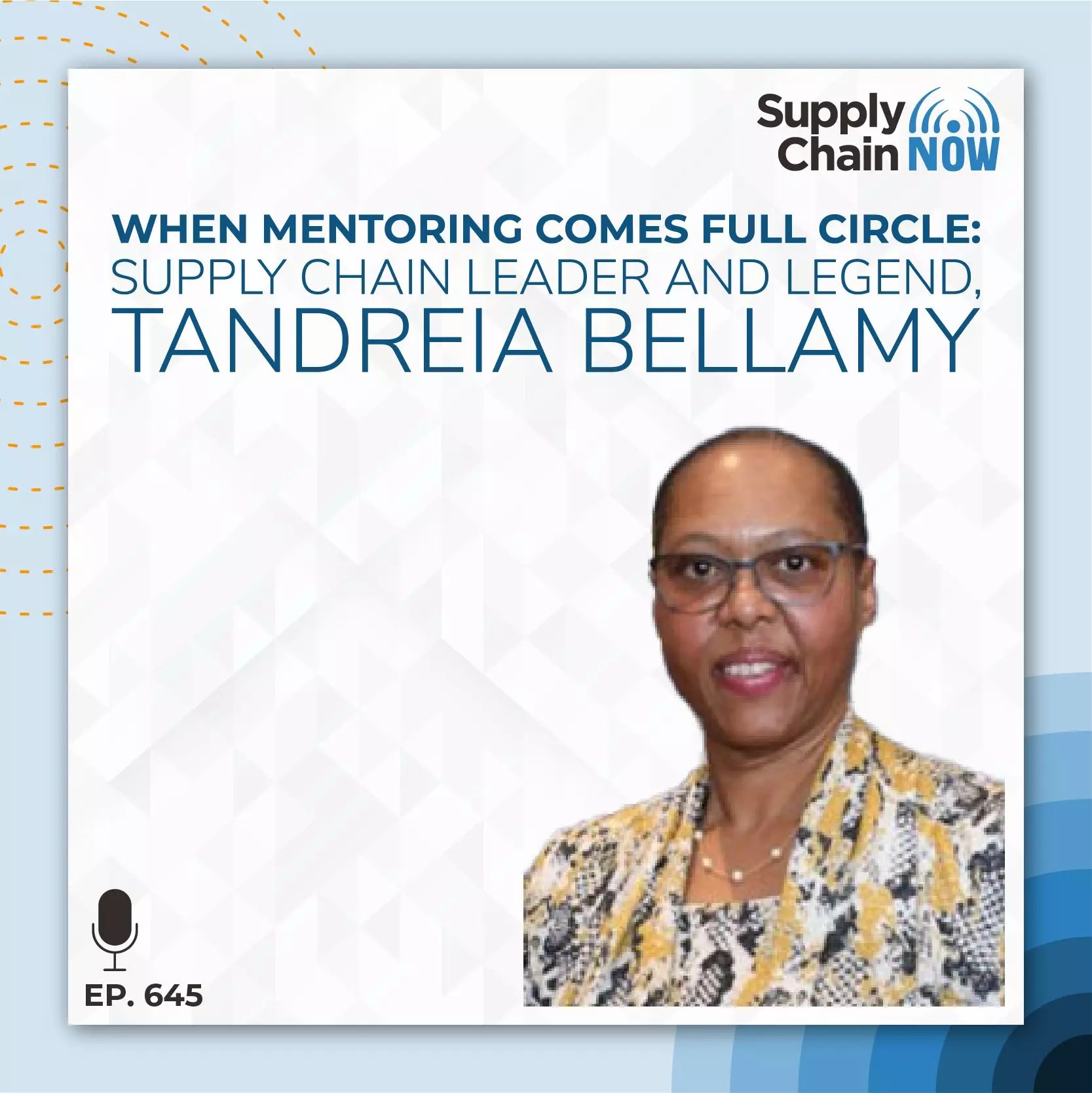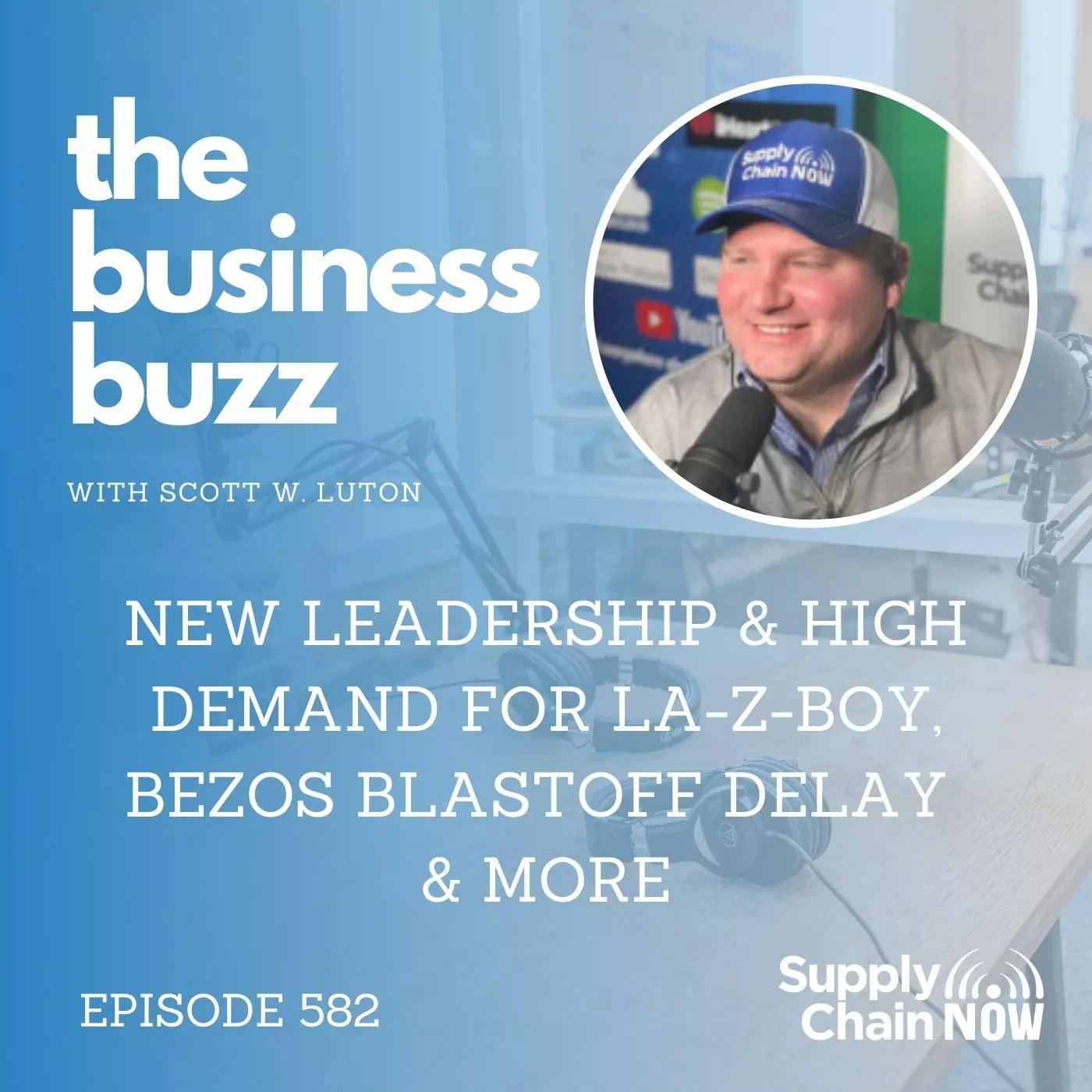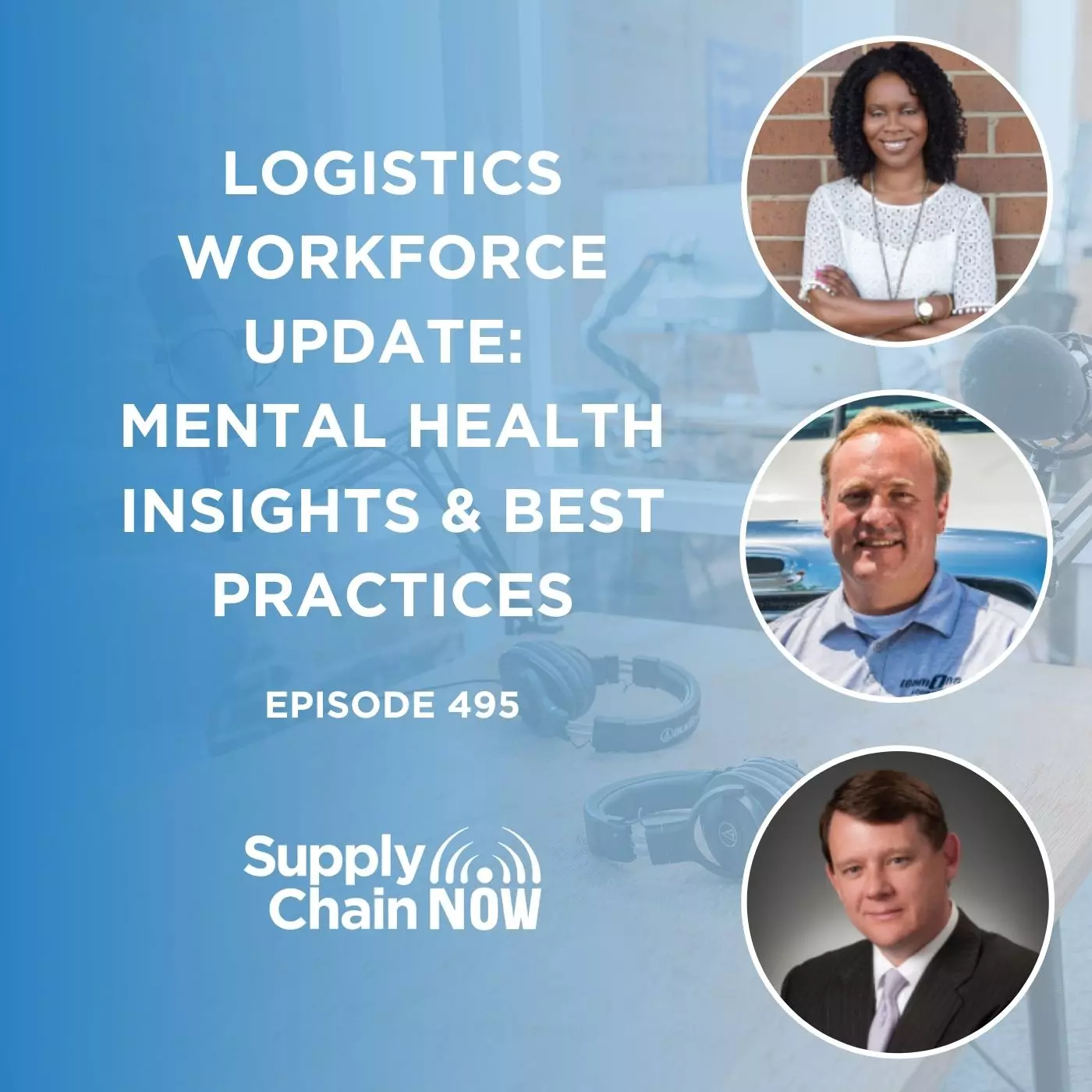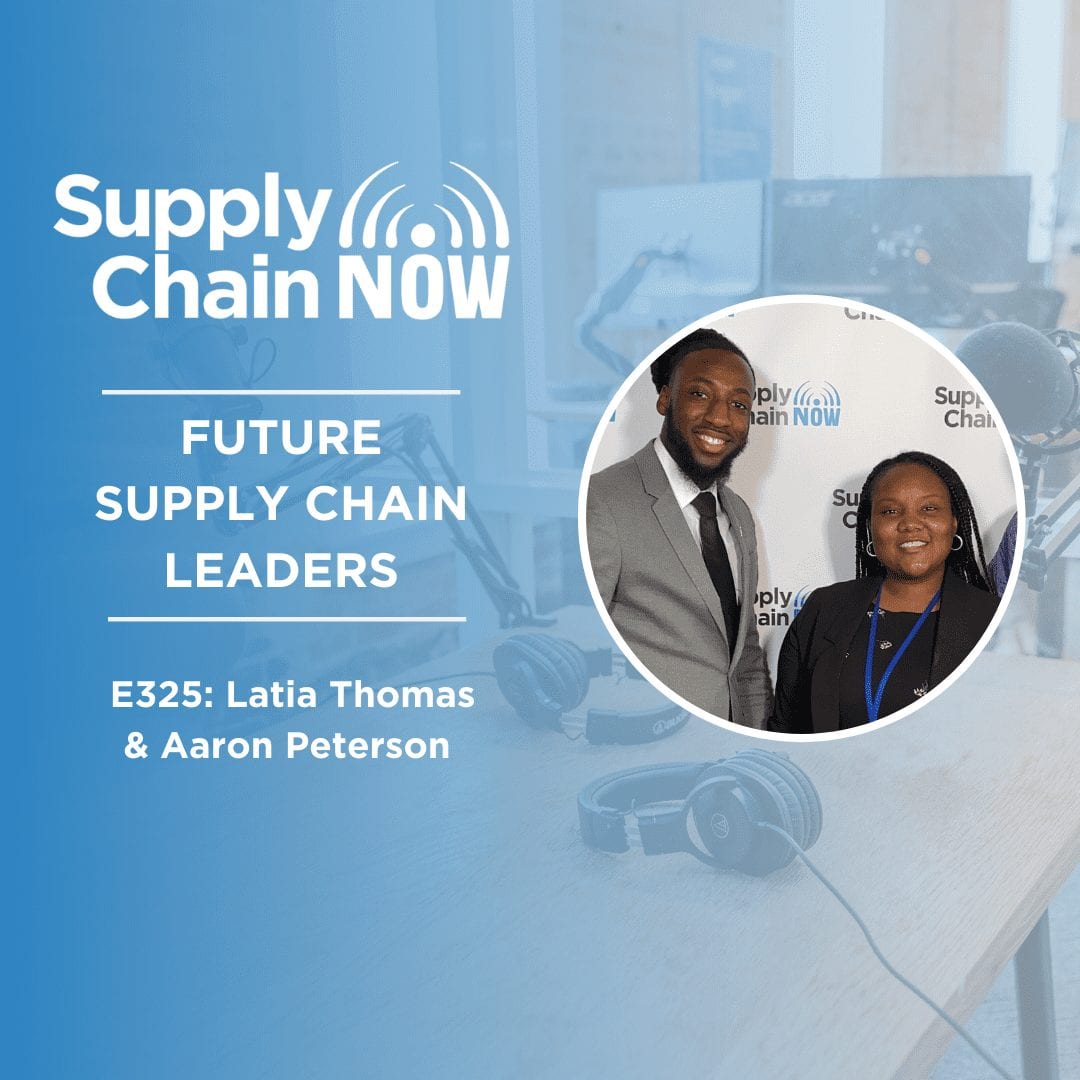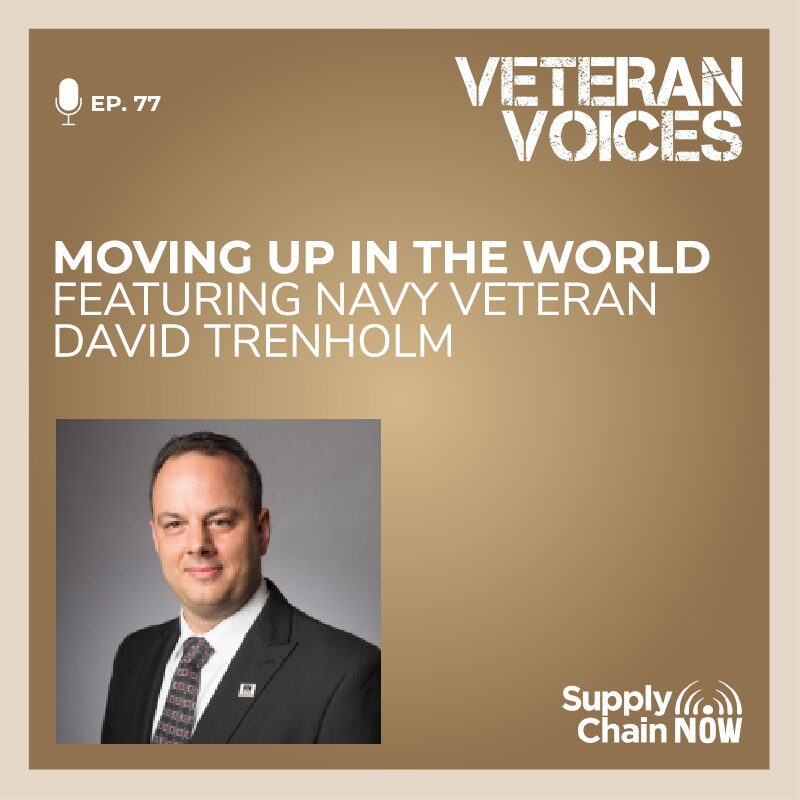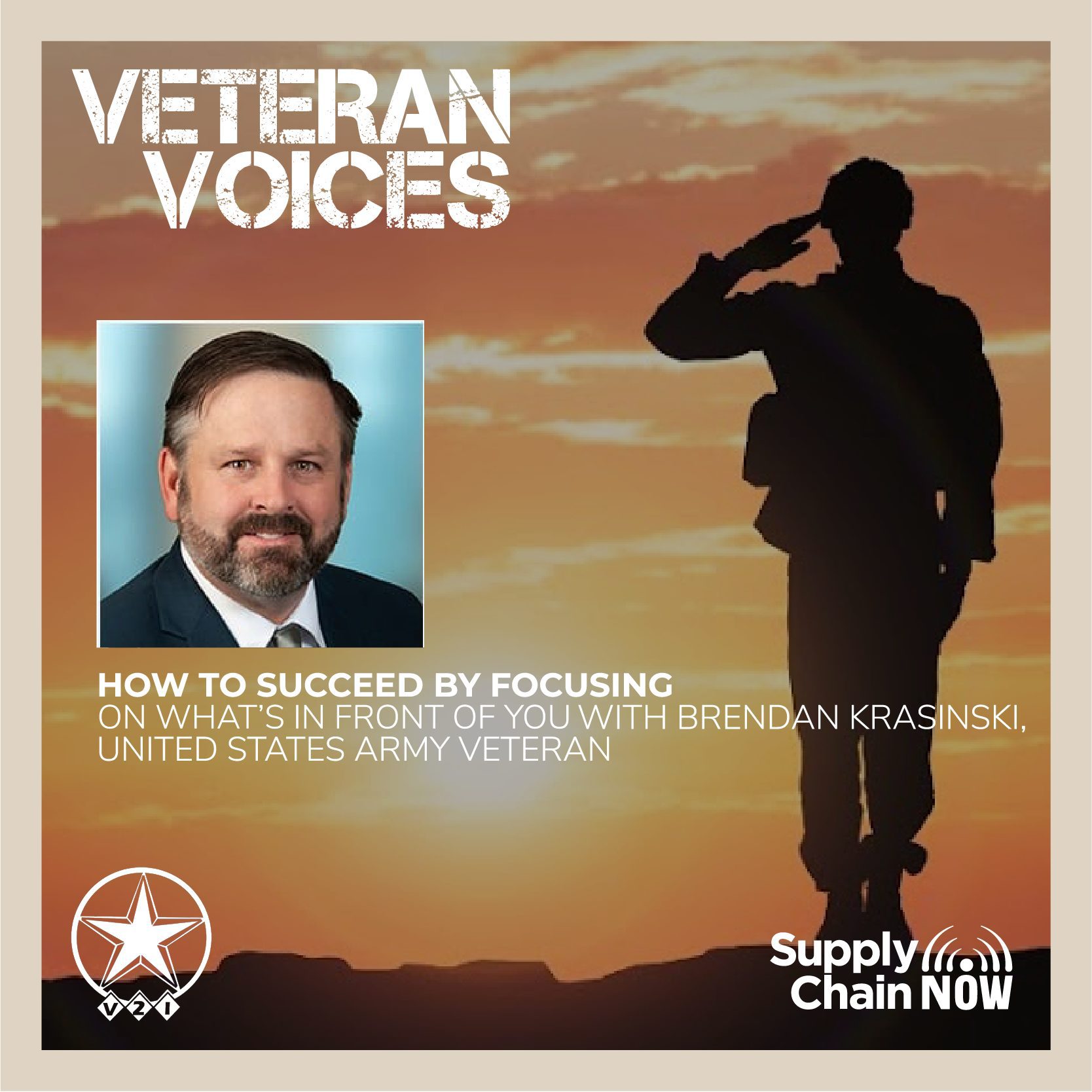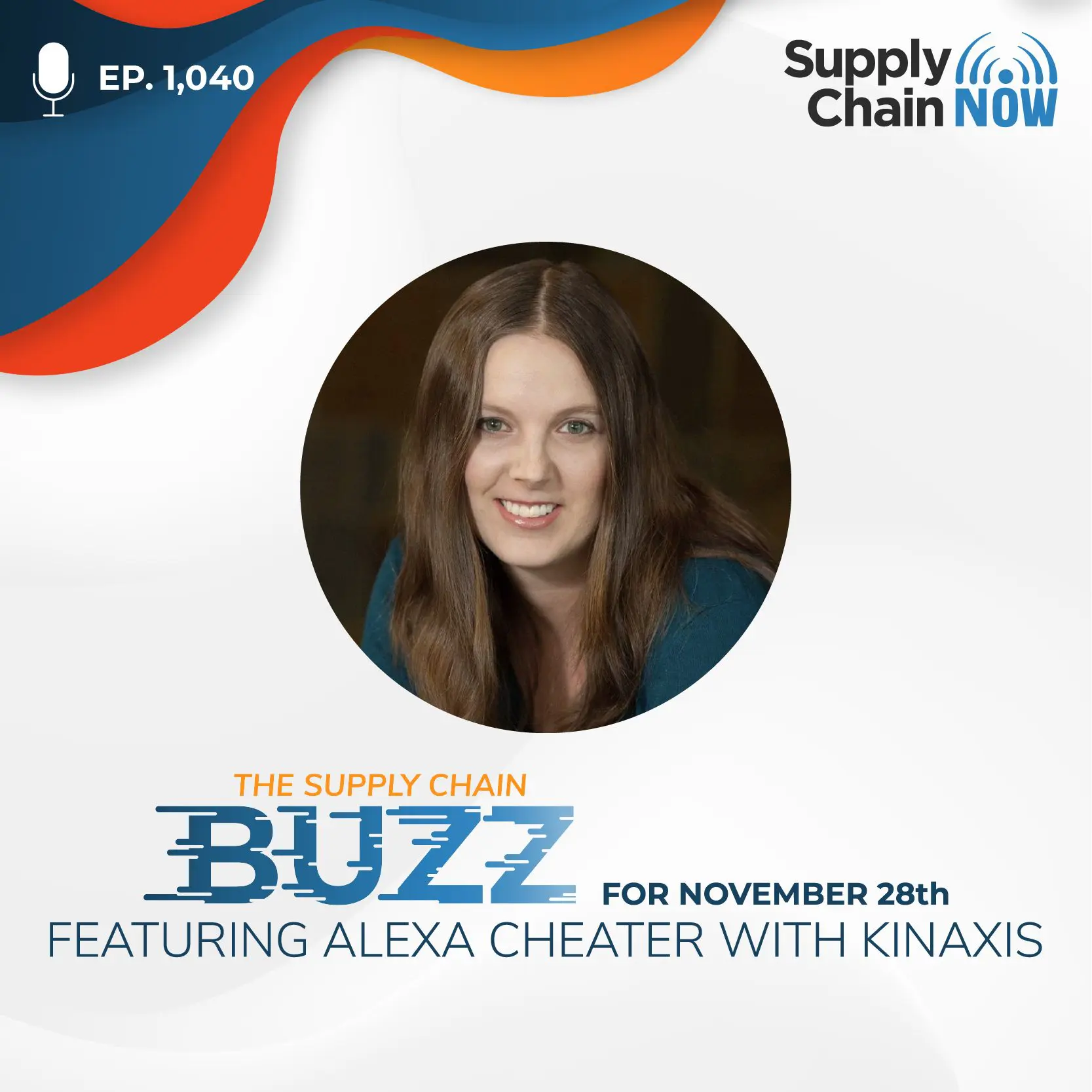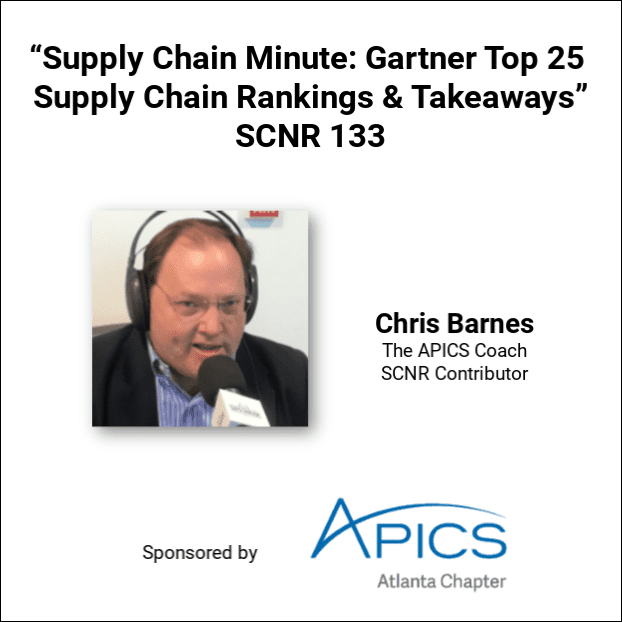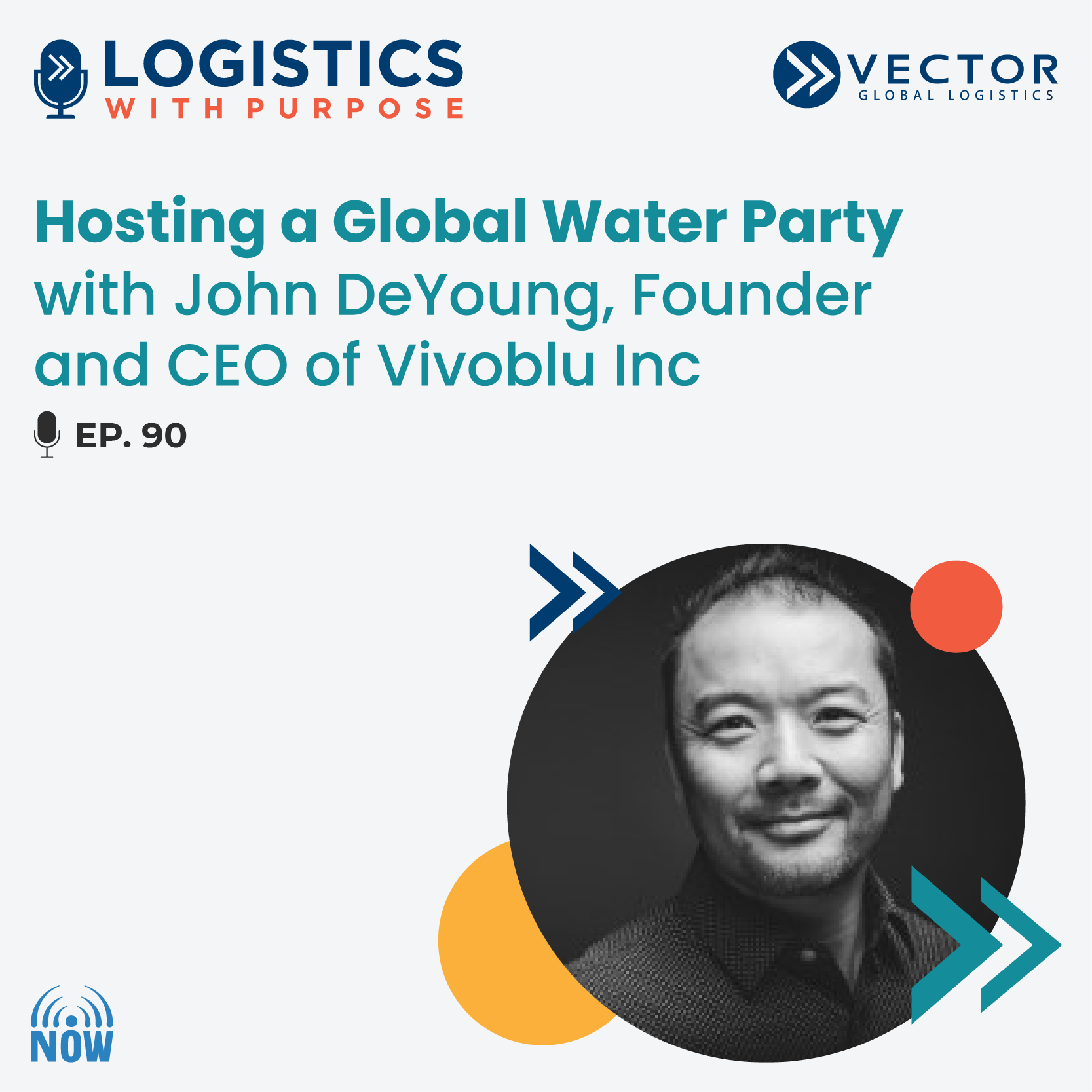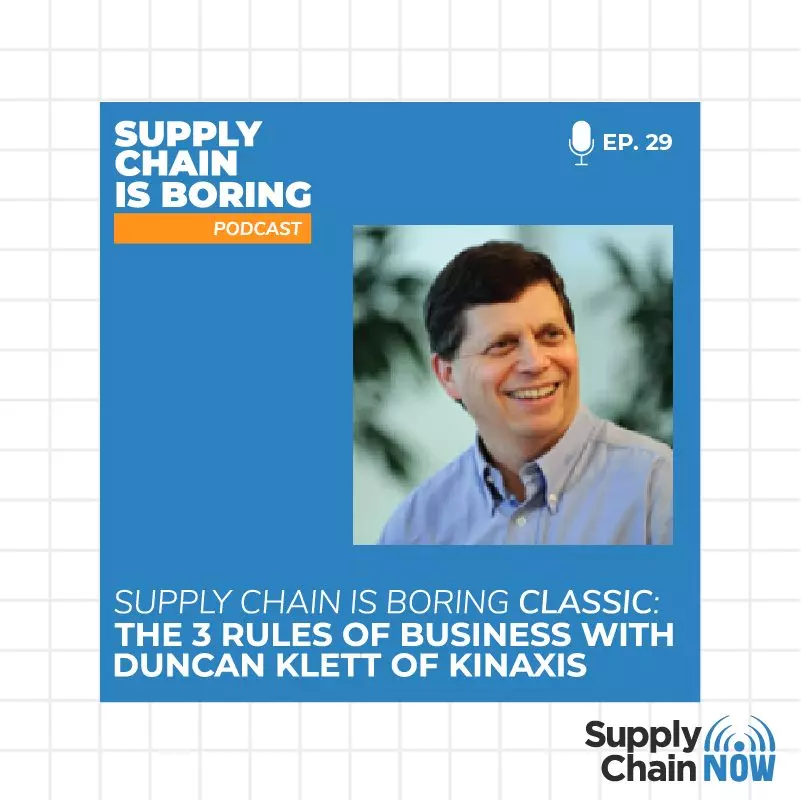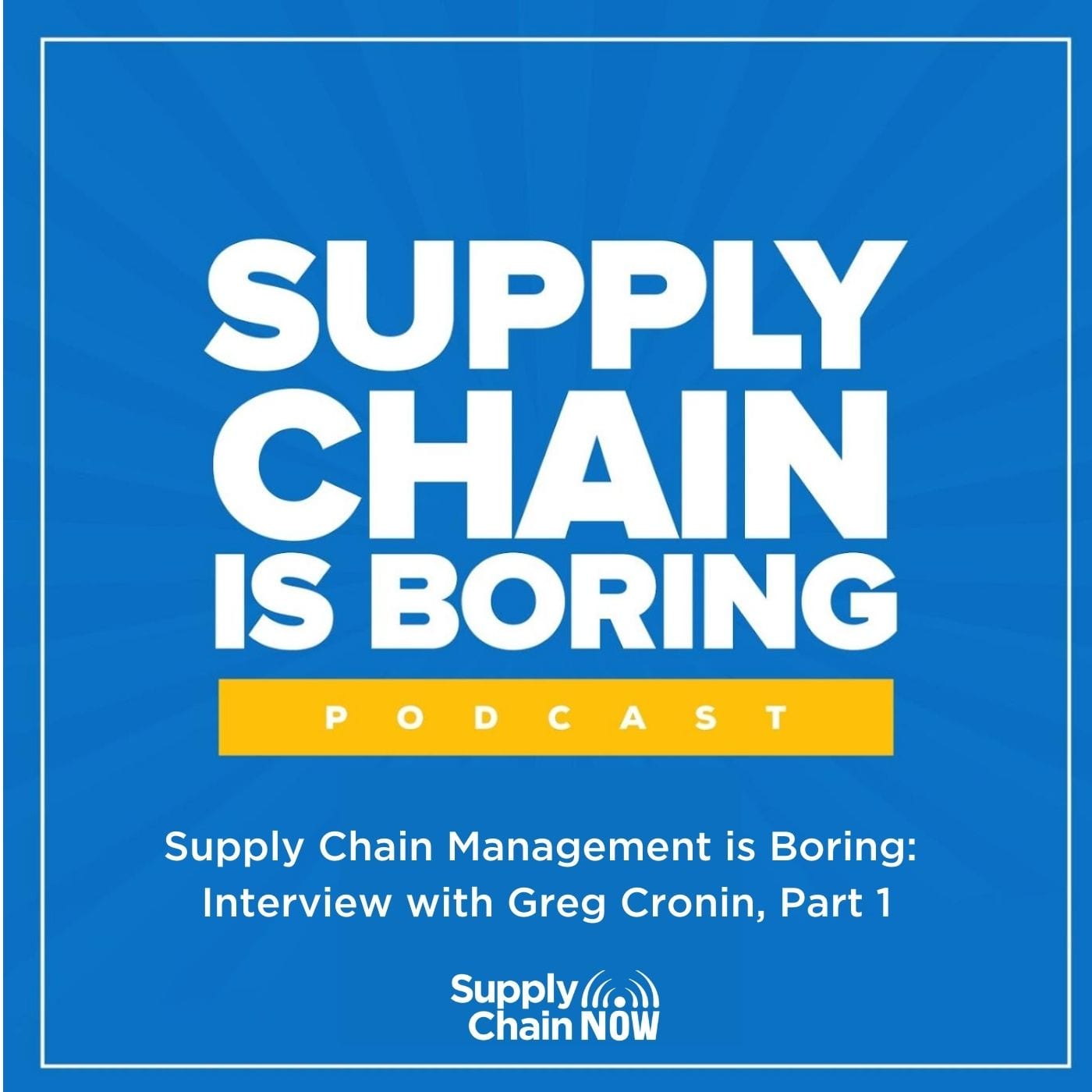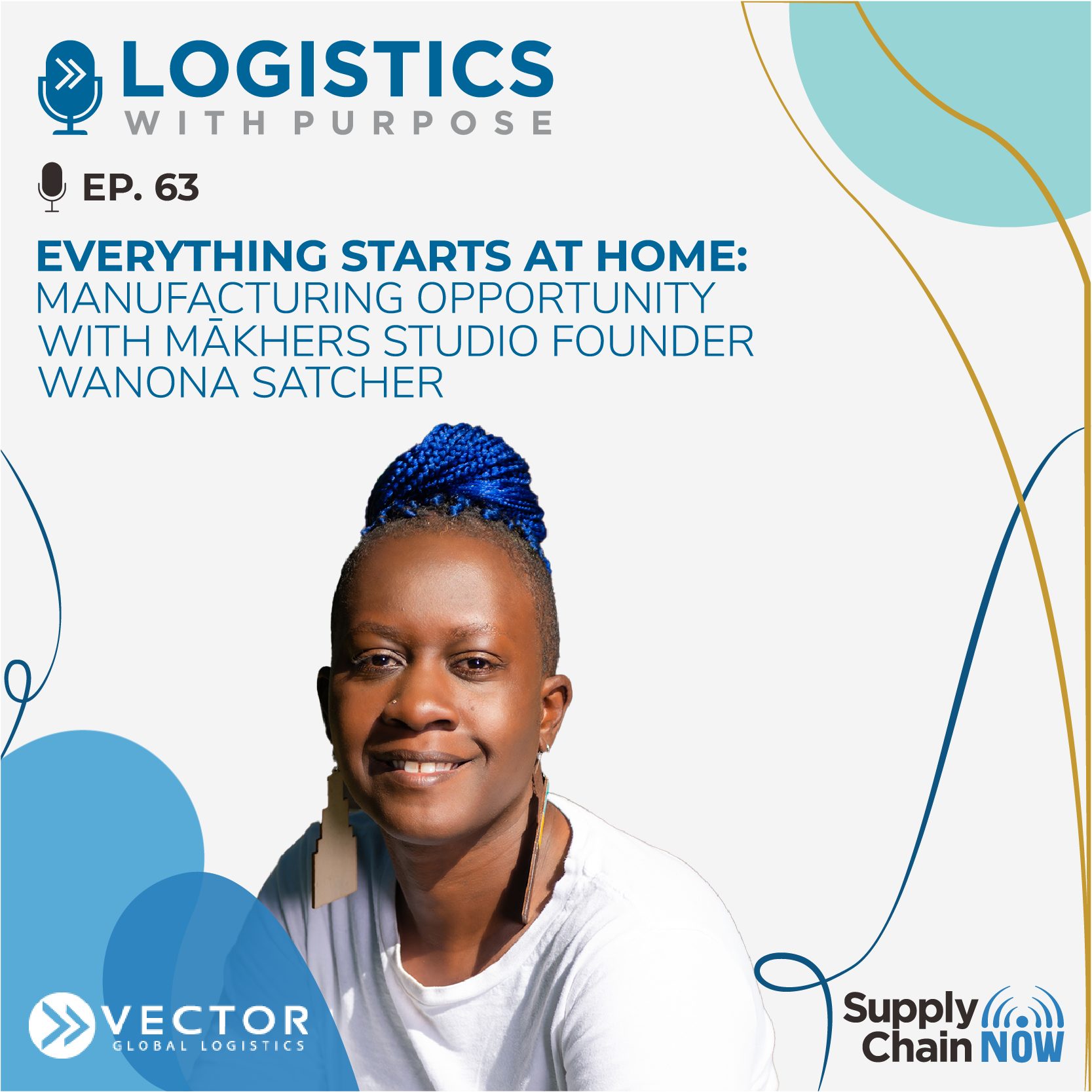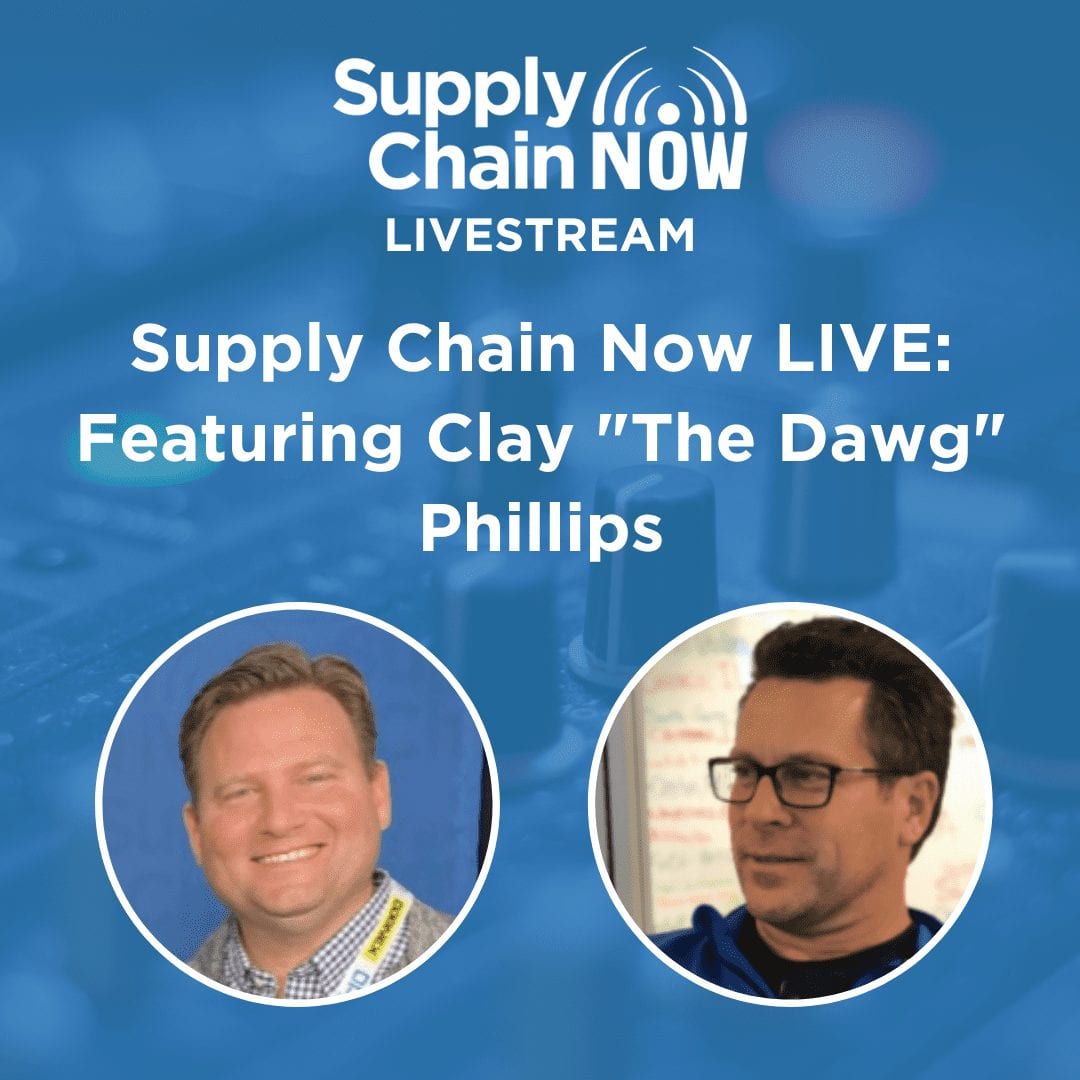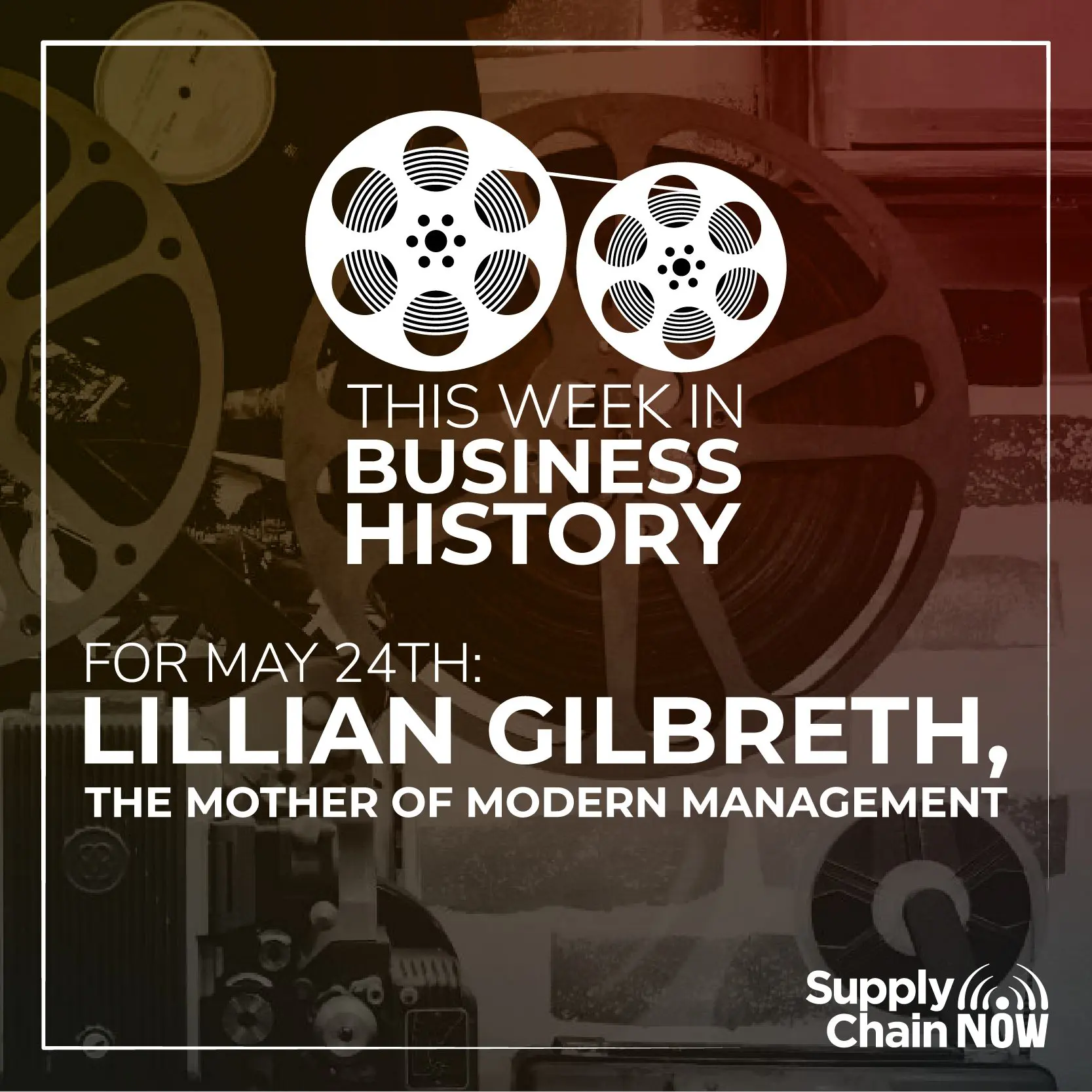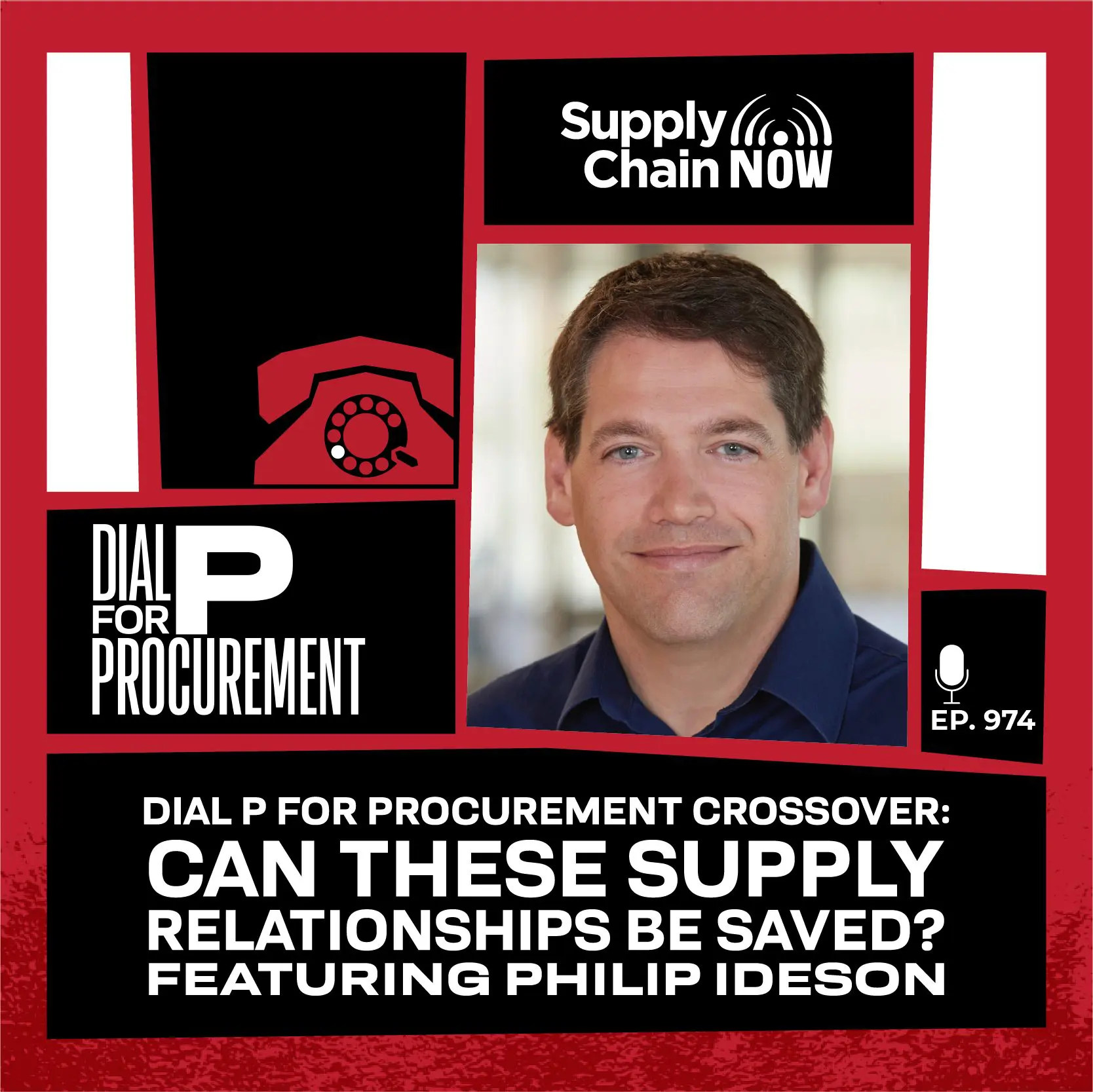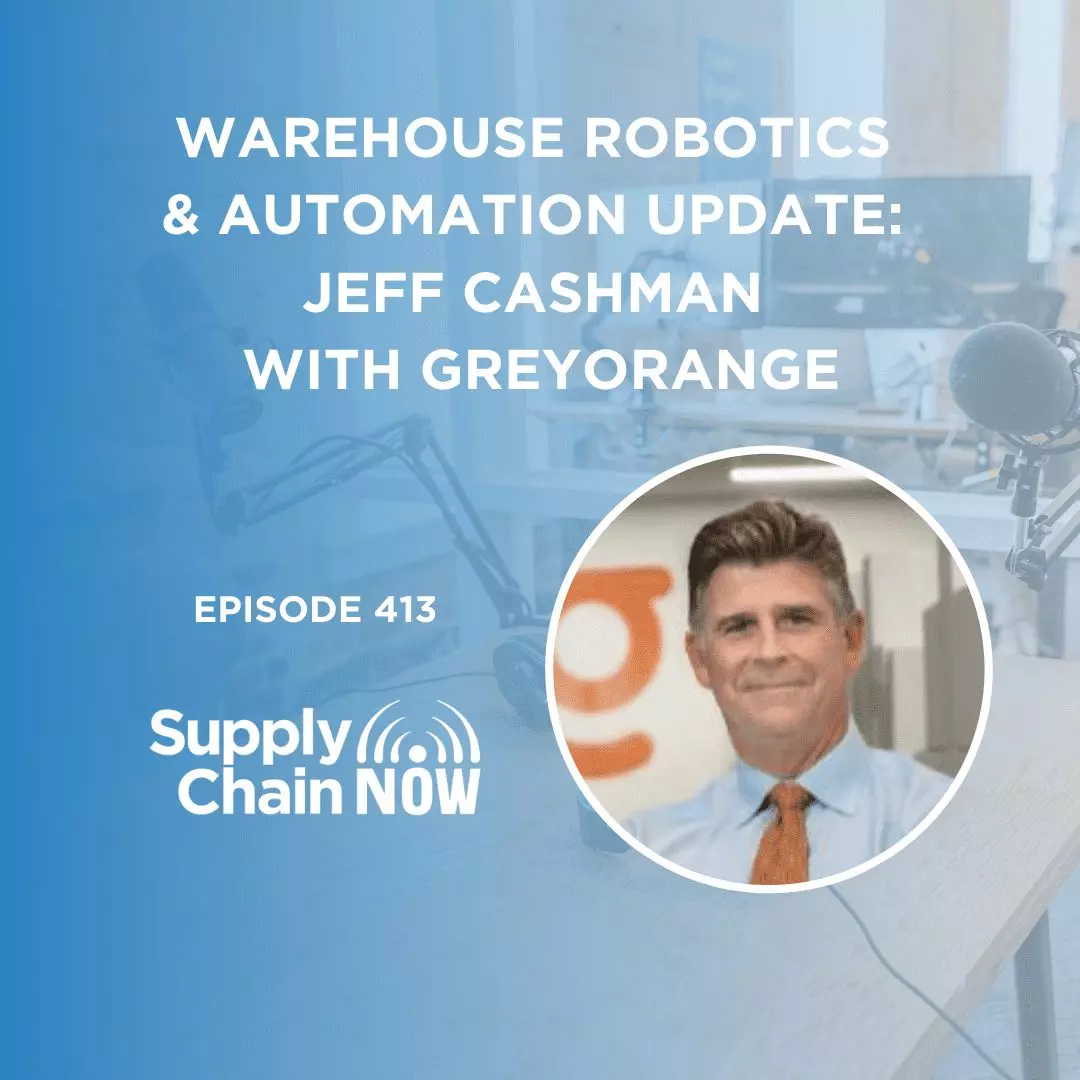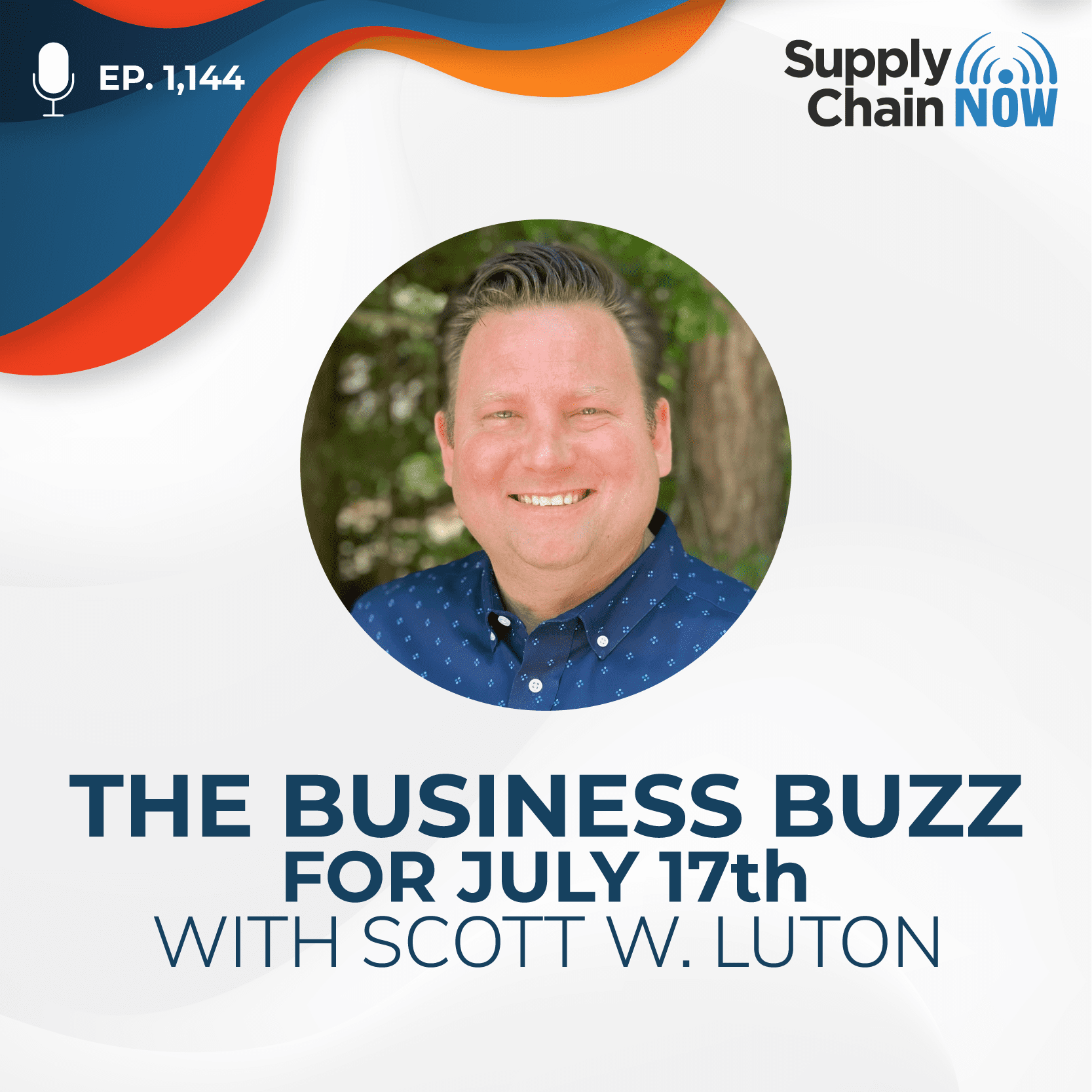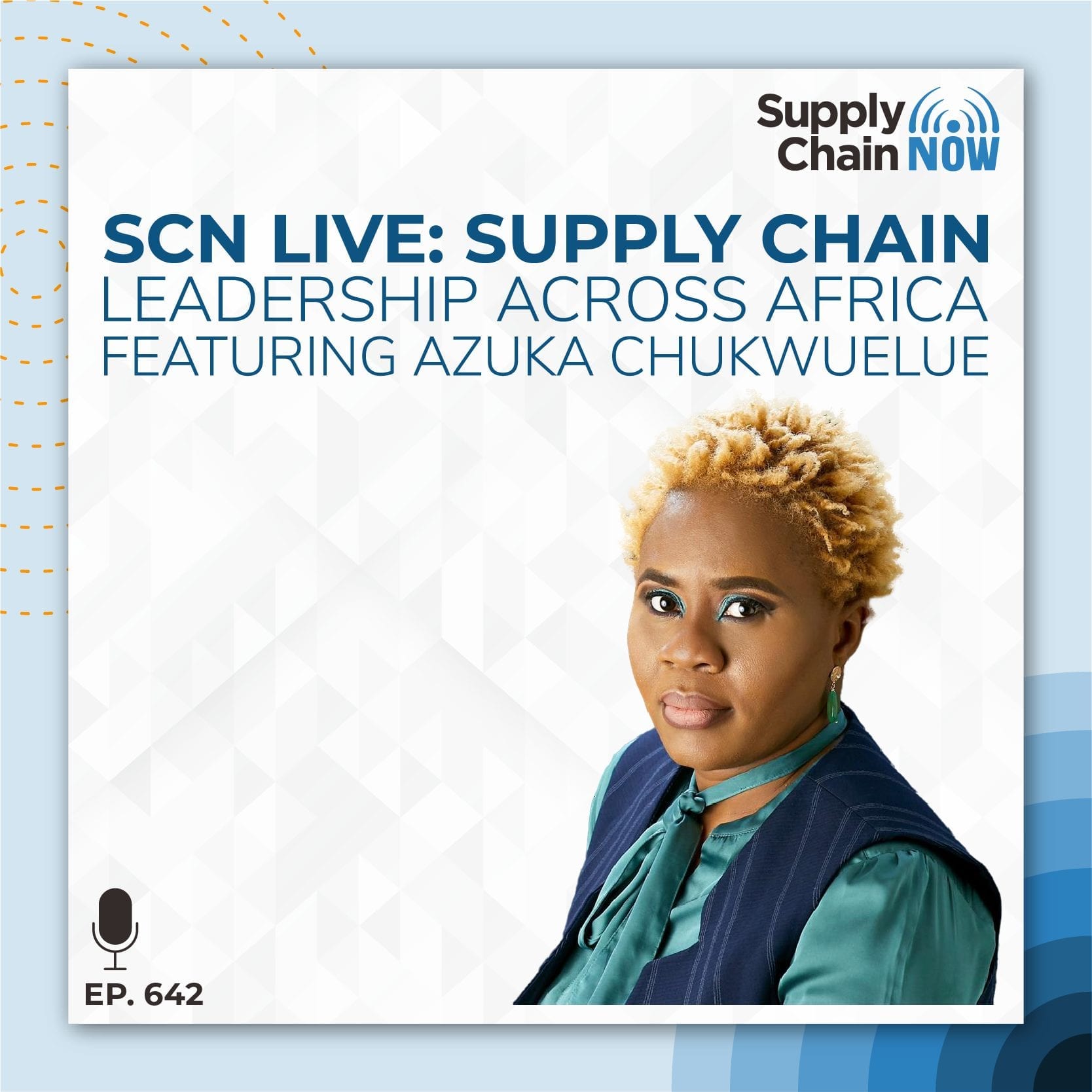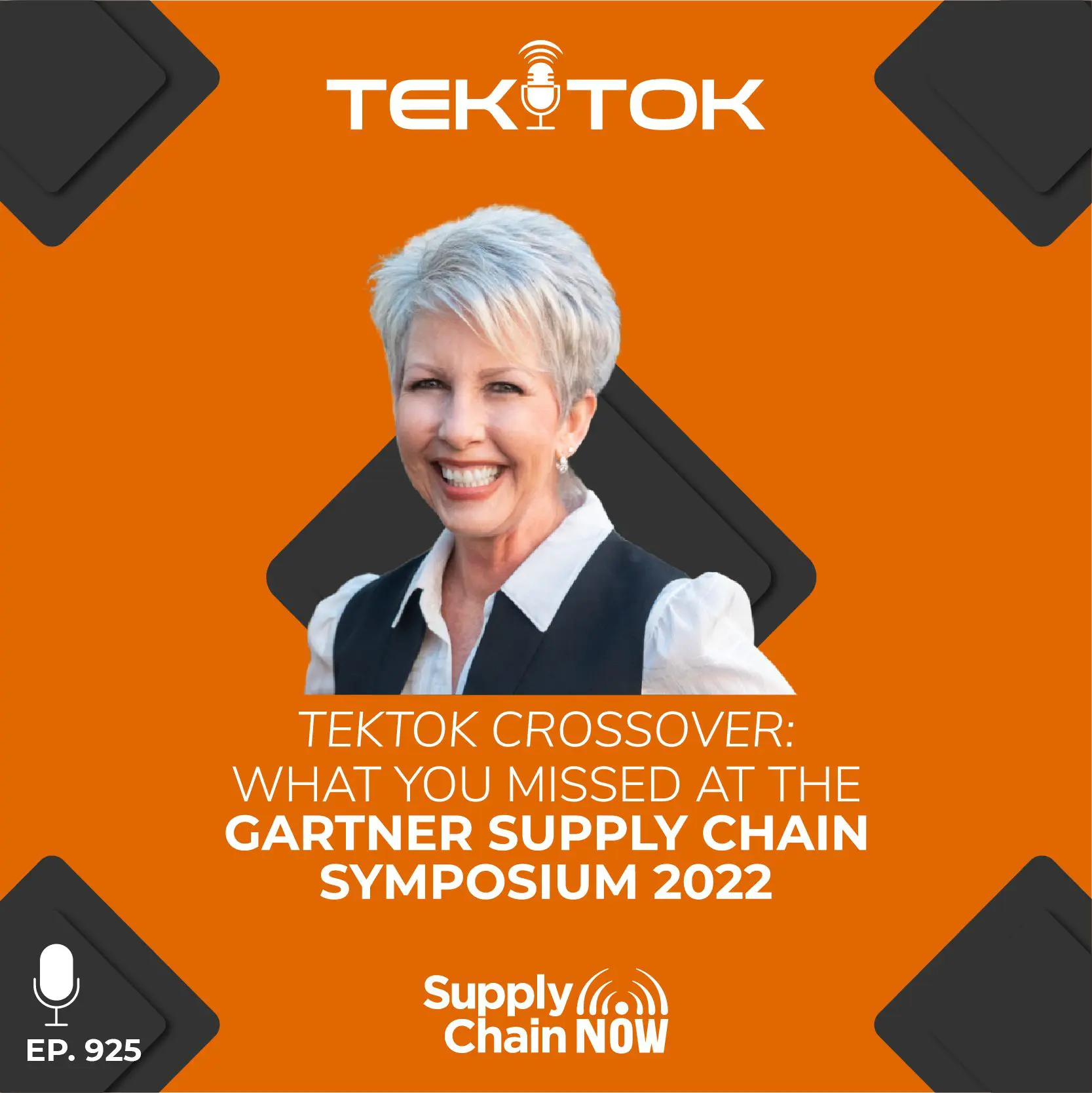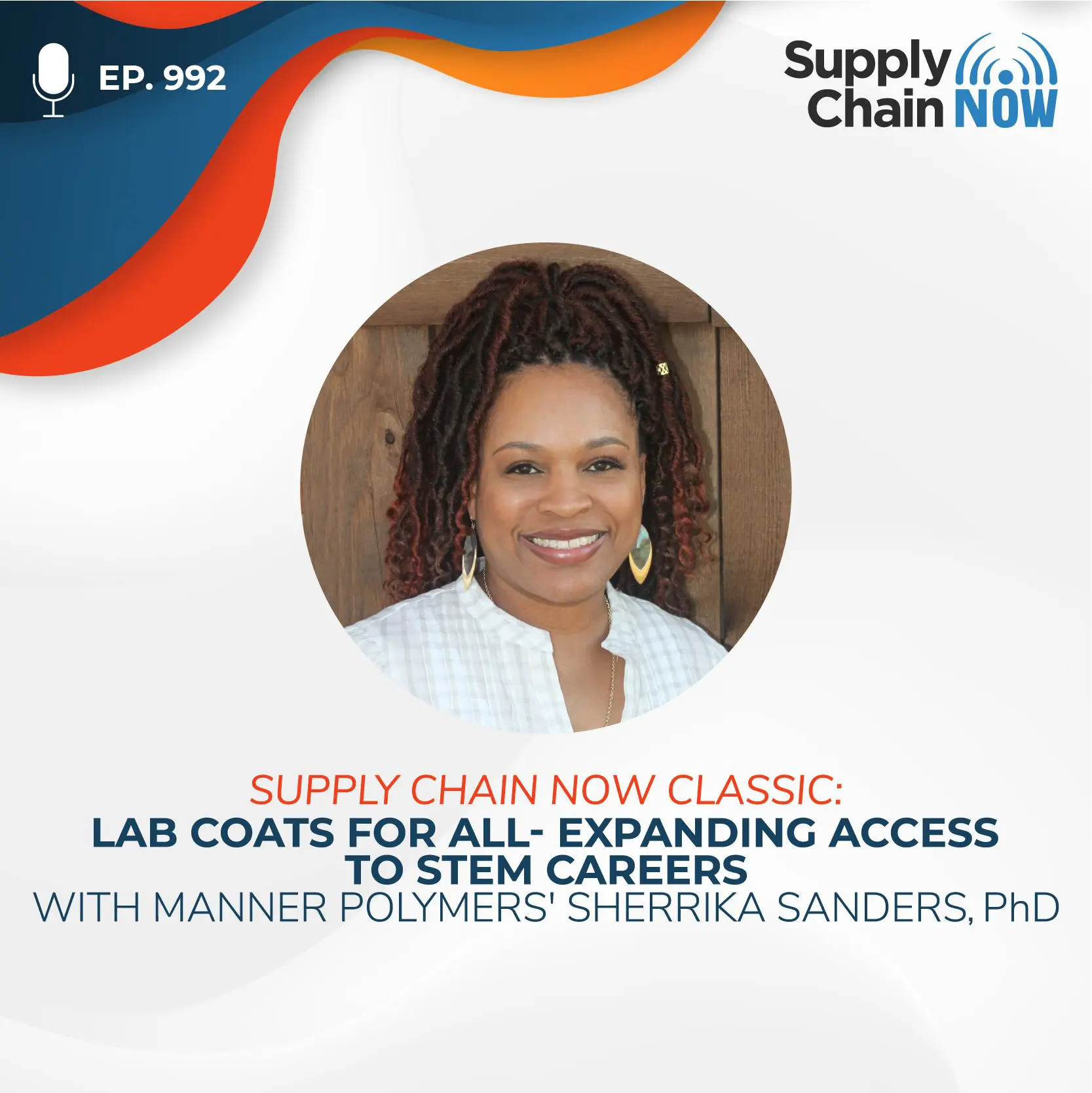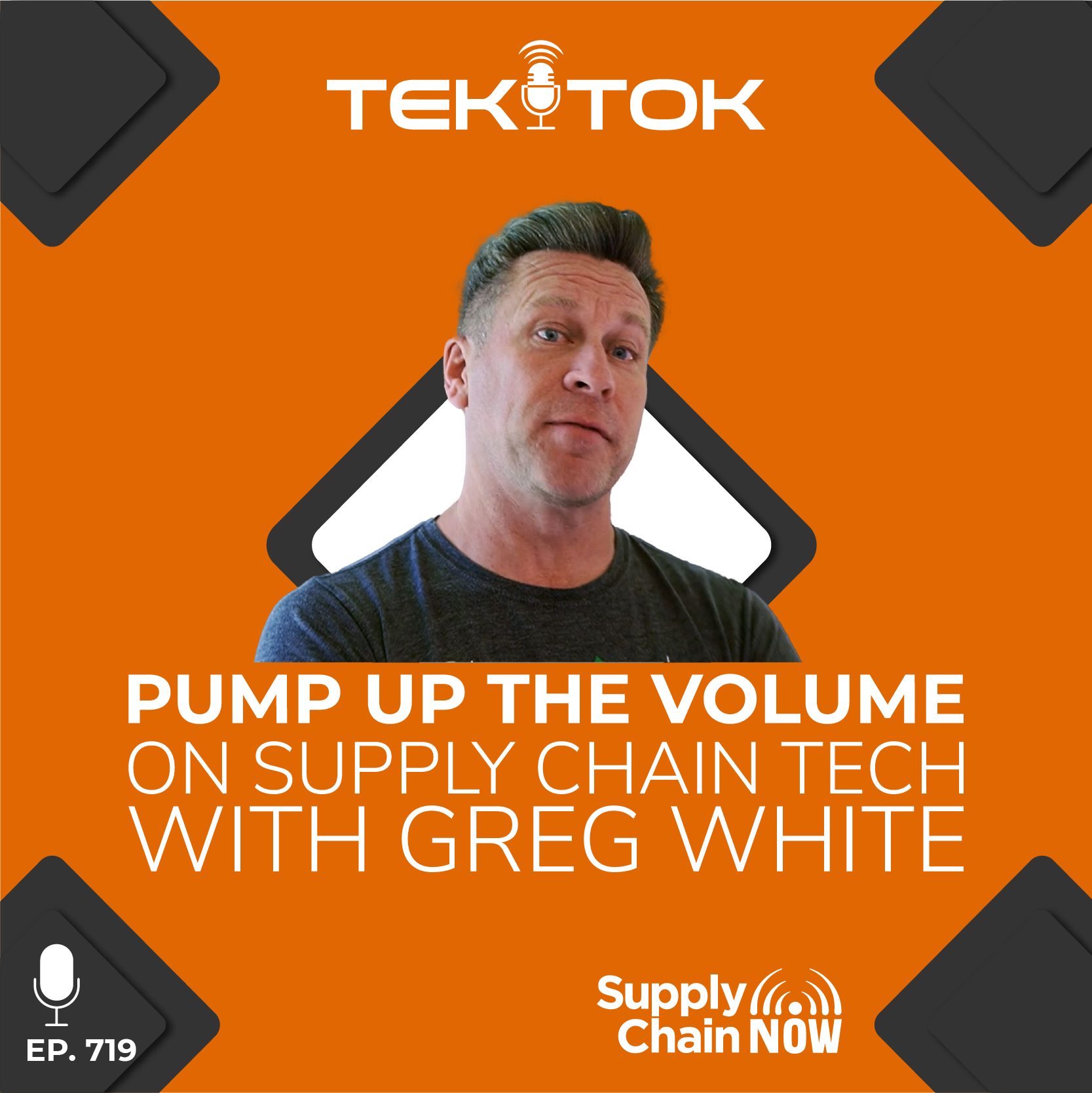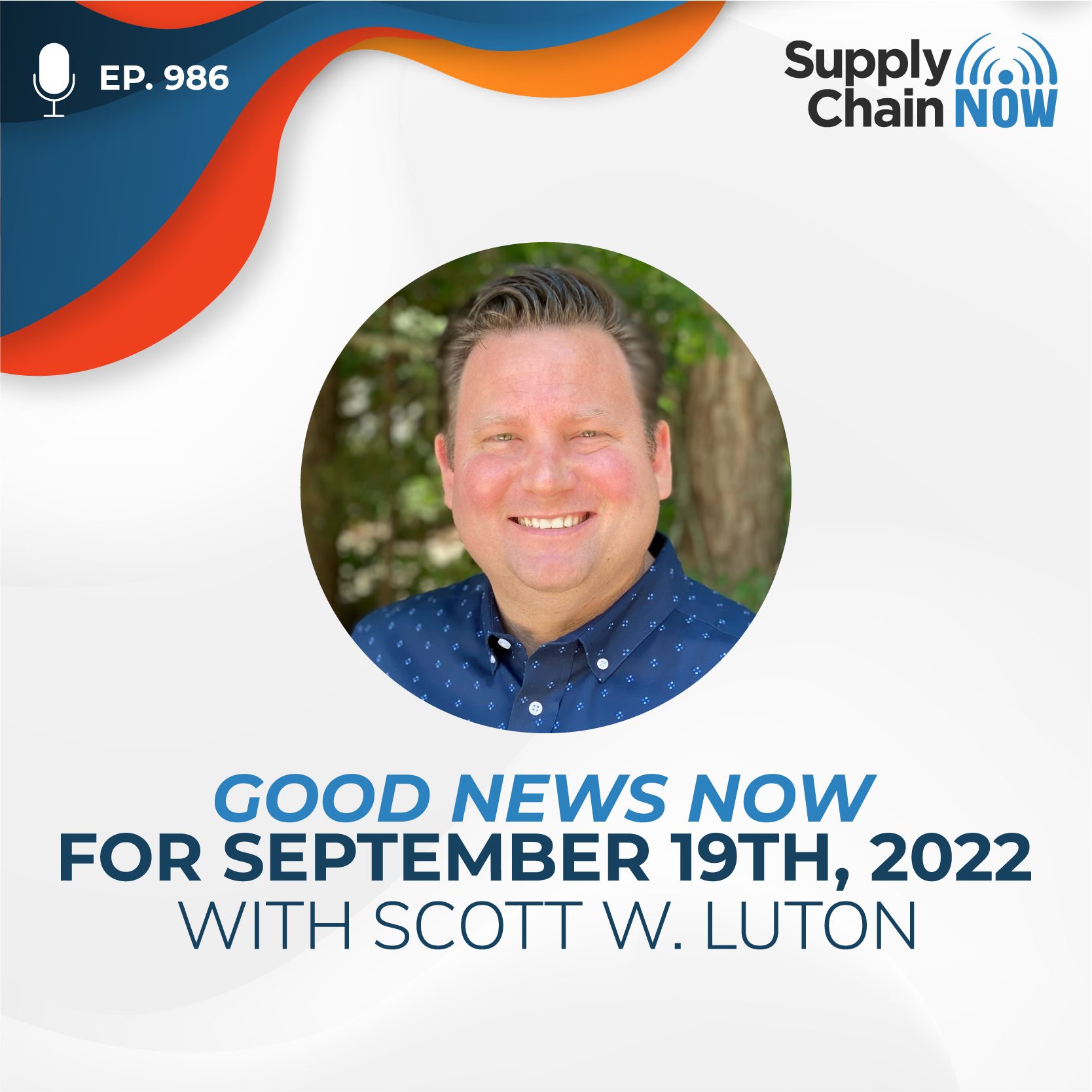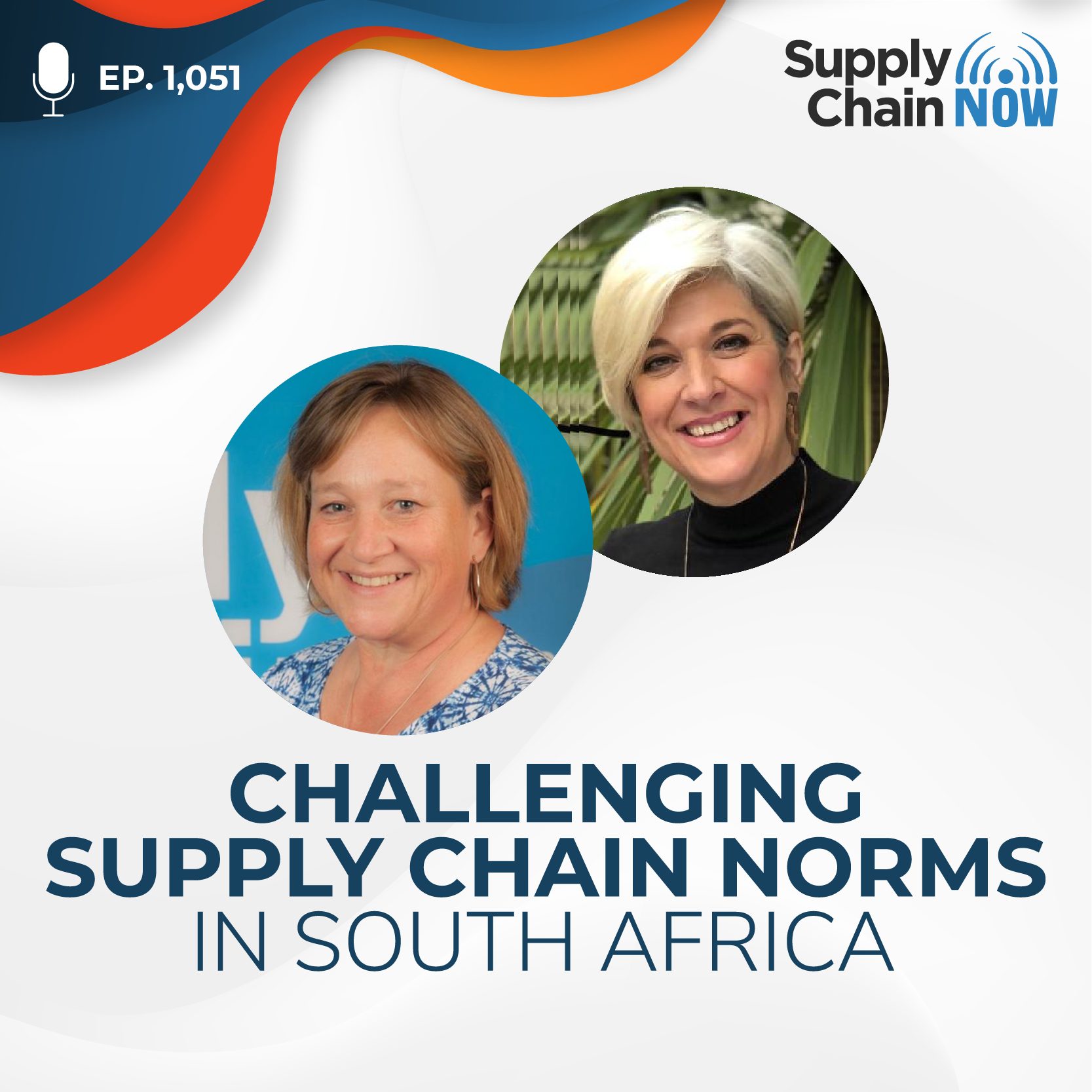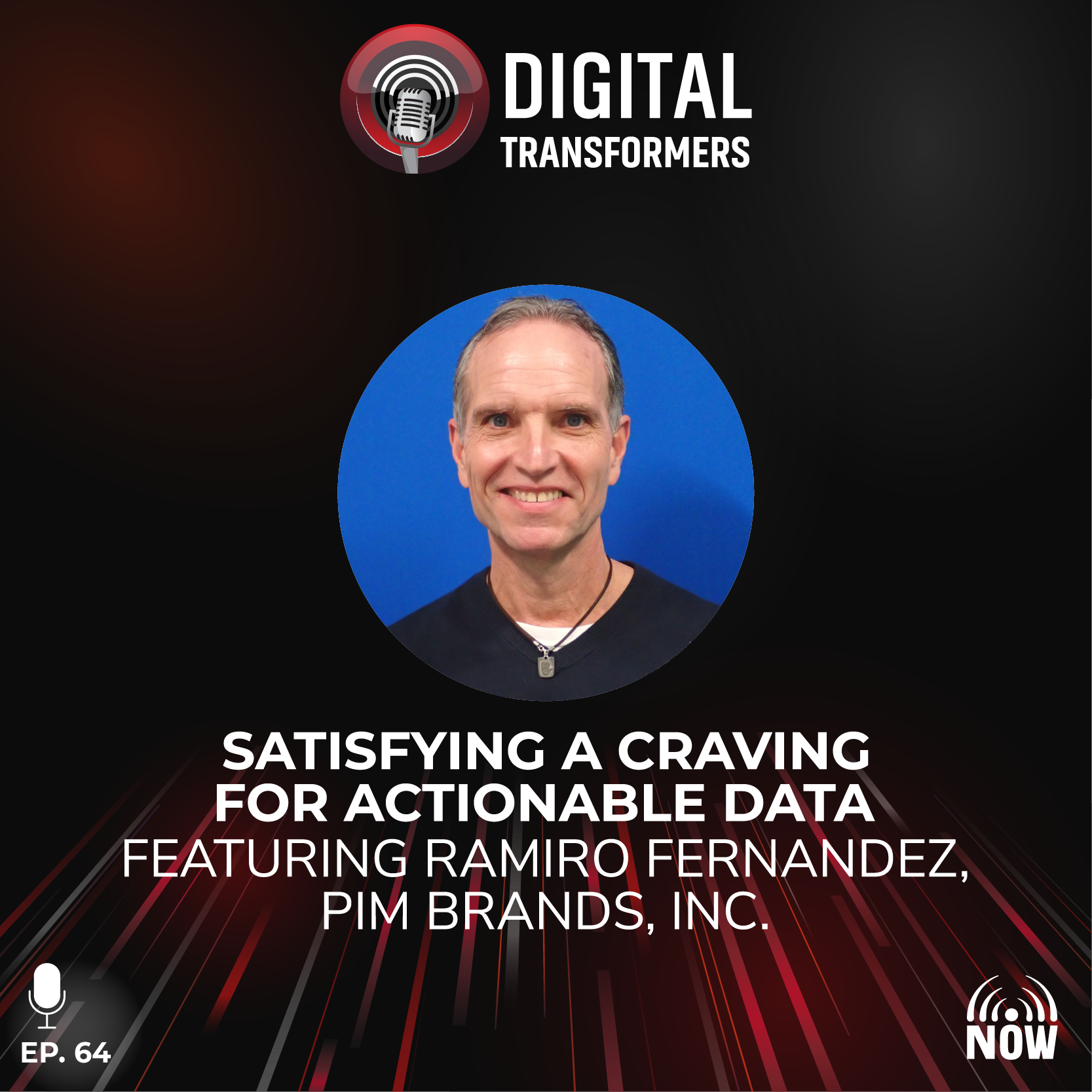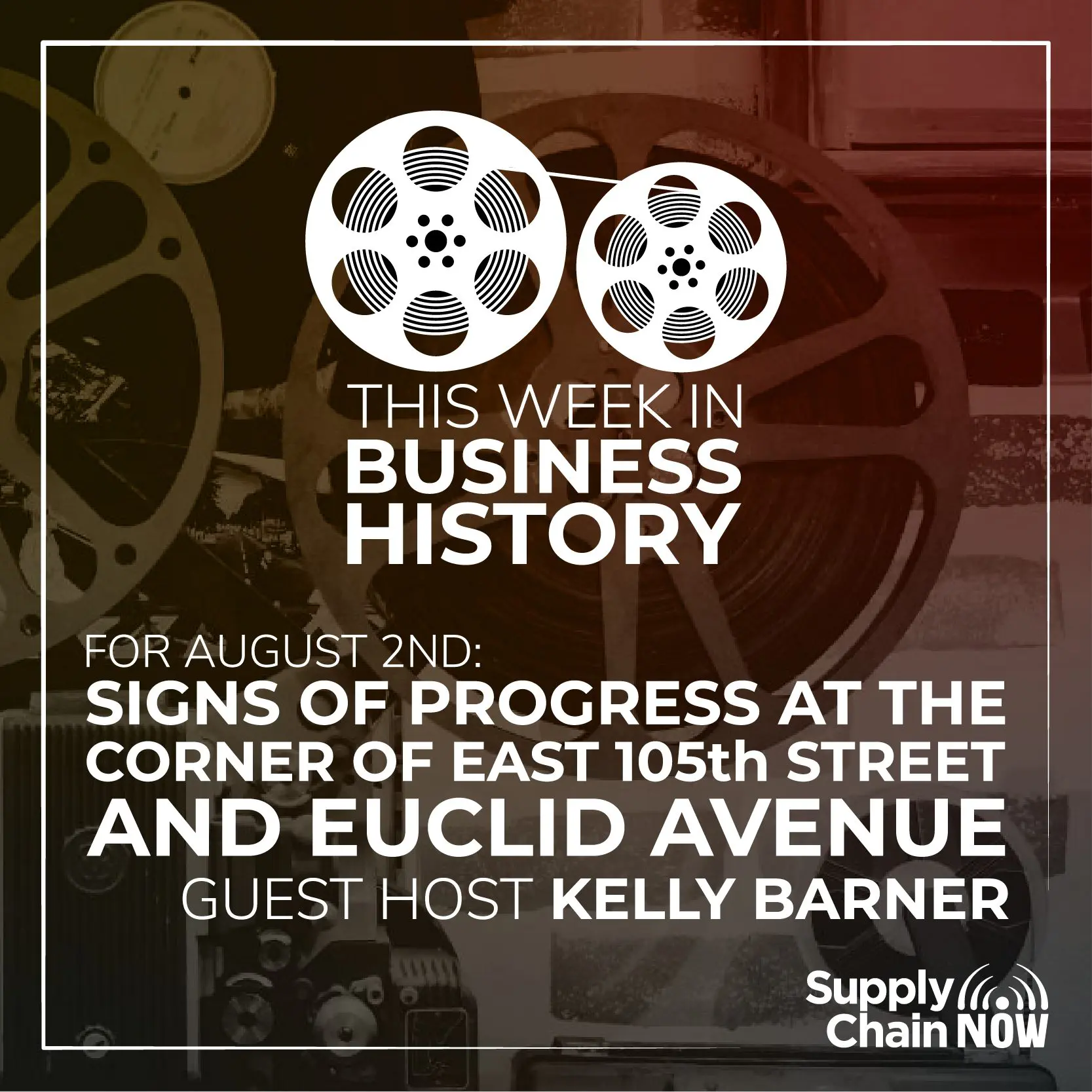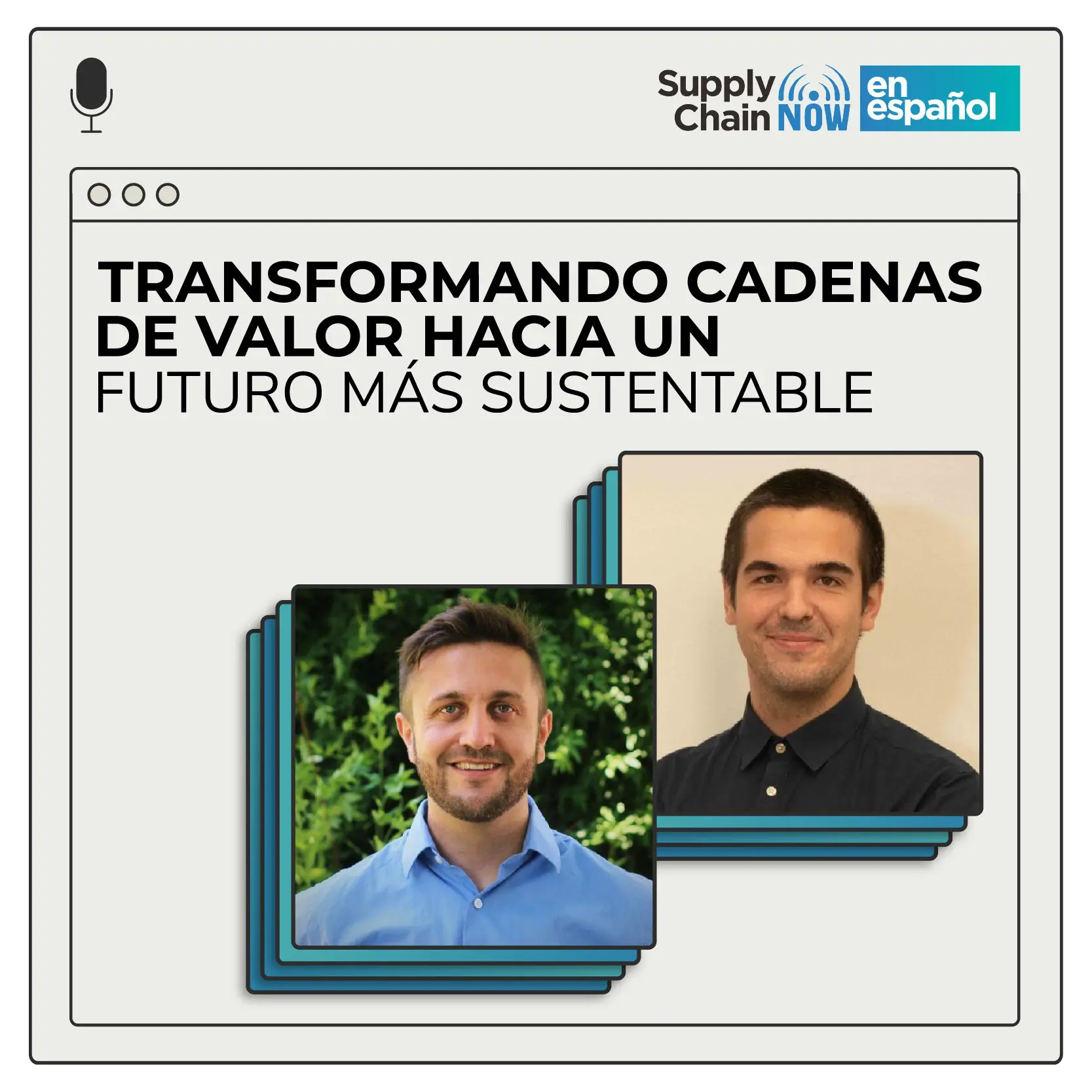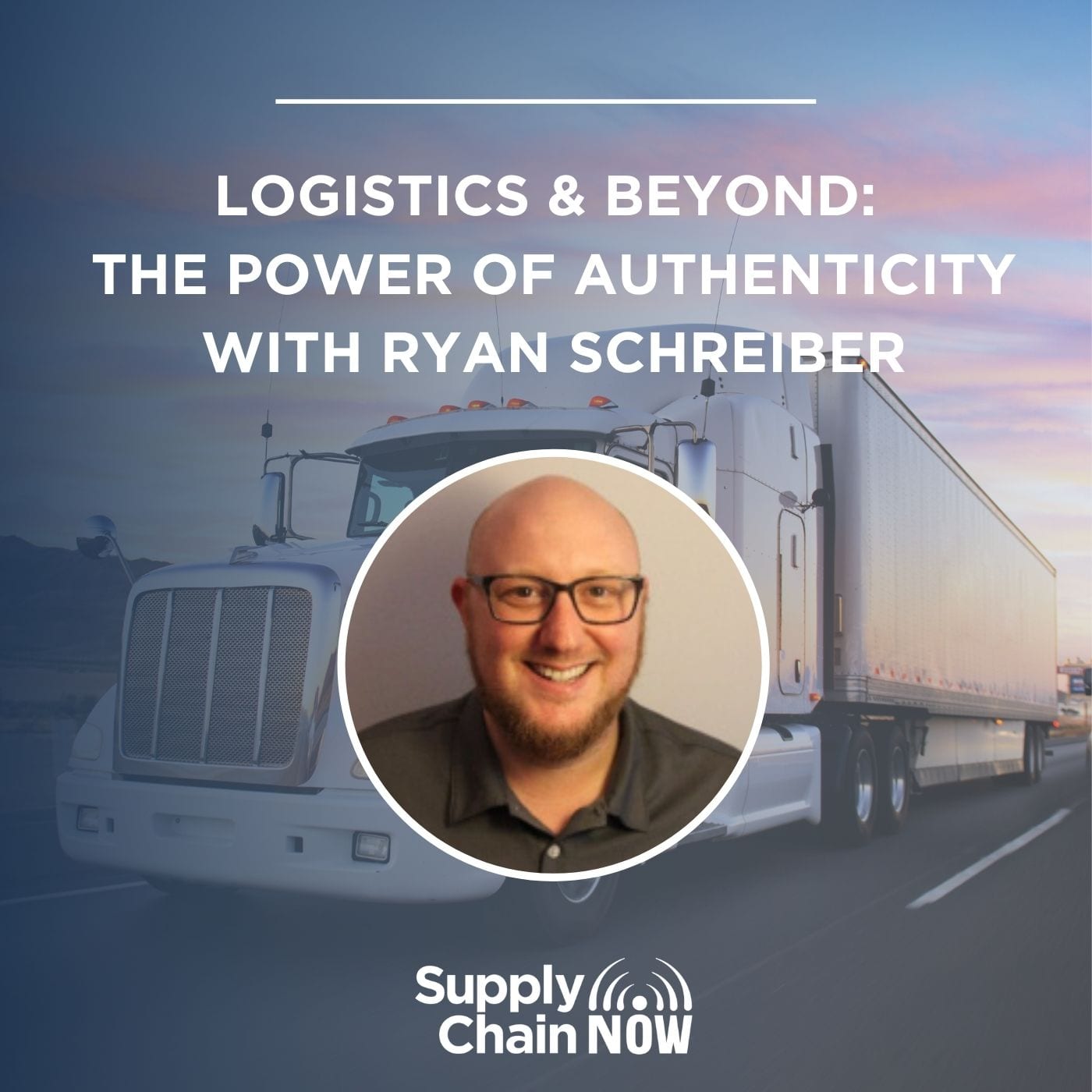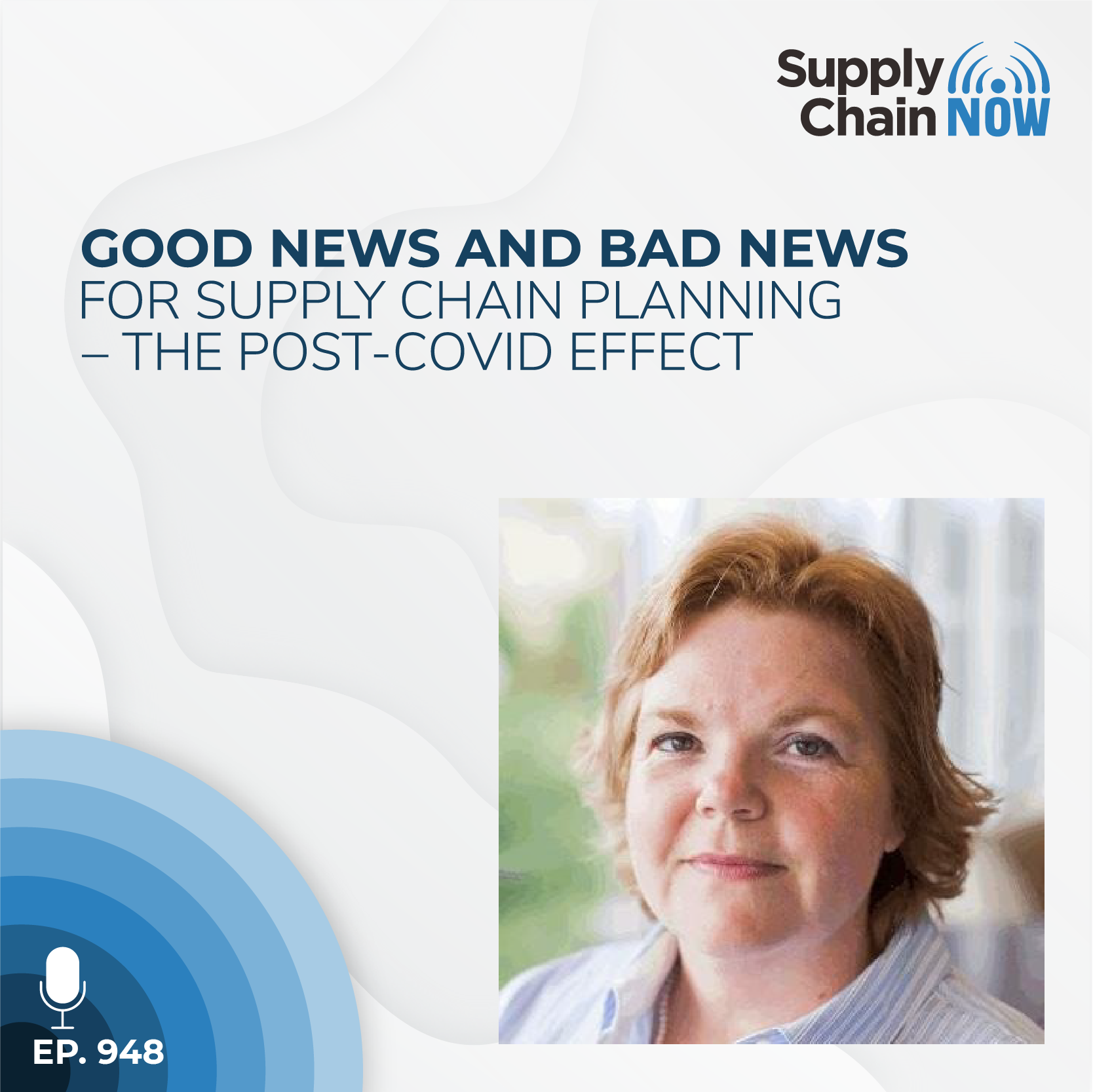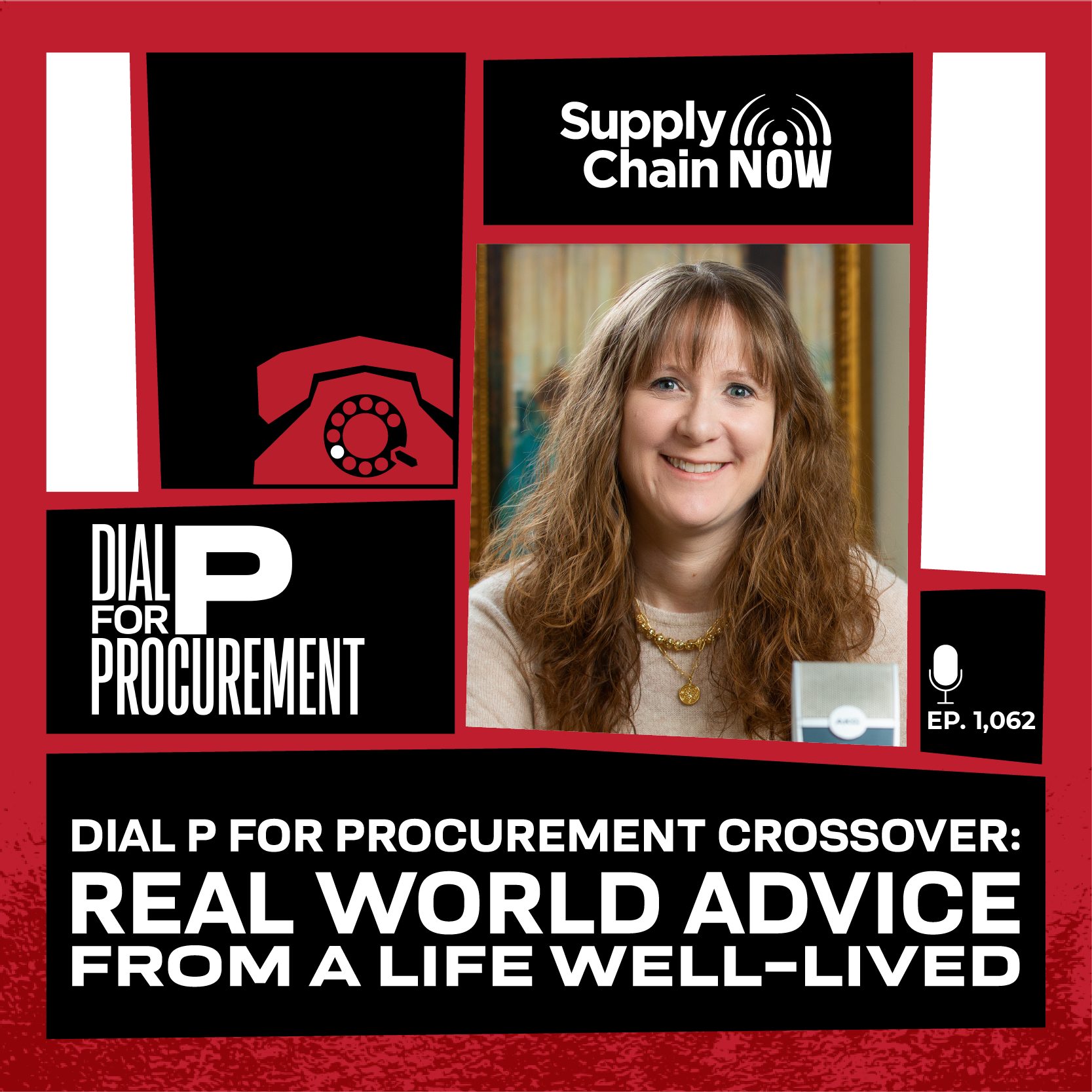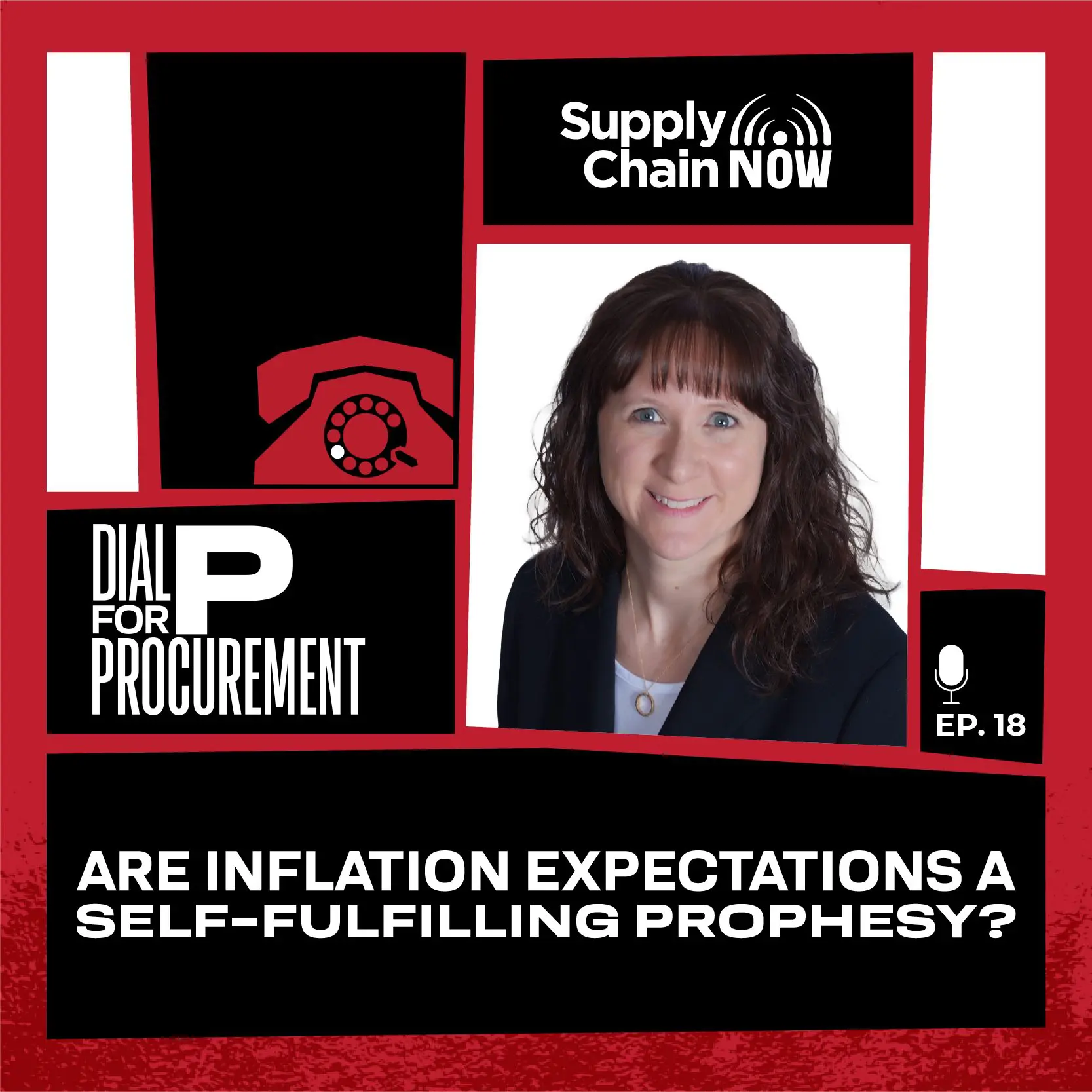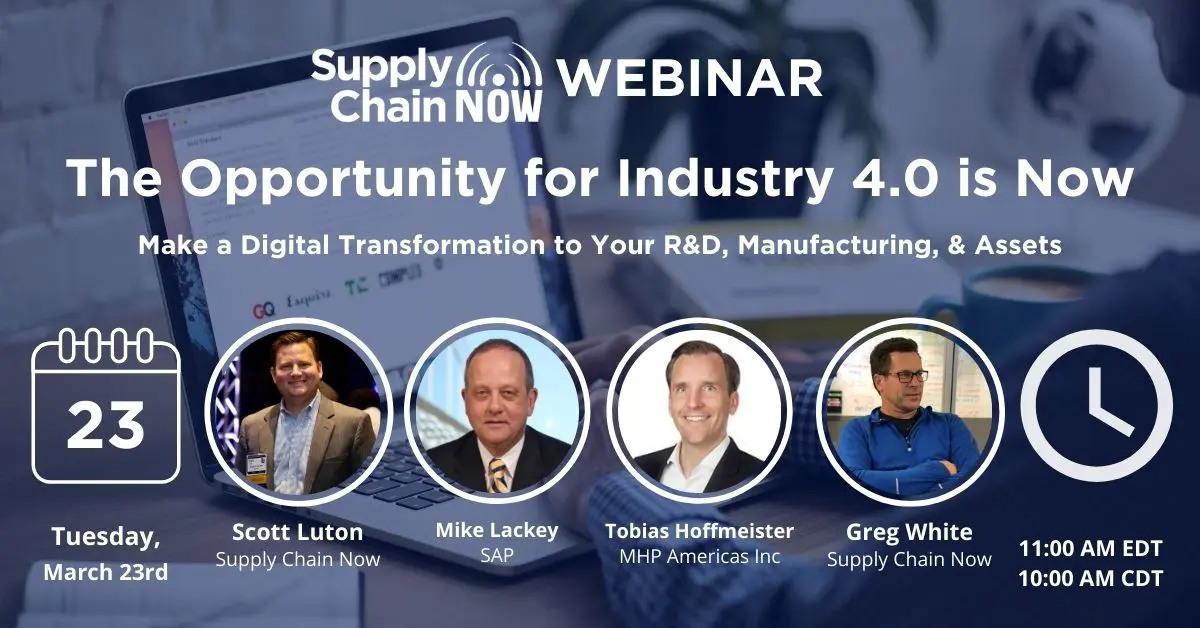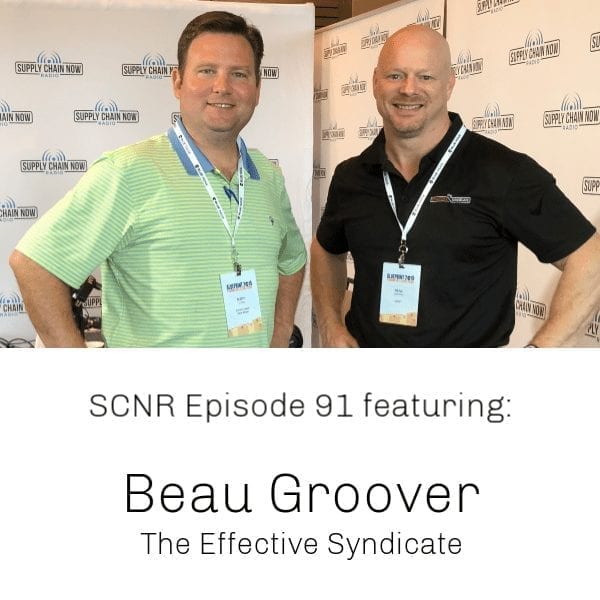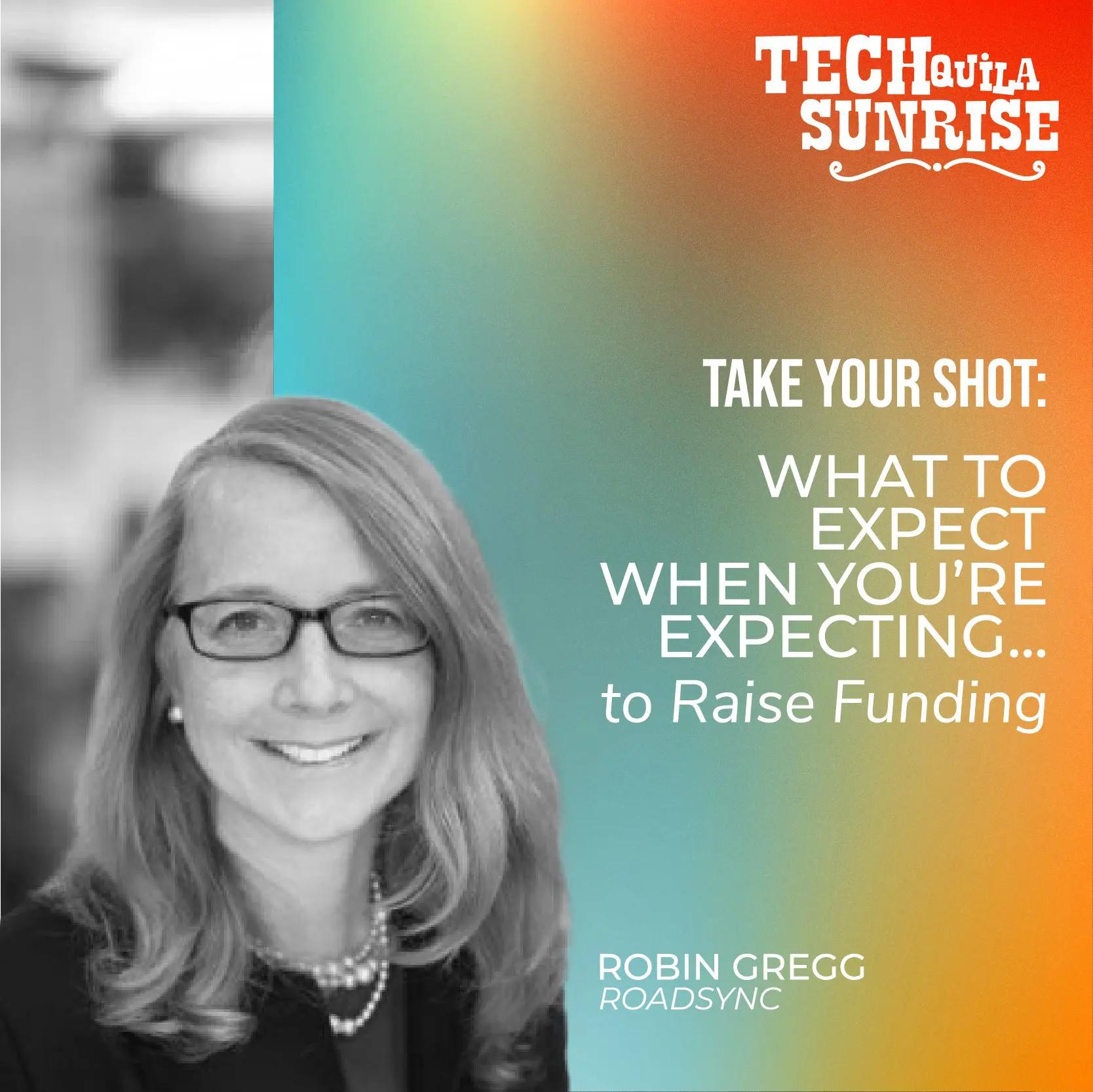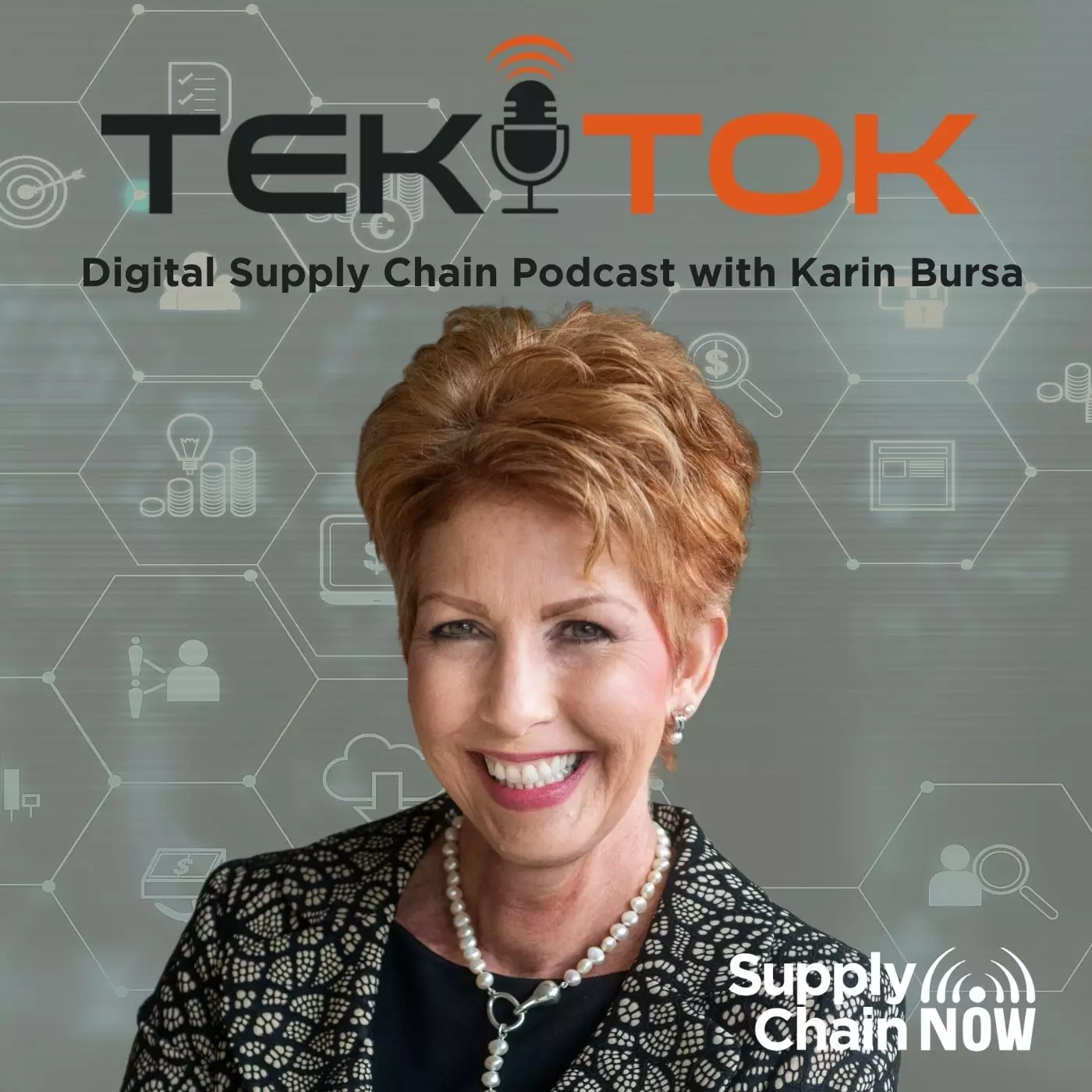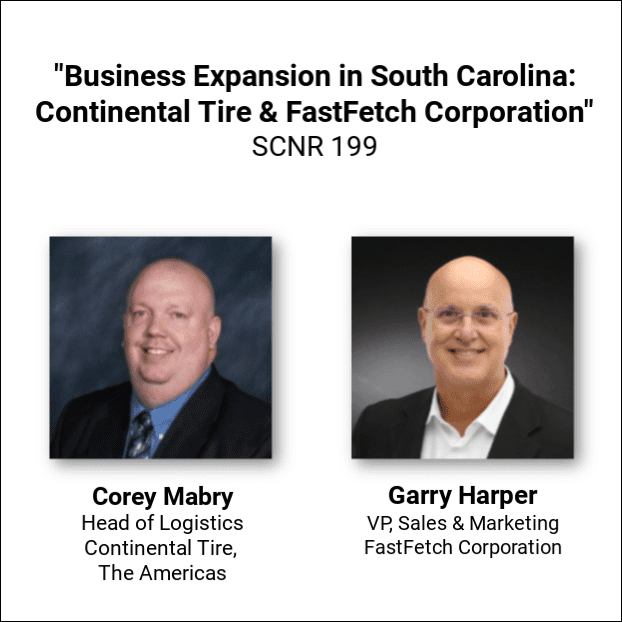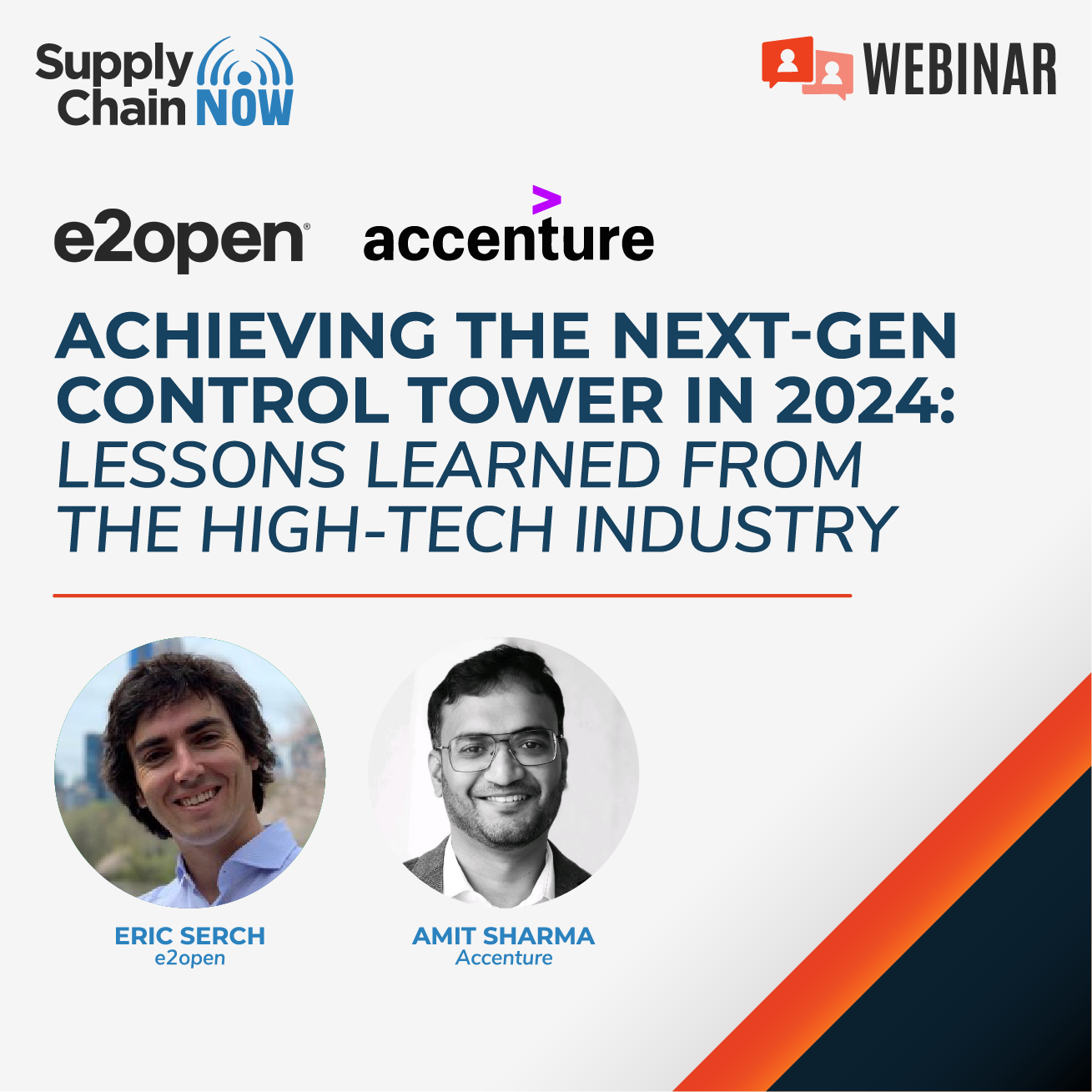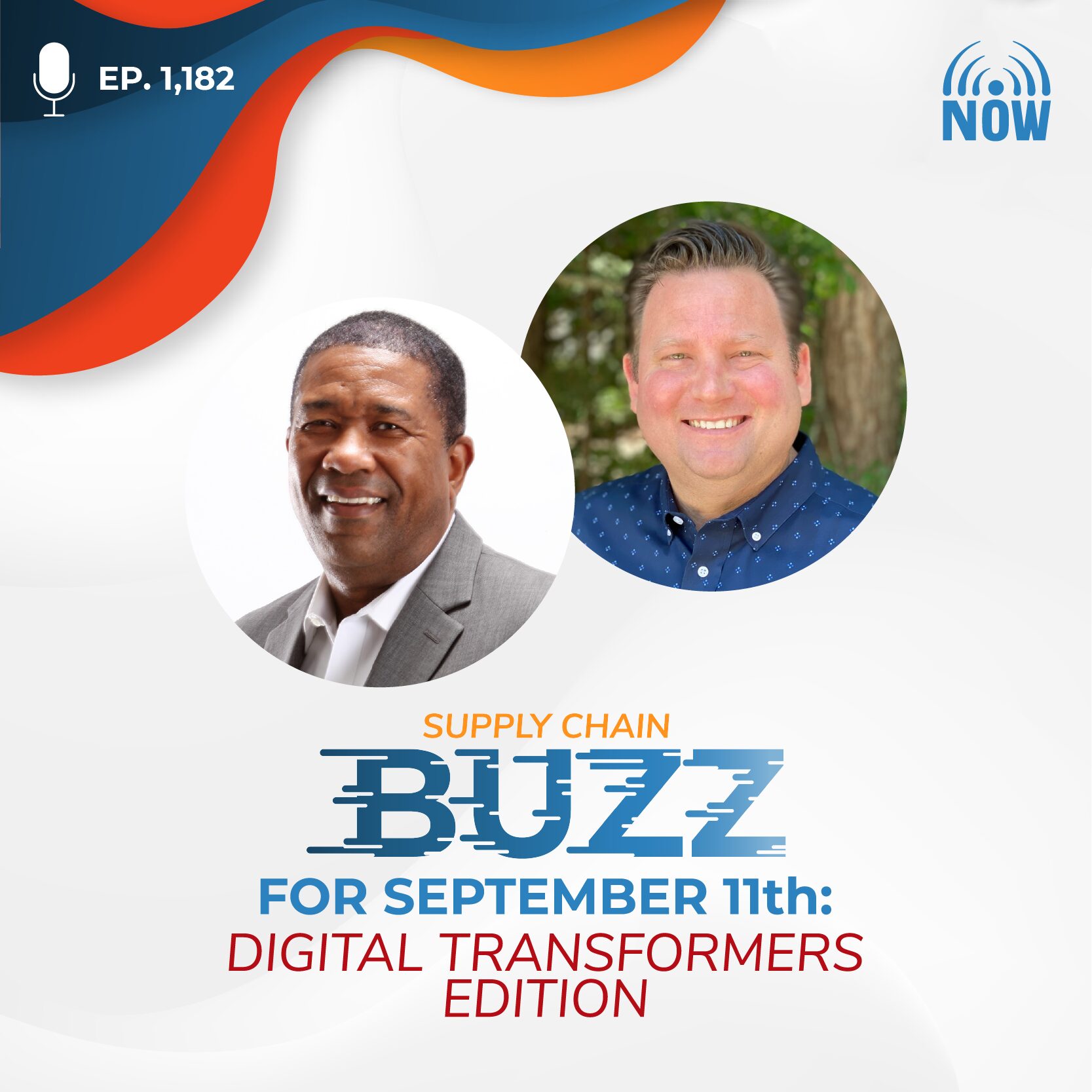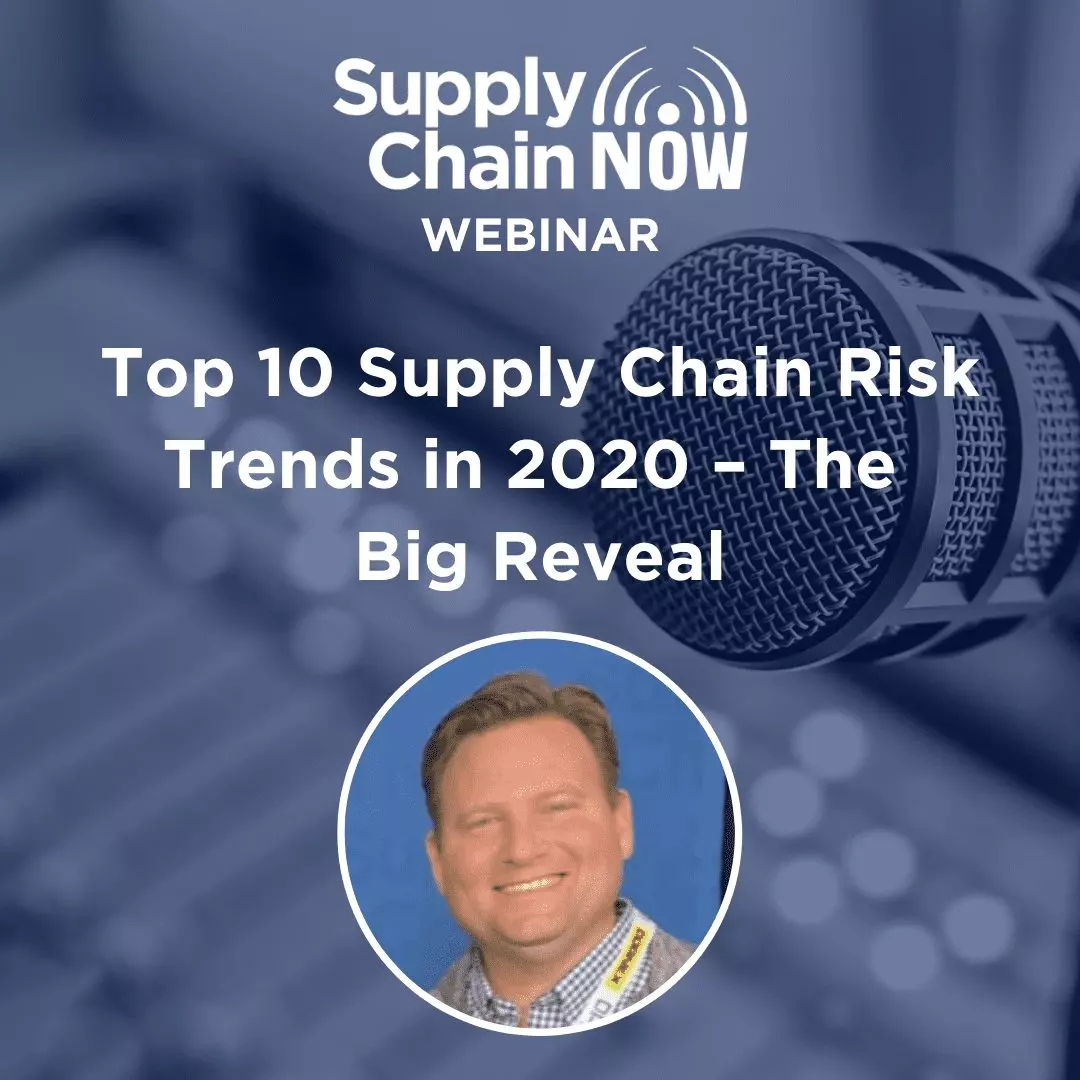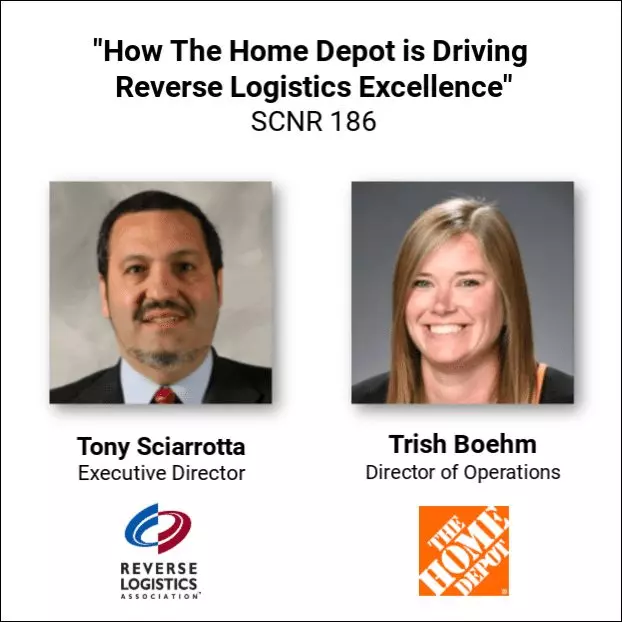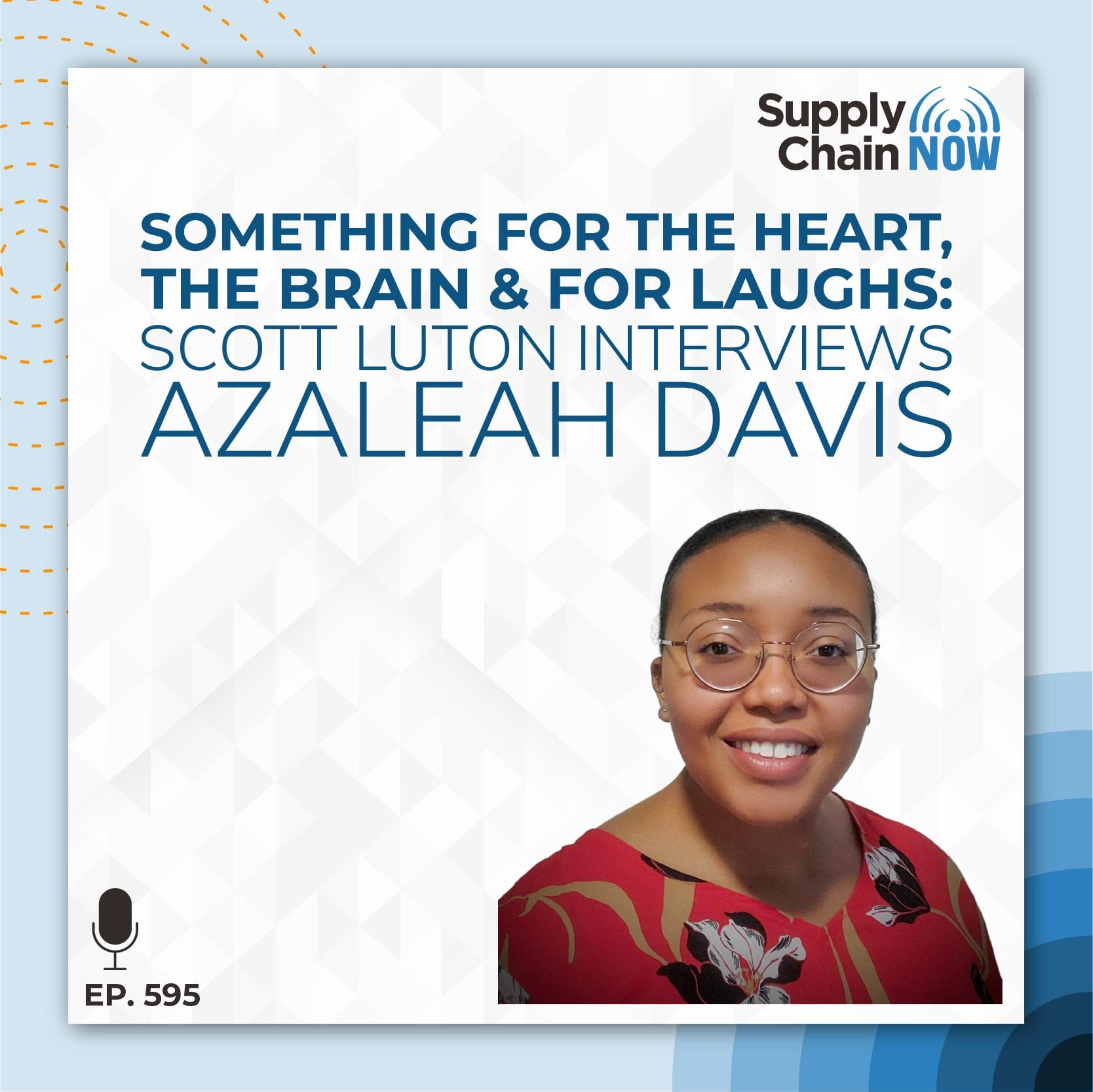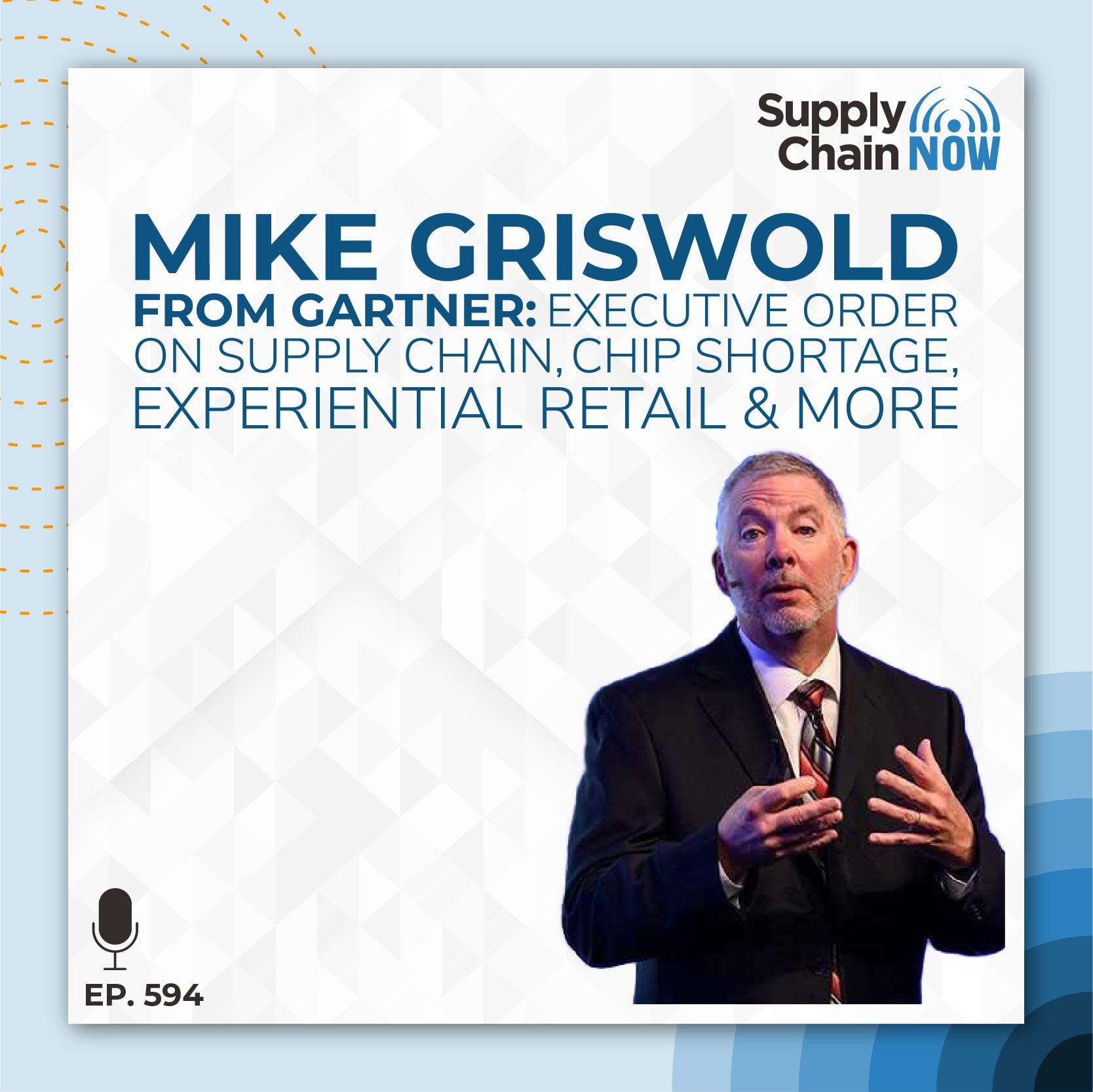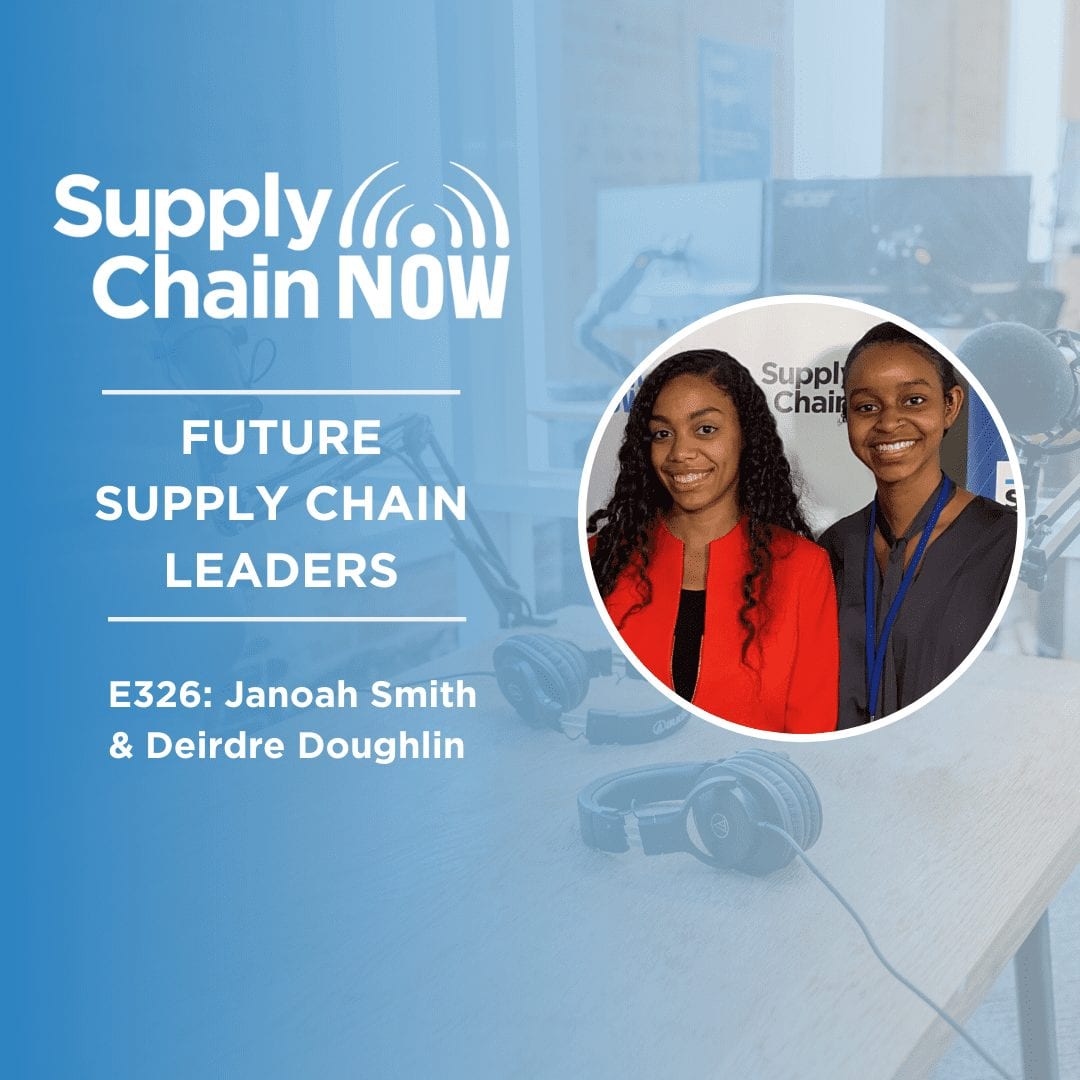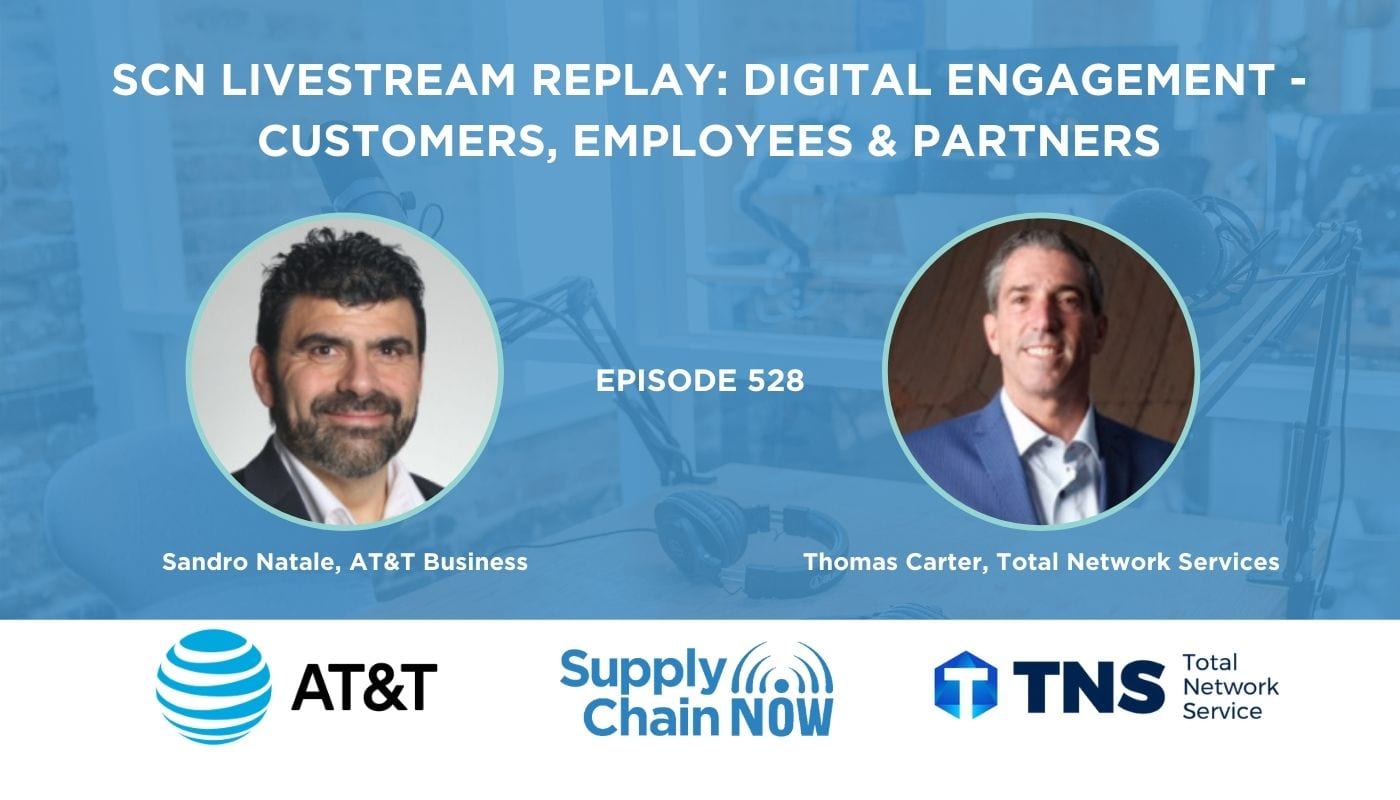
Episode Summary
“Everyone is building a blockchain today, so, if I’m a business and I want to leverage the power of blockchain, do I have to lock into someone’s specific blockchain and I can’t connect to any others?”
– Sandro Natale, Director of Product Wi-Fi, Digital Signage & Ads for Access at AT&T
Blockchain offers dramatic improvement in terms of efficiency and economics: logistics monitoring, enhanced licensing of services, products and software, the digitization of physical assets, and more secure transaction records.
– Thomas Carter, Founder and Chairman of Dealbox and CEO of Total Network Services Corp.
With everyone suddenly working and living from home, digital advertising and engagement have not only expanded, they have become far more critical to corporate top lines across industries. And the data networks that support this new approach to connecting with customers not only have to be complex and sophisticated, they also have to respect and protect consumer data privacy.
Sandro Natale is the Director of Product Wi-Fi, Digital Signage & Ads for Access at AT&T and Thomas Carter is the founder and chairman of Dealbox as well as the founder and CEO of Total Network Services Corp, two organizations that are focused on bringing blockchain to bear on today’s business challenges.
In this conversation, Sandro and Thomas share their points of view on the following with Supply Chain Now Hosts Kevin L. Jackson, Greg White, and Scott Luton:
· How networks of computers and interconnected devices are changing the way companies approach innovation
· Some of the key usability concerns that will increase adoption of even the most complex technologies
· New opportunities to create digital trust and security that have been brought to light by the pandemic and how blockchain may hold the answer
Episode Transcript
Intro/Outro (00:00:05):
It’s time for supply chain. Now broadcasting live from the supply chain capital of the country. Atlanta, Georgia heard around the world. Supply chain. Now spotlights the best in all things. Supply chain, the people, the technologies, the best practices and the critical issues of the day. And now here are your hosts.
Scott Luton (00:00:42):
Good. Thursday morning, everybody. Scott, Lou, Greg white, and Kevin L. Jackson with us here on supply chain. Now really excited about today’s live stream. Kevin, Greg, how are y’all doing? Hey, thank you. I’m doing great. This is awesome. Agreed. Agreed. Great. I’m doing fantastic. It’s been busy already. I feel like it’s been a full Workday already. It, yeah, it feels like this is like Thursday, January 24th when you’re starting your Christmas shopping yet. That’s the question. Yes. My wife started my Christmas shopping yet. It was good to have one. Sure. I’ll be getting a note anytime, but you know, one of my, in the comments I bet Greg. Yeah. Right. Well, Hey to our audience, today is the latest installment of our newest series. Digital transformers with the one led by the one only Kevin L. Jackson powered by the team here at supply chain. Now, Greg, we’ve been excited about this series for quite some time, right?
Greg White (00:01:53):
Yeah. I mean, I’m glad we’re doing it. You know, we’ve, Kevin has been, it feels like you’ve been part of the team for a year, but, um, and maybe it has been a year, at least that we’ve known him, but yeah, I’m glad that we got this, this going. This is a great, um, extension of our, of our reach and, and a great extension of, I think the value that we can bring to the community. So I agree. I agree really. Um, first of all, thank you very much for letting me join the family. I think, um, it’s, it’s, it’s really a great time to highlight all of the changes across, across all of the industries. That’s why sort of named it digital transformers, because that’s what everyone is doing, that they’re transforming their business models, transforming, uh, their processes. And they’ve been forced to infuse technology into everything they’re doing. So I think this is, this is going to be exciting. Agreed. And, and plus digital go bots just didn’t sound
Scott Luton (00:03:00):
Right. That it Kevin. All right. Well, Hey to our audience, thanks so much for tuning in. We’ve got a great conversation, uh, teed up and we want to hear from you. So throughout the conversation, we’re going to be peppering your comments and insights along with our two featured guests here momentarily. And, uh, we know Greg that our community will bring it as always, uh, along those lines. Let me go ahead and say hello to, uh, Michael Avra is with us. Of course. Great to have you back with us. Teak is here with us via LinkedIn. Of course, Amanda’s behind the scenes. Thanks so much, Amanda, for driving things. Nick rumor is with us. Uh, Nick hope this finds you well, looking forward to reconnecting with you soon. He already, he’s already answered this first question. Christmas shopping online or in store. Definitely. Definitely online. I mean, what we’ve been doing for the last four years, frankly.
Kevin Jackson (00:03:56):
Good question for, uh, uh, for Sandra.
Scott Luton (00:04:00):
Yes. Yeah. And we’re gonna, we’re gonna, uh, tune in and get his perspective here just in a minute. Gary Smith says hello from Roslyn, Gary. I hope this finds you well, minnows is ready to get down to business. Minnows will try to pose this question here to our panel here momentarily. And I want to say hello to one other person. Uh, where did that? Well, we got it. We got a full slate lined up. So thanks to our audience for joining us here. Excited about this conversation. One quick programming note, before we get started, if you enjoy today’s live stream, be sure to find us and subscribe wherever you get your podcasts from search for supply chain now and subscribe for free. So you don’t miss great conversations, just like this one. All right. So Greg and Kevin, we’ve got to get to work. You already. Yeah, let’s get, want to welcome in our featured guests here today. Sondra and Itali director of digital signage, wifi and ads for access products at and T business and Thomas Carter CEO, total network services and founder and chairman at deal box. Perfect. How’s everybody doing?
Thomas Carter (00:05:08):
Good. Good, good, good morning.
Scott Luton (00:05:12):
Pleasure to have you both with us. We enjoyed, uh, Sandra, you were sharing some of the, uh, your work, your digital works of art and the pre-show really enjoyed that. We’ll see if we can weave that in at some point in the conversation, but Sandra and Thomas, welcome, and really excited to share your perspective with our audience here today, right? Kevin.
Kevin Jackson (00:05:29):
Oh yeah, absolutely. I’ll tell you this. This is really what digital transformers is all about. Highlighting industry leaders and how to really leverage digitalization to improve their business. Um, digital engagement is key to every business, but the challenge is where are your customers? What are they doing about your employees?
Kevin Jackson (00:05:58):
Don’t forget the me to reach out to those. And even more importantly, in today’s world, a virtual world, your business partners, your own ecosystem. So know companies really need to know who do you need to target, how to target it? Is it, is it through, it’s not through the television anymore, right? It’s that device that we’re all tethered to every day, every minute. You know, what about signs as we’re walking around? Uh, what other digital, um, uh, contacts do we need to focus on? So, uh, I’m really looking forward and we’re going to kick this off with, I think probably the guru of digitizing, the customer experience, uh, Sandra Natallee, Sandra, Kara, you thank you very much for, for joining us here, but first, could you kind of explain your portfolio with at and T and, and how it can be used to support digital transformation?
Sandro Natale (00:07:08):
Yeah. Thanks Kevin. Good morning, everybody. And thanks for the opportunity for sharing what at and T is doing and transforming the user and the customer, the guest experience from a digital perspective. So my role in the organization is, um, I want to, as a product owner, we’re responsible for going out and understanding what the market needs are, where they’re coming, where they’re going, what are some of the challenges and then understanding what their requirements are is, you know, what products are that are unfortunately are solutions that we have at, at and T that allows us to deliver the end result that our customers want. Right? So the products that I, uh, Donald, uh, if you’ve been, you know, we’re also guarding Starbucks and a whole bunch of other locations where we deliver a public wifi from that we, we stand into digital signage, right? So through digital signage, digital communication, and then we have the ads for access product, where in the public Wi-Fi hotspots, how do we subsidize and how do we help our customers covering their cost of ownership when it comes to deploying wifi and digital signage, right?
Sandro Natale (00:08:29):
Because it’s all about the money, right? If I spend a dollar, how do I get $7 back? Right. Right. And what we’re seeing more and more, and this world of COVID-19 is, you know, digital communication is key with a lot of their customers. Right. We’re getting questions like, Hey, did you guys put scanners that tell us, what’s the temperature of the person walking into the store one Oh one, right. Uh, how do we tell people that we’ve hit capacity in our retail locations? And you know, your next thing too. And you know, you’ll be in, in about five minutes, like how do we convey these kinds of messages? How do we deliver this type of information to our, for our customers and our customer’s customers? So these are the kinds of things that we look at and conveying and getting the messaging now from a wifi perspective, from a connectivity perspective, when you look at, you talked about earlier, we’re tethered to these devices, right?
Sandro Natale (00:09:28):
Kids don’t know what it means not to have one of these, you know, um, connectivity is key. So one thing that we really, really do well at ATT is we connect things, right, right. What we’re seeing more and more on our wide fly. And even on our 5g networks is we’re seeing more than just phones, more than just tablets. We’re starting to see, you know, IOT things. We’re starting to see know thermometers. We’re starting to see screens. We’re starting to see cars. We’re starting to see anything technically that has power eventually is going to want to be connected some issues before,
Scott Luton (00:10:07):
Hey, if I can chime in really quick, uh, by the way, hello, Luke small. He, he is a perfect conversation for Luke. Great to have you in the live stream, talk about digital transformation. Um, but you know, Sandra, going back to what you’re sharing here is it’s really neat. This technology landscape we live in because of the messaging, uh, we’re no longer tethered to just the TV. As Kevin mentioned, it can follow the customers wherever they are, and really wherever they want to engage in and wherever the, the, uh, companies and the customers want to engage the consumers. Right.
Sandro Natale (00:10:41):
Yeah. So, yeah. So that’s a good, that’s a good point. Right? So there are tracks those products, as an example, is out of digital advertising, right? So how do I, as a manufacturer or a consumer product, let’s look at a photo manufacturer, you’ve got a company that sells soda and they have their sodas in convenience stores. Right? Well, I could be sitting at home in front of my TV and seeing a commercial on a scroll down. Well, maybe I might get up a little bit of soda in the fridge and drink it because it gave me the urge of drinking that soda, but it doesn’t create that impulsive bias situation. Right? So if we put digital signage in convenience stores and guess what they sell stores and convenience stores and pharmacies are on grocery. So we put these digital signs in these stores where we’re going to run these ads on these digital signs and impulsive buys situation where, Hey, you know what, I could reach out on the shelf and pick up that soda.
Sandro Natale (00:11:40):
Cause I just saw an ad and it reminds me I need to get some soda now sort of one example, but think about it, every single product and a grocer, a pharmacy, big box retail, they all want to get 20 seconds no longer. And even 10 seconds attention from that consumer. And how do you do it? How do you get them to lift their head from this? Or when they’re in a location and you see it a lot is what I use very often. When I talk to my leadership, if you look a lot of the movies like blade runner at the entire building is a digital signage. Right? Absolutely. But one thing, you know, you were talking about how your, um, your customers want to know if your temperature is 101 or 102, or you know, what you are truly doing. That that seems like a lot of data and a lot of intelligence.
Sandro Natale (00:12:42):
How you, how are you doing that? I imagine you’re using things like machine learning, artificial intelligence over these networks. How does that work? Good. So the amount of data that traverses our network is in the Pentagon, right? So one thing that we really, really do well at, at and T is we respect everybody’s privacy. You know, we don’t profile specific individuals. A lot of the data that we’re able to collect is I would get an anonymous for, we can tell our customers, you know, what is the foot traffic that’s going on in their store? So when people walk into their store, more often than another, we can tell them where people for a longer period. Okay. And if we deployed Bluetooth, beacons, we can tell them if they’re facing the North they’re facing South and the Island, right? So this is the kind of information that we can collect for our customers of which once we get that intelligence, once we get that data, there’s artificial intelligence, there’s business intelligence tools that help our customers think decision on what do I do with this data? And that’s one of the problems with data. There’s so much of it. People don’t know what to do, right? So just shooting them, just those customers. I love it.
Scott Luton (00:14:08):
Couple of comments from the audience here real quick. So Nick rumor says technology is perfectly used when it brings people and vision closer together. Nick loved that. Uh, Greg Nick’s always like, uh, a technology poet, isn’t it? I love it. He has the advantage of having been awake for five hours.
Greg White (00:14:26):
It’s more than the rest of us.
Scott Luton (00:14:31):
Um, Jacob says, Hey, isn’t this topic, a delicate dance, because there is so much marketing going on. So many ads, the normal tendency is to ignore mass advertising. Do you believe there’s such thing as taking this too far, even as a privacy aspect and Sandra, any comment, sir,
Sandro Natale (00:14:49):
I completely agree with Jacob. There’s so much advertising. I’ve done all the top 10 revenue generating companies are based on advertising. You’re trying to get as much information on you to make the ads relevant. So if you’re going to advertise something to me, advertise something that’s relevant. If you want 20 minute, 20 seconds of my time, which not 20 seconds today is long. The average attention span is seven and a half seconds. Right? So if you,
Greg White (00:15:22):
I’m sorry, Sandra, what did you say? I wasn’t listening
Sandro Natale (00:15:28):
Very, very important. It’s a very good point. You know, mass advertising avoid the machine gun approach, do it programmatic, do it, do it intuitive and make it worthwhile for the viewer or the consumer to absorb that app.
Greg White (00:15:46):
I think the way that we’re seeing it done and the way that Sandra was talking about it is they’re monitors up in the stores. Um, and it can determine what to show based on who you are now as to the privacy aspect, you’ve selected how much you want to share on your phone. Correct. Um, though, even more is being shared Is based on what you’ve selected to share or not share. So you’re, you’re in significant control of that.
Sandro Natale (00:16:18):
Yeah. They get an opt in opt out option, right? So again, to the point where people choose what they want to give us information and, you know, cautious, everybody, a lot of people are giving up a lot, too much information. Yep. Kevin go here and weigh in. Um, this year has seen a lot of investment in technology because no one’s going in the office anymore. All the companies need to figure out how to do contactless, uh, service to their customers. Everybody’s working from home and there’s, there’s a huge investment in technology in this digital interactivity. Um, but you know, to be honest, it’s only been a few months, three, four or five months is where are we going to see in 2021, as these companies really sort of dive into this technology, they were planning to do four or five years from now, reality is we had some customers reach out to us and say, Hey, we have a big box rolling off a rack.
Sandro Natale (00:17:35):
We have these change rooms that now we’ve closed because no more people to try on clothes in the change rooms for once and the new normal as well. How do we get our customers to know some garment is going to fit them well, right? There’s products out there that we wrote that, that create this virtual reality world that could be standing in front of a mirror and it’s going to put a suit on me. And that’s exactly what I need from my neck to my boss. And it allows me without the ability to write down on the screen, hit the order button, how fat I am honored
Scott Luton (00:18:29):
Kevin, but it’s going to keep it between you and the technology
Sandro Natale (00:18:32):
And the
Scott Luton (00:18:34):
Person doing the alteration. So to,
Sandro Natale (00:18:39):
So I’m going to love that Greg,
Scott Luton (00:18:43):
A few comments here along these lines from the audience. And then, uh, Kevin, I think we’re going to, uh, Thomas get ready to we’re coming to you next, but I’m gonna share a couple of things here. So Daniel says, uh, long Greg, what Greg just shared to make sure we don’t paint ourselves into a corner. We need to make sure we factor in that more connections could be more cyber text-based too. No one wants a hacked toaster
Sandro Natale (00:19:08):
In the changing room, you got these big 48, 65, 78, 75 inch screens on the walls. How do I protect those screens from somebody coming in and putting content on those screens? We don’t want to put in the public card, right, right. Or a telco. Right? So we’re, you know, we’re really into monitoring and managing and creating a very secure environment for all of that digital information, which is a good segue into the next point of this call is we have all this data. We, as a, as a telco and as a carrier, we serve and deliver reliable networks. We comfort our customers by providing a high level of security. Well guess what guys, there’s an even higher level of security. Let me encrypt the information that’s already on top of an existing shared VPN teleco grade type of connectivity to now paint that ease of sharing information. Yep.
Scott Luton (00:20:15):
Sandra loved that. Hey, Murphy’s law is alive and well here in 2020. And we’re getting a little bit of feedback that we may have a speaker on, uh, uh, turned up in one of our BAS one of our Mike or background. So if we could just, double-check our speakers, we’re getting a little bit of a loop feedback. So if y’all check that really quick while I share a few comments, and then we are going to circle back with Thomas,
Sandro Natale (00:20:40):
Okay,
Scott Luton (00:20:44):
Sandra, your point. Michael says, I think of minority minority report when Tom cruise walks by a scanner and automatically knew the buying habits and welcomed him by name, it’s a great point. Uh, Tom Raftery joined us and he asked what he missed. And Daniel Hartman said, Hey, we’ve solved all supply chain issues.
Scott Luton (00:21:04):
That’s it.
Scott Luton (00:21:07):
Hello, Dave, and great to have you in here with us. He says, Hey, that’s coming Mike Abrams. Uh, it’s only a matter of time. Your phone already listens that shows ads based on conversations you’ve had or searches you make. It will happen when a scan or some type of input will tailor a marketing campaign directly to individual users.
Greg White (00:21:25):
It already does happen in Amazon, go stores by the way. Um, and some other stores various in very small samples
Scott Luton (00:21:33):
And social feeds as well. I’m sure we can all relate to that. Uh, Luke small says I predict a rude awakening mid next year when companies realize their heavy investment in digital while enabling things like work from home have not been transformative. Digital strategy will be a big focus next year, where companies look for ROI from their big digital
Scott Luton (00:21:55):
Excellent question. Yeah. That’s probably something that we’re going to have to talk about later is what the C-suite executives need to do, because this is moving fast.
Greg White (00:22:04):
I agree. And what we’re seeing now may not be sustainable trends. Right? I was talking to a company that they provide, uh, Grubbly farms. They provide grubs to the home grown chicken industry, which has exploded this year. And my first question was, yeah, that’s what, it’s better for them to eat that than seafood in my immediate question was what happens when everybody realizes that it’s filthy to raise a chicken and, and there is no shortage of eggs now, right? So I think we’re going to see a lot of those trends coming back around, going to be very delicate dance in that regard as well.
Scott Luton (00:22:50):
Agreed. Hey, Kim, winter. Great to have you here with us. Thanks so much for tuning in from Dubai. One more comment. And then Kevin let’s, uh, let’s move along to Thomas and get some insights around Jane hot topic, but Don says, Hey, granted, augmented reality can determine fit, but it will. It will not be able to replace our feel until you actually wear an article of clothing, drive that vehicle or hold that newborn child in your arms. The human experience can never be totally replaced it, Don. That’s a great point. However, quick counterpoint is the Bach cards from home movement. Uh, you know, you’ve got company companies that are, you know, create the marketplace, the company presses a button, make the transaction. And all of a sudden you’ve got a, uh, uh, a Greg white automobile in your driveway. He’s a, he’s the automotive buff here.
Scott Luton (00:23:44):
It’s a great point is making,
Scott Luton (00:23:46):
But it’s amazing. Just how, how more powerful every day the digital experience becomes.
Scott Luton (00:24:03):
I’m sorry. Distributor of products. I think they’re very solid, robust, reliable RMA process process where I tried on the suit looks great, but what I’ve put it on. I don’t like the velvet. Well, make it easy for that for me to bring it, send it back. Yes,
Scott Luton (00:24:33):
That’s right. Uh, Sandra, that’s going to be, it’s already been critical for years and it’s only gonna be even more critical as e-commerce continues to, to, uh, dominate the scene. In fact, Greg, we were just talking on the buzz last week. I think cyber Monday was 15% in terms of sales. One day 15% of it was last year and it is now the single biggest day of e-commerce in us history, which is, is something that
Scott Luton (00:25:03):
That’s, that’s really, that’s really important. And when you talk about e-commerce, I think this is perfect for Thomas Carter because these, these sites are now going to digital money. And just a few weeks ago, paint Powell announced that they’re going to get big into cryptocurrency. Um, and when we were talking about, uh, security, you know, uh, I know that the cryptocurrency is big, but the underlying technology, which is blockchain people really don’t understand the difference and, and this is really going to get big. So I think Thomas is the godfather here. So, so Tom, can you please clarify the, what is crypto cryptocurrency crypto assets versus blockchain? Because there are two, I mean, on a different, the same, what’s it?
Thomas Carter (00:26:06):
Yeah. Well, uh, I’ll do my best. And, uh, again, thank you everybody. I appreciate the opportunity to, uh, share, uh, on the subject and, uh, yeah, really, you know, defining blockchain and crypto as the name implies, blockchain is essentially blocks of encrypted information stored in a leg or much like a spreadsheet, but on steroids, one block of data is linked to the previous and that’s how it forms a train. And what makes the technology unique? The fact that it’s on a network of interconnected computers that don’t rely on, uh, one entity to facilitate the interaction. So it’s just a network of a lot of computers and the connected machines make up the network itself and they are based on a peer to peer system. Um, you know, that, that, uh, that uses a consensus. So the blockchain is really the key driver. Uh, you know, Bitcoin was the first cryptocurrency and blockchain is really the underlying technology that makes, uh, Bitcoin and cryptocurrencies, uh, work.
Scott Luton (00:27:15):
So does that, um, so it’s this encryption I know Sandra was talking about trying to protect information, protect data. What, what are the key benefits of a blockchain, I guess it must be beneficial if they don’t get corn on top of it.
Thomas Carter (00:27:35):
Yeah, no, well, I mean, for a digital experience, you know, um, you know, blockchain continues to be tested, adopted throughout the economy and for the supply chain really you’ve got, uh, you know, uh, some real key benefits, it more transparent and accurate tracking, uh, end to end. You’ve got, uh, logistics monitoring, enhanced licensing of services and products and software, the digital, the digitization of physical assets, uh, more secure transaction records. Um, you know, there’s just a lot of promise, you know, the promise of dramatic improvement in terms of efficiency and economics is, is, uh, you know, there’s just a lot of great applications for the technology
Greg White (00:28:20):
Because it’s an immutable record and in alterable, it’s, it’s the ultimate, uh, foundation for transactions. And, um, because there are a lot of transactions in supply chain. It’s so incredibly powerful. It’s also great for verifying things like provenance, right? I mean, is it really a Gucci bag or golf, right. And because counterfeiting is very proximately, a significant concern as we start to roll these, these vaccines out, I can see that it’s that kind of vehicle that could, could help to verify the provenance, the authenticity of those, of those types of products. Yeah.
Scott Luton (00:29:07):
Um, like, uh, Sandra was talking about if he’s the, uh, engagement with the end customer. So if you’re at the counter and you see this Gucci bag and you want to buy it, you’re kind of, you’re telling me that now the blockchain will be able to tell me, yeah, that didn’t come from around the corner or down the block. It actually came from a real Gucci factory. And it was, it was created at this time on this date and this location. That’s huge,
Thomas Carter (00:29:40):
Absolutely what we’re doing
Greg White (00:29:42):
It today. I mean, we can tell you, I mean, an Indonesian solo fishermen in a 12 foot, in a 12 foot boat, we can verify that this fish was caught by that guy in this boat and transferred all through the entire supply chain. So, um, you know, I, I love seafood, but there are some things that I would rather have verified, um, than seafood, but certainly really exist to do it.
Thomas Carter (00:30:09):
Okay.
Scott Luton (00:30:12):
I want to go around the panel really quick. Uh, but really quick, you know, Greg, we’ve talked about how there are a goat herders in Mongolia, Mongolia very much that are leveraging, uh, an, uh, a phone app Sandro, a smart app that, that is driven by blockchain, which helps them guide and ensure that their herds are not, uh, their goat herds are not grazing on overgraze lands, which have, has climate change, uh, repercussions, right? And because they can guarantee it with this blockchain driven app, they can make more money for their cashmere. I love those beautiful practical examples, but to that end. So, and so a big thanks to our friend or the, the goat herders for setting standards for embracing a practical application of blockchain. But to that point, we’ll go around the panel when we’ll be, you know, you have a couple of schools of thought, so Greg’s point blockchain and practical examples. It’s already here. So as you’ve been using for years, you’ve got other folks that say, Hey, there’s still not enough widespread skill adoption. What, what shawls going around in the panel here? We’ll start with Thomas. When, when does that take place? You think,
Thomas Carter (00:31:25):
You know what? You brought up a really good point. Adoption is complete and making crypto easy is key. Instead of that long alphanumeric tactic decimal, a public key that people look at and go, gosh, I don’t even want to, like, what is that? So, you know, one of the, uh, we solved that with, uh, total network services with our digital names. So now you could have dollar sign and Kevin, and that name sits on top of that long alphanumeric key. And that’s really, what’s going to help the adoption is to make it easy and to have that human readable name, it’s the same instance that happened, you know, with the internet, the internet didn’t really get a lot of adoption with IP addresses, you know, who wants to play two Oh one.one.one 87 dot three, eight and five. I’d rather stay@apple.com. You know,
Greg White (00:32:15):
I hated that one anyway, Thomas.
Thomas Carter (00:32:20):
And so having a simple human readable name, you know, Kevin and them having a, um, you know, having that also be an owner operable salute I could work across right now that digital names, uh, work across a 250 plus blockchain. So I think making it easy and, and, and, um,
Sandro Natale (00:32:40):
You know, is really going to help the adoption. And that’s one of the key drivers that, uh, total network services that we’ve launched that product names. And it’s really starting to take off outstanding. Thomas adoption is just around the corner. Kevin cabby. Next, one of the things you mentioned was interoperability. I mean, everyone is building a blockchain today, are these just thousands of different silos? So if I’m a business and I want to leverage and use the power of block chain, do I have to lock in to someone’s specific blockchain and I can’t connect to any others? Well, you know, it’s just depending on the application that, you know, the use case that you’re wanting to achieve with the blockchain. So, and again, that’s what we’re looking at with solving the interoperable solution. If you can, a lot of these are siloed solutions and really having something that’s interoperable is going to help connect them all. And those are some of the things that we’re working on right now with, uh, leveraging the MCID technology with telco devices, uh, and, and putting that, uh, Emmy ID on the blockchain to help deliver, uh, you know, easier, uh, uh, blockchain solutions over, uh, mobile devices. Hey, I got a question for you. Can you solve for my seven passwords that I have? Yeah.
Sandro Natale (00:34:05):
Get a digital,
Greg White (00:34:09):
Well, Mike AME, along these lines, my gave says, being able to tell exactly where your source material comes from more ethical and socially responsible decisions. Excellent point, Michael, that’s going to be able to verify that something’s free of conflict minerals or wasn’t slaves built, or I just think that is so, and Kevin you’re doing it, you know, with source connect, you’re doing it to verify diverse supplier networks. Right. So
Sandro Natale (00:34:38):
Absolutely that information provenance right there voting is going to grow. You got to
Greg White (00:34:46):
Sound off on this. So go for
Sandro Natale (00:34:48):
Voting big issue. We gotta, we gotta verify ballots.
Greg White (00:34:53):
Yeah. I’m actually working with somebody on that. Yeah.
Sandro Natale (00:34:58):
My chain of command, you know, works for surgical masks during this period, right? You think there’s a little bit of an influx for this, right? Um, through multiple intermediaries, they ended up losing a couple of million dollars because the company that took the money for the masks, they needed 50% upfront. Guess what disappeared? Well, now they’re showing the middleman and the middleman and saying, Hey, I just connected you guys, right. Replaces middleman.
Scott Luton (00:35:38):
Well, Sandra, even a further, uh, take your point. One step further is we saw a ton of, of, um, uh, counterfeit, PPE materials and products and, and goodness gracious. That’s the last thing we need as we fight through the pandemic and hopefully break fruit breakthrough really soon. So great point, Sandra. Um, all right.
Greg White (00:36:00):
Solution and salt pills vaccines as well.
Scott Luton (00:36:04):
Well, between from vaccines, PPE voting, uh, the issues Greg, you mentioned, you know, slave labor and conflict minerals, you know, supply chains. We’ve seen so many stories here lately. Supply chains are really in supply chain leadership, uh, with a lot of global companies are really getting a lot more serious to bring these topics, uh, surface level. So if something can be done about it, there’s a ton more work to be done, but, you know, leveraging some of the technology, we’re all speaking to are going to be critical in that, in that quest
Greg White (00:36:36):
Concerning pharmaceutical. Let me address vaccines. Uh, you know, I think, I think Scott, you make a great point when will adoption increase in adoption will increase when, when professionals and, and managers and C-suite executives start asking for a complex problem to be solved rather than asking people to use blockchain, to do something. And that’s when adoption will increase, we need to let the businesses folk on focus on the business problems and let and let blockchain professionals and SA and crypto professionals focus on if that’s the right. So if that application is the right solution for that problem, part of the, part of what we hear in industry over and over, and Scott, you know, this part of what we hear over and over is people they go and go, we’ve got a blockchain initiative. We have no idea what to do, but we’ve got a block. It’s a, it’s a hammer.
Scott Luton (00:37:42):
Well, we hear that a ton. And I think that’s part of the challenge, going back to what each of y’all really have, have, have pointed to or touched on is, you know, we don’t need to embrace technology just for the sake, because it’s the latest and greatest. It needs a, it needs to move the needle and these, and these adds to the bottom line. It needs to enhance the customer experience that each of y’all have touched on. And he’s, that brings security and, and, um, you know, uh, a sense of security to different supply chains or processes like voting. Um, so excellent points here at Sandro. You, um, you pointed out, we had a comment here and, you know, sometimes LinkedIn doesn’t allow us to know exactly who this may be, Rhonda, but regardless, Amanda, if you could make sure we know who mentioned this, but not to mention blockchain for tracking pharma, supply chain fraud, and now verifying and tracking vaccines tests, et cetera. This is, you know, uh, pharma supply chain fraud existed long before this, this noble mission that we’re, that supply chains are, are, are, uh, uh, endeavoring on now, which is the vaccine to COVID-19. So, uh, we’re going to get gains across a variety of different pharmaceutical supply chains. And that was, uh, Jennifer, Jennifer, thanks so much for making that comment. I really appreciate that.
Sandro Natale (00:38:57):
And I think the COVID-19 vaccine is probably be one of the, I think in history, a vaccine, that’s going to be used by billions of people as fast as they can that flood Gates of fraud and chase the result. They’re trying to make a quick buck and hurting people while doing it. That’s putting up their websites and say, get your vaccine here. So blockchain could really, I guess, make their supply chain and distribution much more efficient and, and cut costs from the supply chain infrastructure. I know, um, that’s one areas that, that Thomas was looking at. Yeah. There’s, you know, I mean, blockchain has the potential to drive cost savings. I mean, it’s just, there’s so many benefits. Uh, you know, we’re really, uh, you know, chase stability, transparency, all of it. It’s going to solve a lot of our problems. I think we’re going to see most, in my opinion, that this is going to be one of the biggest shifts of, you know, technology shift that we’re going to witness,
Scott Luton (00:40:13):
Uh, great point. I want to bring in Tom, Tom brought a, an aspect of this that we haven’t touched on yet, which I love. So we have a blockchain based track and trace solution for pharma, for counterfeit avoidance, but also to aid with recalls. That’s, you know, that’s one thing we haven’t touched on yet. Any, any commentary from our panel there about how blockchain can aid with recalls,
Greg White (00:40:36):
Anything that, that identifies the product and its flow through the supply chain, if it acts substantially as the lot number, which is what organizations use to, to usually conduct a recall,
Sandro Natale (00:40:50):
Right? It can allow it to make the loss smaller, right? Sometimes you’re going to do a recall on a law. Maybe 50% of it is good, right? You make those lots smaller and using blockchain to make that happen. You know how to get a return on your investment, save the company money.
Scott Luton (00:41:17):
Great, great point. A T-score squared who always holds down YouTube, uh, here. Great to have you in the conversation. Blockchain is a clutter eliminator and a game changer, but you know, it’s, it’s back to this. Um, it’s like blockchain seemingly has been on the slow burn for years now. I mean, uh, I’m really hoping. And Greg, we’ve talked about this a lot, kind of bringing it full circle is, um, you know, 20, 21 may be that, that tipping point for when, even the folks that are the, that are doubting Thomases, that just don’t think it’s, you know, the flavor of the month when you know, it’s going to transform the business global business. We’ll see what 20, 20, 2021 brings to bear in terms of adoption. Um, I’m pretty optimistic. I don’t know about y’all no, none of that doubting matters because the die is already cast on blockchain. We know what to do with it. It’s got incredible value of people who are doubting or they’re only hindering themselves.
Thomas Carter (00:42:18):
I’m not doubting over here
Scott Luton (00:42:24):
Doubting no one should.
Thomas Carter (00:42:27):
Yeah. Uh, we’re you know, um, deal box, we’re tokenizing a lot of, uh, companies and digital issuance, uh, for, you know, having the ability to take all that friction around, uh, the removal of like a transfer agent and, uh, you know, uh, DTC, eligibility, all the things that are needed to that kind of, uh, are heavy around capital markets is all relived because we could program all this into these smart securities for the applications for capital markets is, is big. And, you know, just the whole industry, there’s a lot of application for blockchain and it’s definitely going to change the future and make things a lot easier and more authentic.
Scott Luton (00:43:13):
Scott, Thomas, Tom, what he’s talking about, does your favorite word democratization in investing? So it is it’s, it is an incredibly freeing technology when, you know, when applied to the right problems and that’s, that is one of our favorite movements, especially the democratization of technology, you know, when you’re in, when you’re providing access for all, and that is such a powerful movement. Um, one I admire and, uh, I I’ve definitely appreciate that, Greg. And we’ll see how that continues to fuel the democratization of, of access and technology. And you name it to the small, know the smallest players, which is a really important, so Sandro to kind of, um, you know, as we, as we start to wind down the conversation, this conversation is flown past. I want to make sure that our listeners know how to connect with both of y’all, but before we do that, you know, um, folks, sometimes, sometimes folks love to break out their crystal ball and talk about what’s around the corner.
Scott Luton (00:44:16):
I love hearing, I mean, just in the, pre-show what you’ve shared here today, some of the really neat ways that companies are engaging their customers in, in really new and exciting ways. Pre-show you touched on, uh, the Dallas Cowboys, the legendary Dallas Cowboys, sorry, Greg, uh, how the Cowboys and this era where, you know, there’s not, you can’t max out stadiums, but how they’re using technology to, to, to, uh, give fans a heightened experience. What, what else in that vein, what else might you see around the corner that, that we may see a lot more of as, as consumers and, and sports and the easiest you name it.
Sandro Natale (00:44:57):
Yeah. And that, that’s a good point. So, you know, we had this product that was catered for the sports and entertainment industry, and it was primarily, it goes into the sporting arena where the fans would engage in a virtual reality AR experience with our digital displays and to ultimately be able to take a picture with, in this case here, you know, some, uh, professional players from the Dallas combo, right. Well, how do I have a fan engage in the new fan experience when there are no fans in the stadium and saying, well, how do we make healthy version of that? So now we put something that was concrete bolted down to the floor in a brick and mortar location, and brought a virtual to the cloud where now I can take a picture of the doc Prescott, my kids right before I could have only done it in the stadium. So this is one example of what we have to look at in 21 is how do we reach to, we reach out to the consumers that are in their house. They may or may not be going to the local retail shops, but we do go to the local retail shop. How do I make that experience for them worthwhile for them? Now, do I make a dot wonder in my shop? We don’t leave empty handed.
Scott Luton (00:46:18):
Mm love that, you know, and along those lines, Sandra, you know, especially in, uh, you know, you’re like 20, 21 when you welcome those three and a half hours of football, just so you can kind of take a, uh, a mental departure from everything else. And, and I love those examples of technology where you’re enhancing those experiences, right? Customer experience and tip of the hat to our dear friend, Stephanie tomb, and many others customer experience is, is, is permeating every aspect of business, uh, you know, supply chain they’re putting in their head a lot more that the, the specific discipline, right? There’s been elements behind customer experience the phrase and, and the methodology for, for forever, but the specific discipline of, of really fine tuning that, and really, um, enhancing those interactions with the consumer. I love it. It’s another great movement that we’re big fans of here at supply chain. Now, Greg, we talk a lot about here lately in particular about customer experience, right? Gotcha. Um, I’ve got you on mute. Sorry. That was me.
Sandro Natale (00:47:24):
Welcome to zoom people in supply chain. That is the goal. Isn’t it?
Scott Luton (00:47:30):
I mean, is, is the customer experience, right? Nothing else, but delivering the goods.
Sandro Natale (00:47:36):
That’s right. You have to manage the digital interaction with your employees there at home. Remember, and, uh, also your business partners, they’re at home also. So yes, customer experience is important, but don’t forget the employee experience. Don’t forget your business partner experience. All of these technologies are needed to enhance your digital interaction across all of your networks. Great point, Kevin, you look at one of the products that we brought to market as for, you know, the quick serve and the casual serve restaurant business, or everybody’s experienced that you go into a restaurant and you take your phone and you scan your card on the table and you get the menu, right. You’re getting it the menu. How do I order? Right. You still need a human to come there and take your order. You just make it instead of door dash I table dash, where it did all being waved down, or you’re not running back and forth. So that’s a way that we are transforming even the consumers experience when they’re sitting in a restaurant ordering a beer, because I see it as a lot of beer discussions going on in the chat here,
Scott Luton (00:49:04):
You know? Um, and, and I think we just got to, yeah, it’s got notification table dashing has been filed for patents. So some of,
Sandro Natale (00:49:15):
Yeah,
Scott Luton (00:49:15):
There’s a tip of the hat in the, at T and T of course, because Jerry’s world that the home of the Cowboys, uh, Michael ever says that that stadium was the first place ever used my phone to enter the stadium with no paper ticket. His dad got really upset because he’s got a ticket collection for events he’s attended over the years. But, you know, beyond that, I mean, think of the, you know, for me at least pre pre pandemic, um, you know, some of the events we went to and, and bind, for example, buying parking tickets for the Braves in the longer, if you bought it right before the game, you don’t have to get it FedEx to you and, you know, same day or two days out, whatever it gets delivered right there to your phone. And, and just that easy convenience of, of scanning that barcode kind of Sandra, what you were sharing and the transaction’s done, and you can park your car, no tickets, no boots, nothing.
Sandro Natale (00:50:07):
What’s that the scalpers more like it. Yeah. Good point.
Scott Luton (00:50:13):
So Kevin, we have really, uh, we we’ve gone around the world and then some here we’re about 10 till the top of the hour. Um, let’s make sure Kevin, that our audience knows how to connect with Sandra and Thomas. Right,
Sandro Natale (00:50:24):
Right, right. So I know we a lot
Scott Luton (00:50:28):
About blockchain, but I know Thomas has a site make crypto easy.io where you can click on and learn about what crypto is and versus what blockchain is. And it’s actually a nice tutorial, uh, about everything that we’ve talked about. And, uh, with respect to that, that customer experience and that digital outreach, if you go to a, at T and T business, uh, under the enterprise, uh, link, you can find content and entertainment, and that’s all a sign droves offerings and capabilities that, uh, any business needs to really look at and infuse into their new business models so they can reach out to their customers, their employees, and their, um, business partners. And if anyone wants more information to, with respect to what we’re talking about, just follow me on Twitter, Kevin underscore Jackson on LinkedIn, and I’ll, I’ll get you in contact and get the information to you. I wanted to share real quick. Uh, I’ve got a real comprehensive resource, uh, for blockchain and crypto and my Thomas carter.io under the resource tab. It’s a pretty comprehensive, everybody can find, you know, anything about at any level of blockchain and crypto. Uh, there it’s, uh, it’s a great resource for folks. Outstanding. Thank you, Thomas. Where’s the best place to get, uh, get to you online? Uh, well, Thomas carter.io, um, you know, my LinkedIn. Okay.
Scott Luton (00:52:18):
And the good news is we’ve got, uh, Sandro’s and Thomas’s LinkedIn profiles in the show notes. So one click to connect with these incredible resources and thought leaders in their respective, uh, divisions. Hey, Sandra. Um, what, what, what’s the best side again? Is it 80 and t.business?
Scott Luton (00:52:39):
W w what’s the Skype business.com.
Scott Luton (00:52:46):
Great. Amanda, if we can drop that in business.att.com, let’s drop that in the comments as well. Uh, thank you so much to you, both. We hope to have you back. Uh, we gotta keep our finger on the pulse of these, um, innovative technologies and applications that, that both of y’all the whole panel has been speaking to, um, Sandra Bright before we, uh, we swoosh it out. Any final comment on your end?
Scott Luton (00:53:10):
The only comment I have to get to a lot of folks before we should have these conversations is planning for the future and the future needs. These are good, robust action, and make sure it’s secured.
Scott Luton (00:53:21):
Great point, Sandra and Thomas.
Scott Luton (00:53:24):
Yeah, well, I, again want to make
Thomas Carter (00:53:26):
It easy for everyone. So, you know, uh, having a digital name, uh, is going to, I think, really help people, um, with the adoption of crypto and, and you just kind of make it simple and usable and, and we’re really trying to solve those problems that, uh, total network services. And again, appreciate the time and everybody here. So thank you.
Greg White (00:53:47):
Excellent. Well, really huge. Thanks to Sandra and Itali director, digital signage, wifi and ads for access products at and T business and Thomas Carter CEO, total network services and founder and chairman at deal box. Thank you to you both.
Thomas Carter (00:54:03):
Thank you.
Greg White (00:54:09):
Excellent. Oh, we almost had a final word there. I think that we’ve had a little bit of lag on the network here. Uh, home-base at supply chain now headquarters, but Hey, Murphy’s law. There’s one thing that’s 2020 T wifi. Yeah, we’re gonna have to switch. I know I’ve gotten in Sandra maybe right on top. Kevin. I love that. It’s really tough, uh, to work through. Uh, there’s so much more there between Sandro and Thomas that we didn’t get to, but we’ve gotten some good feedback from the comments we’ve made a lot of ground in the short amount of time we have, but you know, Greg starting with you, I want to get each of your key takeaway or two from, from what, uh, Sandra and Thomas shared. Greg, what would that be from where you sit? Well, I think we’ve heard a ton of different applications of those technologies.
Greg White (00:55:05):
And, uh, I, you know, I would echo Sandro’s, uh, kind of final point, which is make it as safe as possible and recognize that you, as consumers, as carriers of the, of the ultimate destination device, you control that you can control it with how you share, uh, with EV with every site. Nowadays, when you go to a site, there’s an accept cookies, a big, beautiful button that says, accept cookies, a tiny little, uh, hardly hard to see link where you can configure that. So you don’t get ads. If you don’t want them, or you don’t send analytical data. I would encourage everyone to find that tiny little link, um, obsessive about it. Uh, and we can think, believe it or not the European union for that, for the GDPR initiative, which allows us to share as much or ceased to share as much as we desire. So that’s one thing. And then the other is, um, you know, don’t be afraid of this advertising if you’re controlling that, Hey, you know, I thought it was nice that, that, uh, Sandra was talking about soda when he went into a convenience store. But what I would love to see is when I walk in the store is them to know they should just have an arrow that points to the beer, and that’s all I need beer and what Greg was.
Scott Luton (00:56:26):
Well, you know, I like caffeine free diet Coke. Point me there to the caffeine, free diet Coke section cherry Coke would be great too. All right. So Kevin, you know, again, so much there, I know we couldn’t get to everything that Sondra and Thomas can speak to. On top of that, they’re leading so many exciting initiatives. We, you know, getting 50 minutes, we barely scratched the surface, but what are a couple important things you think folks should really pay attention to?
Scott Luton (00:56:53):
Well, the first thing is that as a society, we really need to take more responsibility for our own information like Greg was talking about, you know, take the time to configure what type of data goes to, uh, these organizations that are collecting information and data and understand that every device that you interact with from your smartphone to your toaster, to your vehicle, they’re going to be collecting data. So every one of them will have that little hard to find button somewhere. But, um, more importantly is that we also, as a society, me to stop being afraid of technology. Now, there was a time where you can learn something and you’d be great for the rest of your life because it wouldn’t change right. Day things change every day, every hour. I know my wife complains about the fact that, you know, she wakes up and they’ve done a new update to her smart phone. And the button is now over. There was a different color or, you know, um, we, we need to be prepared for constant change and accept constant change. You know, that the name of the show digital transformers is apropos because we all need to digitally transform our life. So, so that’s what I got away from that.
Scott Luton (00:58:33):
I love that. It’s such a great, great comment to kind of wrap up on, but I’m going to ask you one more dish. One more quick, final question, Kevin, because in the tweet chat you were on yesterday, uh, you coined the word and it seemed to get a bunch of tension from your Twitter. What was that word? It was like a combination of,
Scott Luton (00:58:53):
Yeah, digital. Yeah. I’m not gonna claim it Mo uh, Caterpillar actually, um, uh, senior vice president at a T and T um, he coined it when I was working with him when they were actually developing the, uh, pose with the pro uh, product with, uh, at and T at the, uh, at the at and T stadium. And it’s that, that combination of what a merging of the physical and your digital life. And we all have to be physical from now on.
Scott Luton (00:59:30):
I love that. I love that. All right. Well, I hate to wind this thing down, but really have enjoyed this conversation, uh, wide ranging conversation, but really, you know, um, example, application, example, application, you know, really enjoyed kind of our approach here. And, and, and, uh, Tom, I think dropped in, uh, everyone’s mentioned beer, Tom rapper dropped in application and the comments, I think it’s called tapped where folks can, um, can identify, tastes and rate the beer right there in the moment as you’re enjoying it. So Tom is a few hours ahead of us. He might be enjoying one already. Hey, Kevin, Greg, looking forward to the next, uh, installment of digital transformers. Let’s make sure folks can connect with you. Kevin, what was the beyond click, the transform your, your bestselling book? I think we’ve got a link for that in the show notes. How can they talk in folks?
Scott Luton (01:00:30):
Yeah. On Twitter at, uh, eight at Kevin underscore Jackson on LinkedIn, you can find me Kevin L. Jackson, all on Facebook, Kevin L. Jackson. So I look forward to, uh, digital transformers on, uh, on supply chain now. And, uh, well, this was great. So, so thank you.
Scott Luton (01:00:54):
Agree. Thank you so much, Kevin, the pleasure to continue to partner with you. All right. So Greg, before I sign off, man, that there’s so much going on. This has been a jam packed week, uh, and, and we’re still not done. We’ve got two more shows here today with
Scott Luton (01:01:10):
You guys are busy.
Scott Luton (01:01:13):
We’re trying, we’re trying, but Greg what’s, what’s been, you know, uh, I know we had a special interview yesterday morning, but what’s what, uh, leave us with something that uplifts and inspires us and channel.
Greg White (01:01:26):
Yeah, sure. Um, well let me, let me start with, uh, uh, I spoke lectured, I guess, to an MBA cohort last night at Kennesaw state university, unbelievably insightful questions, hyper intelligent individuals, and, um, really engaged in a class where we did it like this. We did the class like this, so it was a pretty amazing experience. The future of supply chain is bright. Um, and, and, you know, as for the presence of supply chain, I’m glad he’s right here to me.
Scott Luton (01:02:01):
I’m glad Kevin’s
Greg White (01:02:02):
On this side of the microphone with us because he’s been on several shows with us. I’m glad to have you on this side of the microphone, Kevin, you probably don’t even recognize it, but you slipped in and brilliant segue in, uh, in the show today. So, um, you know, you’re
Scott Luton (01:02:20):
Talking about a relevant topic, there’s a ton of information interest, and most importantly confusion around that topic. So there’s a great opportunity for clarification there. So I’m really happy that digital transformers as part of the roster, I couldn’t, I couldn’t have said it better, Kevin. That’s why I’ll let Greg sign off. It, it, he makes it seem a lot more eloquent, but on that note, hopefully to our audience, thanks for all the comments and, and insights and, and, and humor. It’s important to maintain that sense of humor in, in, in, uh, these, these, uh, these times. So thanks for tuning in, thanks for everything you brought to our audience. Hey, um, again, if you enjoy these conversations, you can see a lot more@supplychainnow.com. Uh, we’re going to challenge. Y’all just like with challenge our own team every single day, do good. Give forward, be the change that’s needed. And on that note, we’ll see you next time here.
Featured Guests

Sandro Natale was handpicked to oversee the deployment of Wi-Fi, Digital Signage product offerings with AT&T to large-scale businesses, ensuring suitable price points and functionality. He was selected to manage cross-functional teams to ensure the proper delivery of all features to clients and developing go-to-market strategies for company product offerings, ensuring offers are well communicated to drive customer demand and seller awareness. He leads product development efforts to ensure design, scope, and delivery of all contractual features.

Thomas Carter is an entrepreneur innovation futurist with over 25 years capital markets fintech experience. He has taken two companies public and has helped over 400 with capital markets advisory. Thomas is the founder and chairman of Dealbox, a digital issuance capital markets advisory company focused on emerging blockchain ventures. He is the founder and CEO of Total Network Services Corp, a blockchain infrastructure company focused on technologies that make blockchain crypto easier.

Kevin L. Jackson is a globally recognized Thought Leader, Industry Influencer and Founder/Author of the award-winning “Cloud Musings” blog. He has also been recognized as a “Top 5G Influencer” (Onalytica 2019), a “Top 1000 Tech Blogger” (Rise Social Media 2019) and provides integrated social media services to AT&T, Broadcom, Ericsson, and other leading companies. Mr. Jackson’s commercial experience includes Vice President J.P. Morgan Chase, Worldwide Sales Executive for IBM and Engility Corporation Director Cloud Solutions. He has served on teams that have supported digital transformation projects for the North Atlantic Treaty Organization (NATO) and the US Intelligence Community. Kevin’s formal education includes a MS Computer Engineering from Naval Postgraduate School; MA National Security & Strategic Studies from Naval War College; and a BS Aerospace Engineering from the United States Naval Academy. Internationally recognizable firms that have sponsored articles authored by him include Cisco, Microsoft, Citrix, and IBM. Books include “Practical Cloud Security: A Cross-Industry View” (Taylor & Francis, 2016), and “Architecting Cloud Computing Solutions” (Packt, 2018). He also delivers online training through Tulane University, Germanna Community College, O’Reilly Media, LinkedIn Learning, and Pluralsight. Mr. Jackson retired from the U.S. Navy in 1994, earning specialties in Space Systems Engineering, Carrier Onboard Delivery Logistics and carrier-based Airborne Early Warning and Control. While active, he also served with the National Reconnaissance Office, Operational Support Office, providing tactical support to Navy and Marine Corps forces worldwide.
